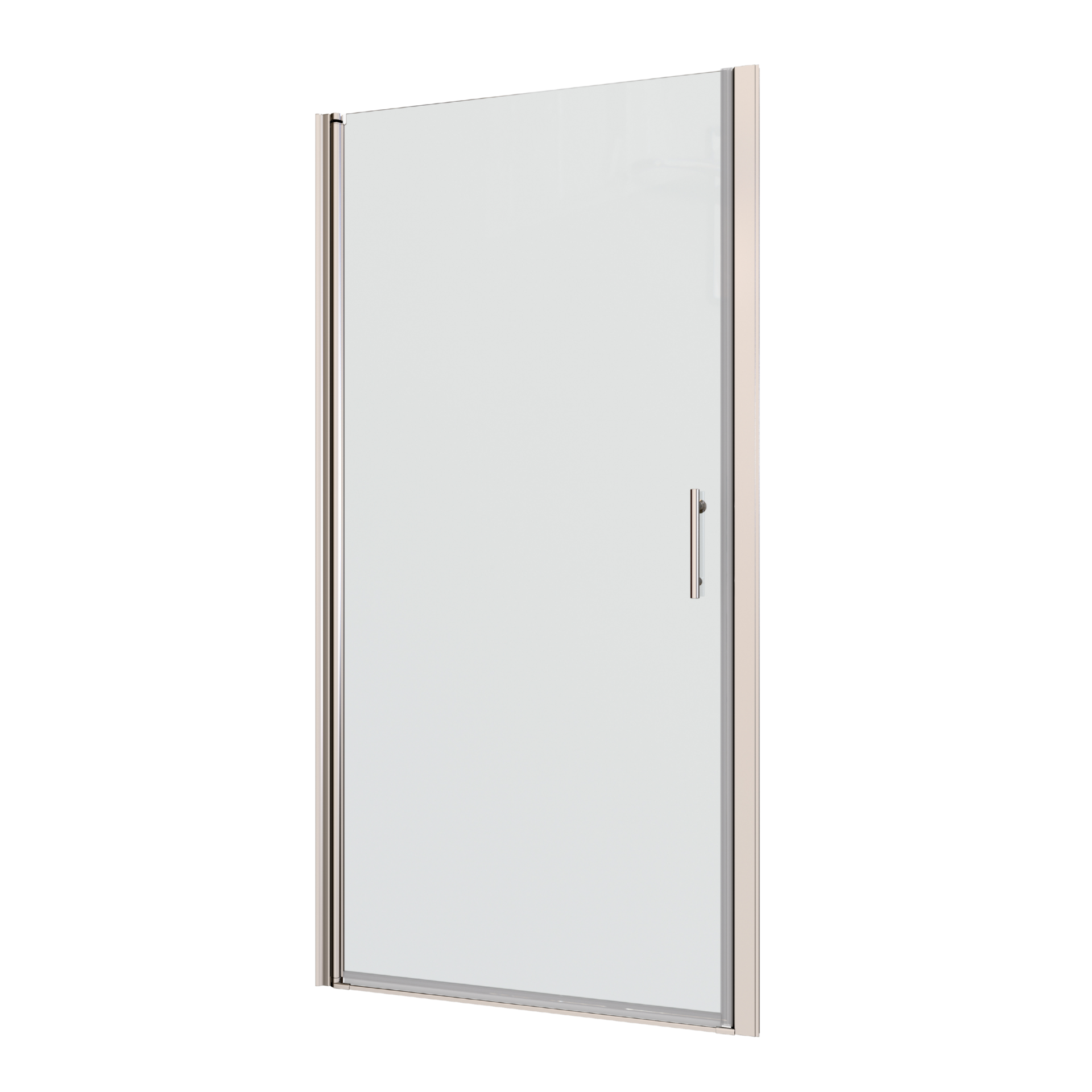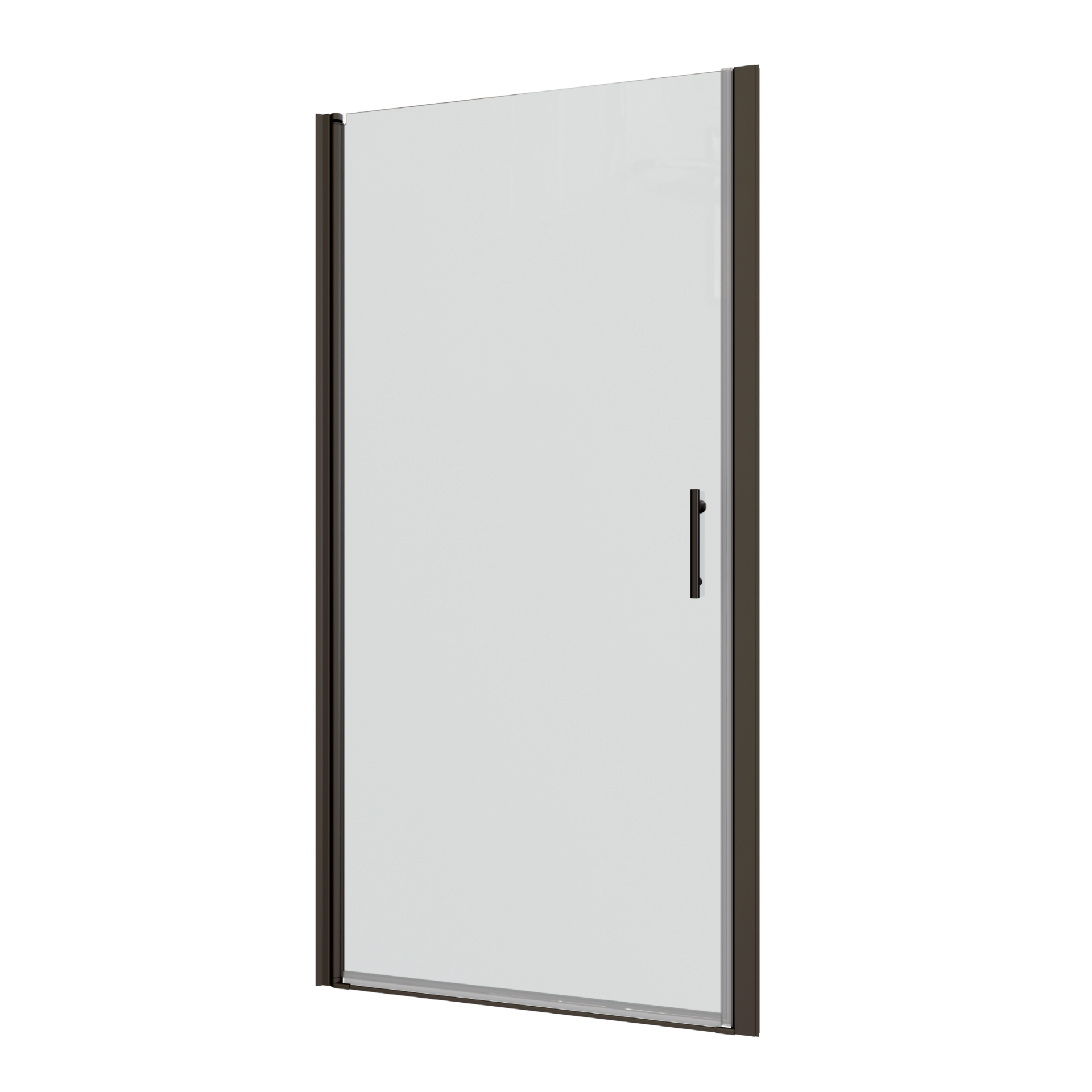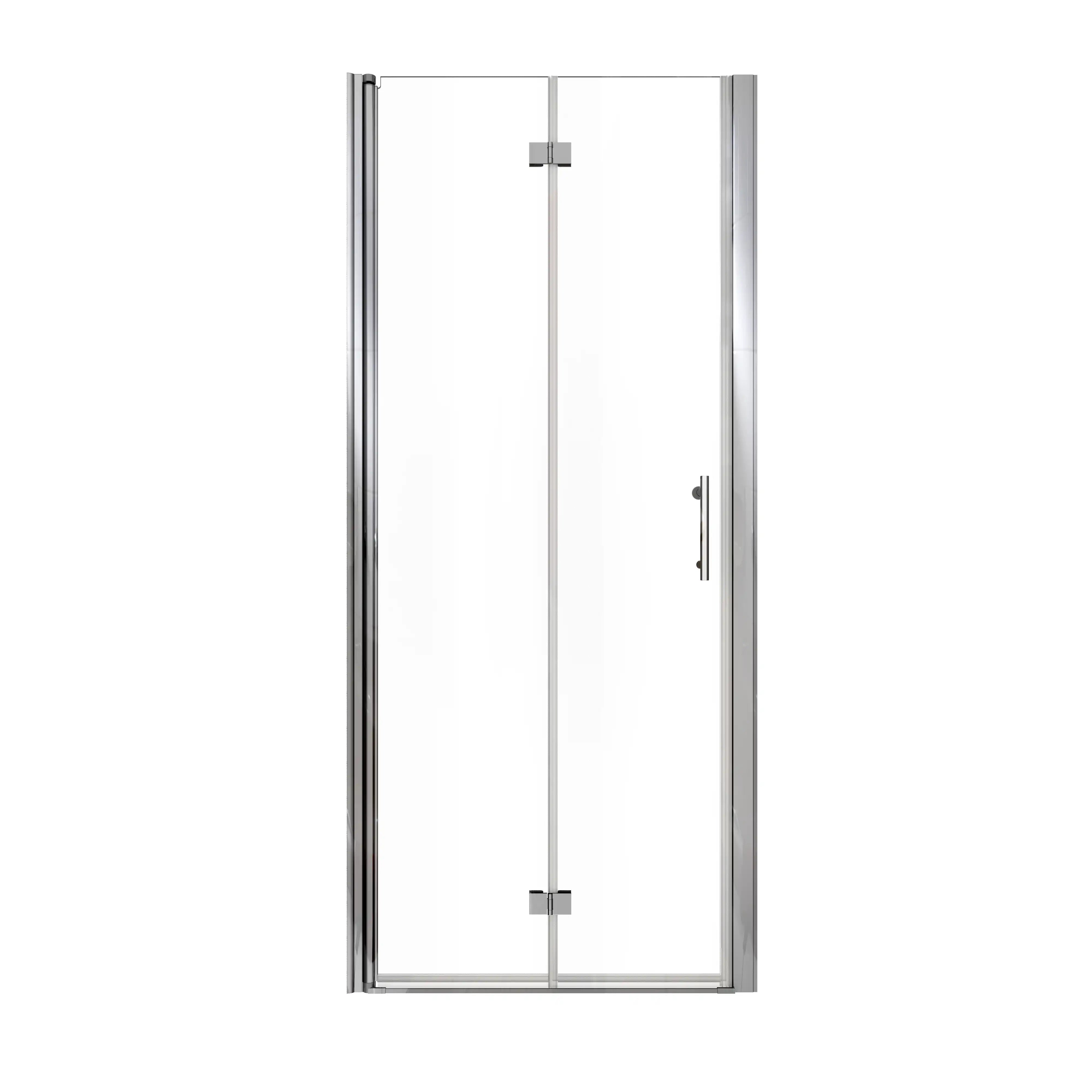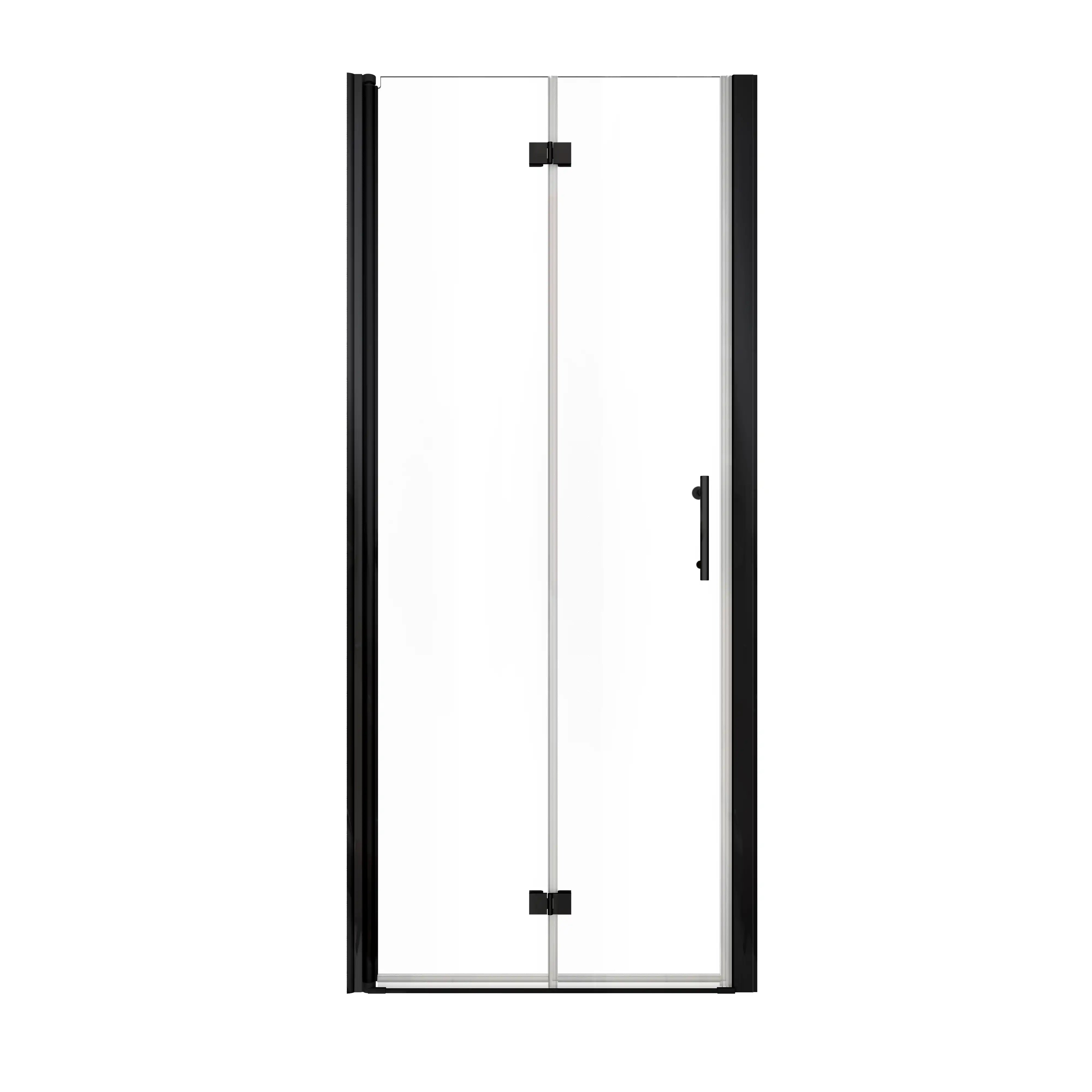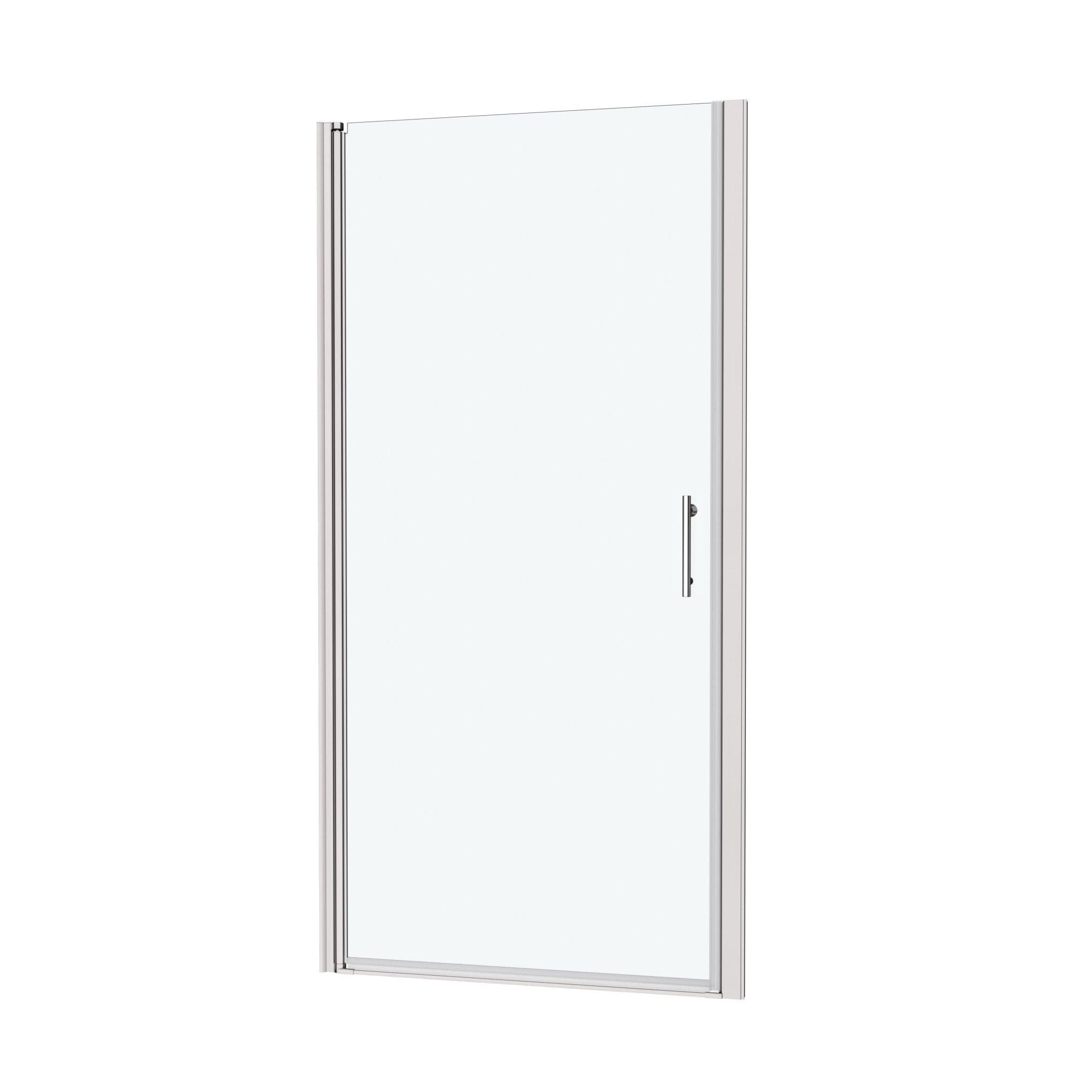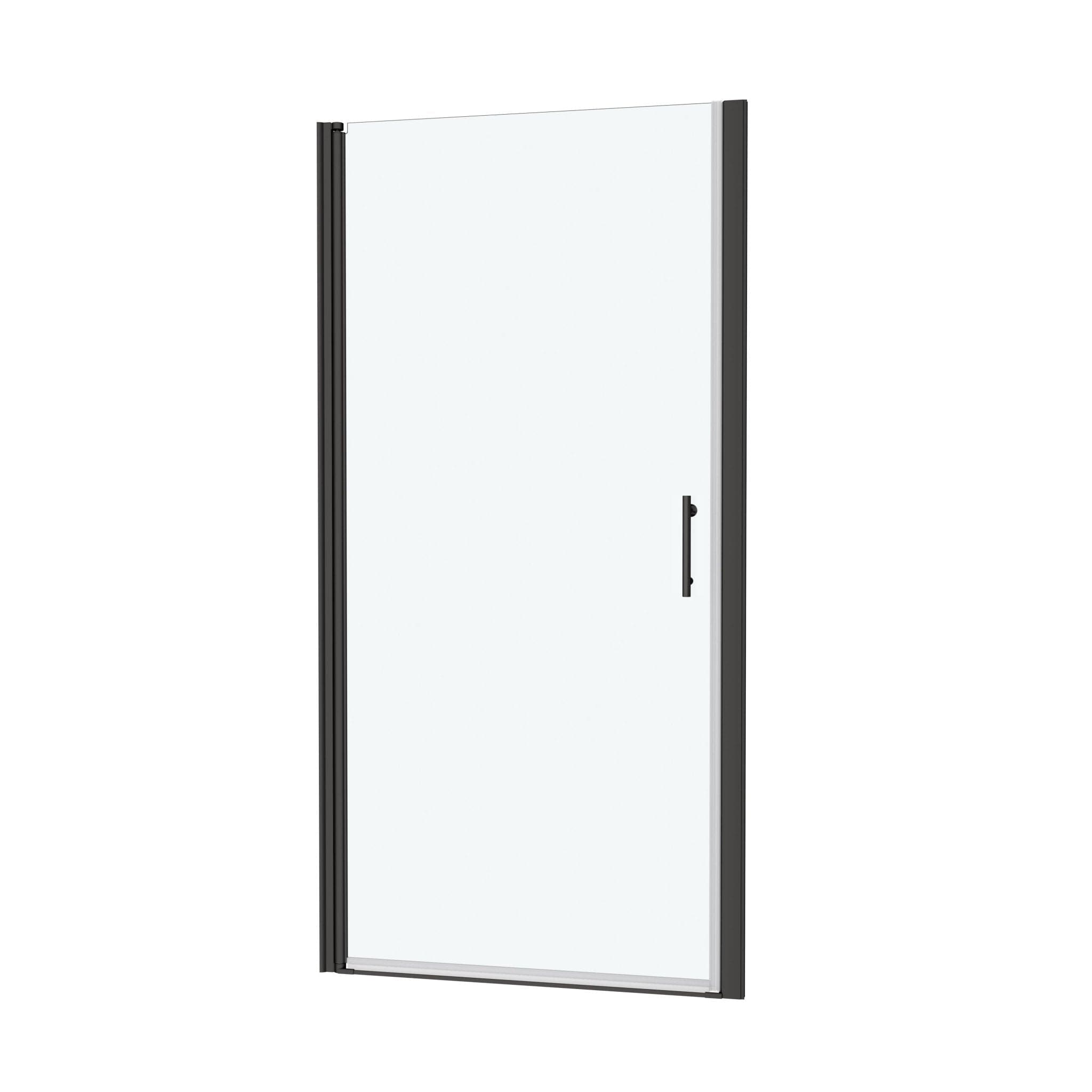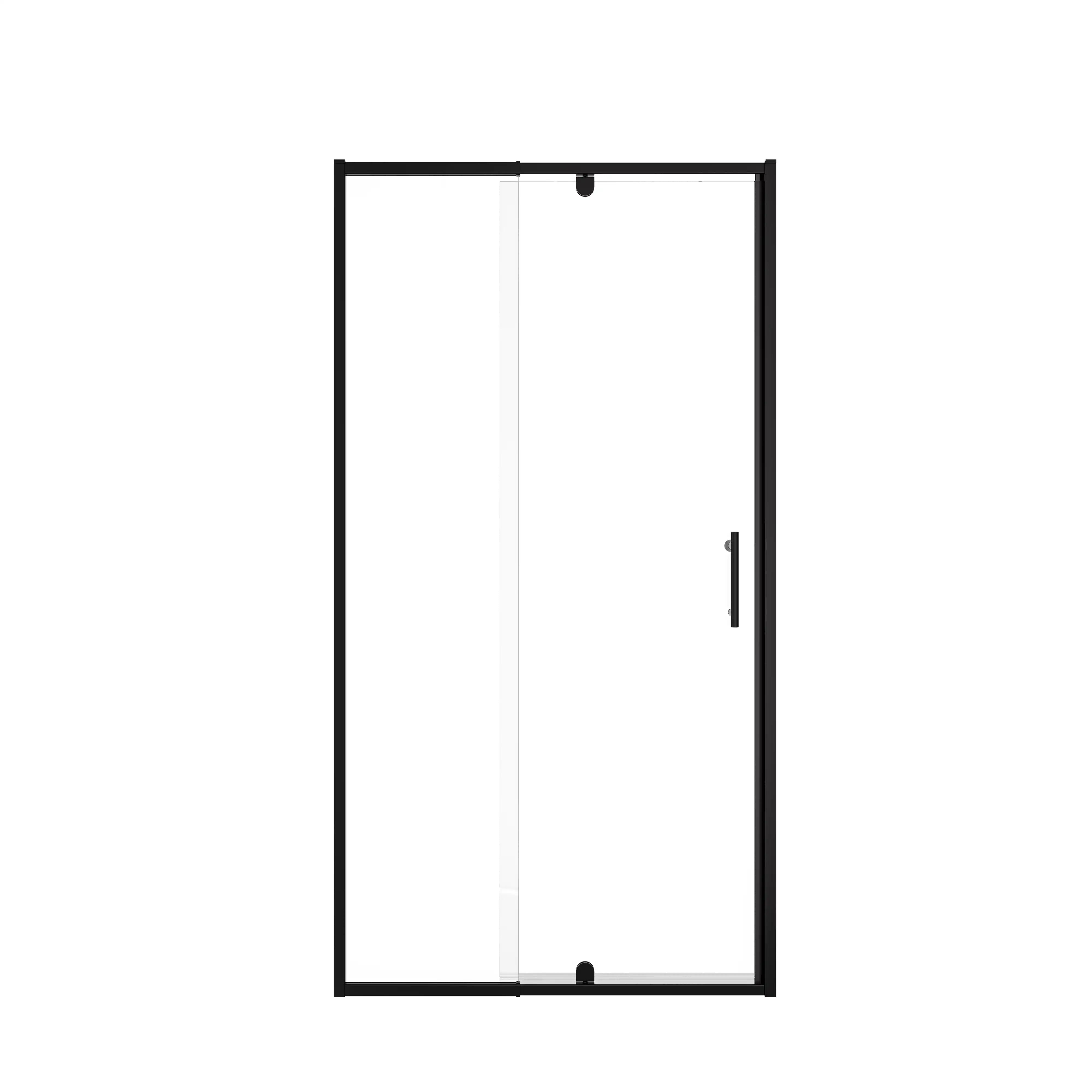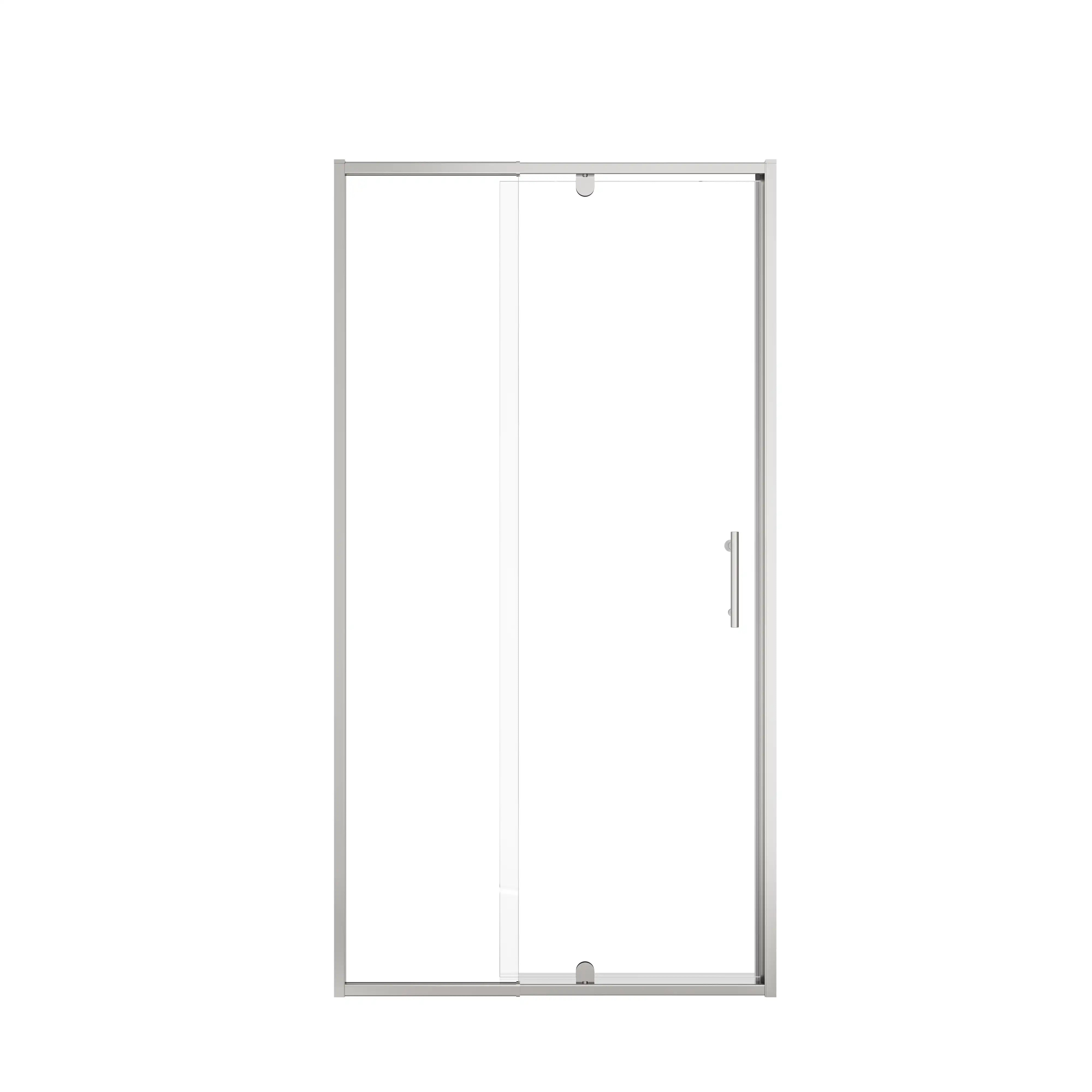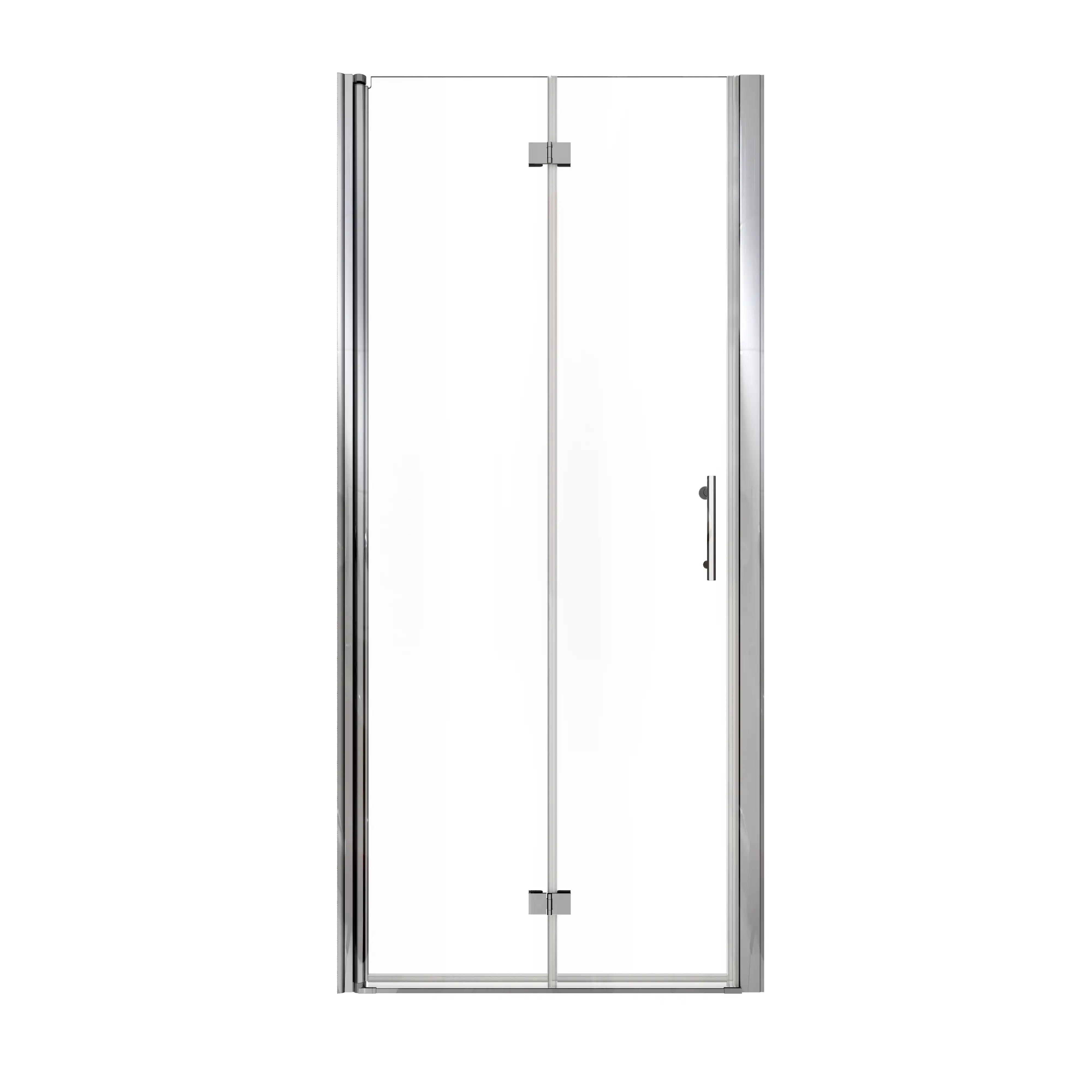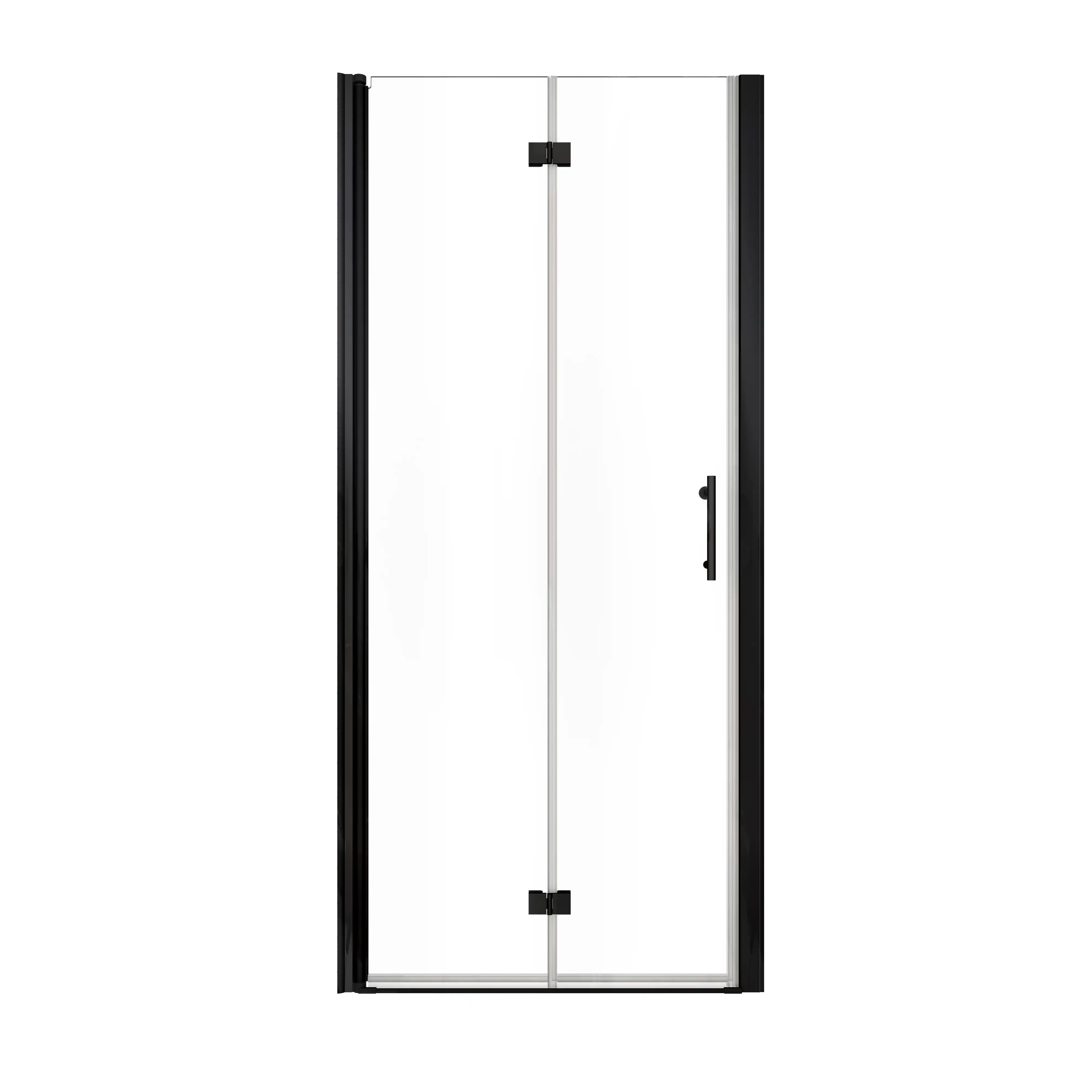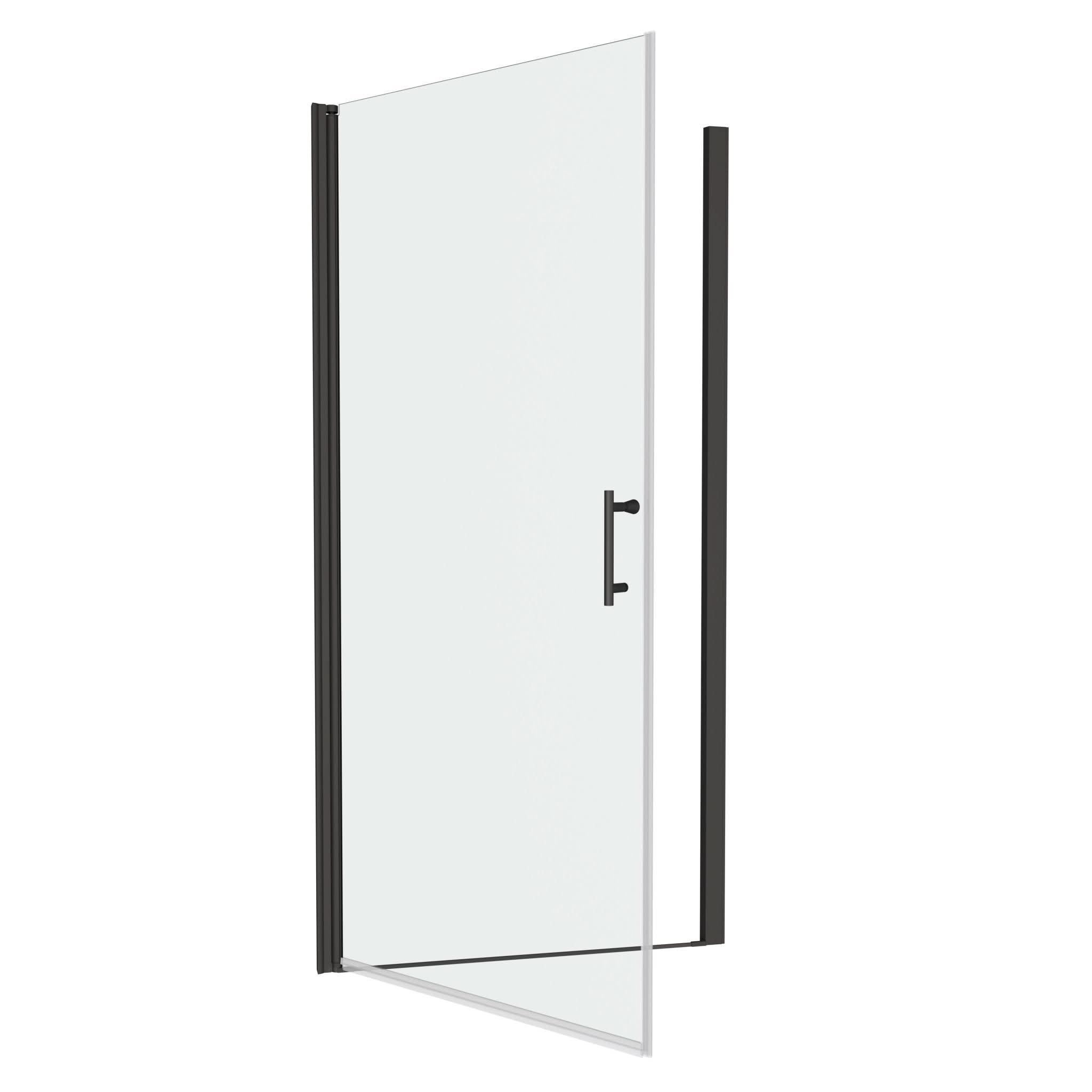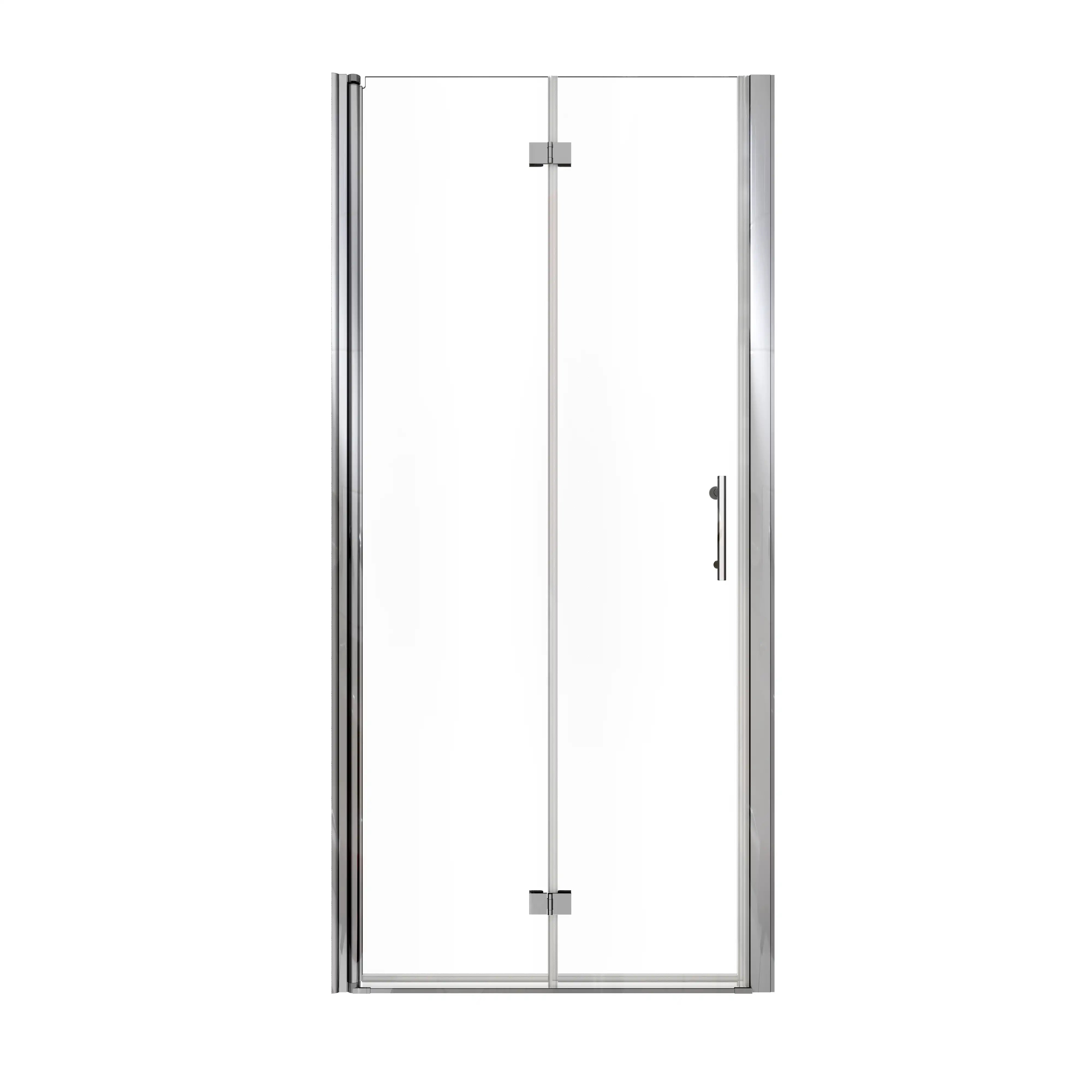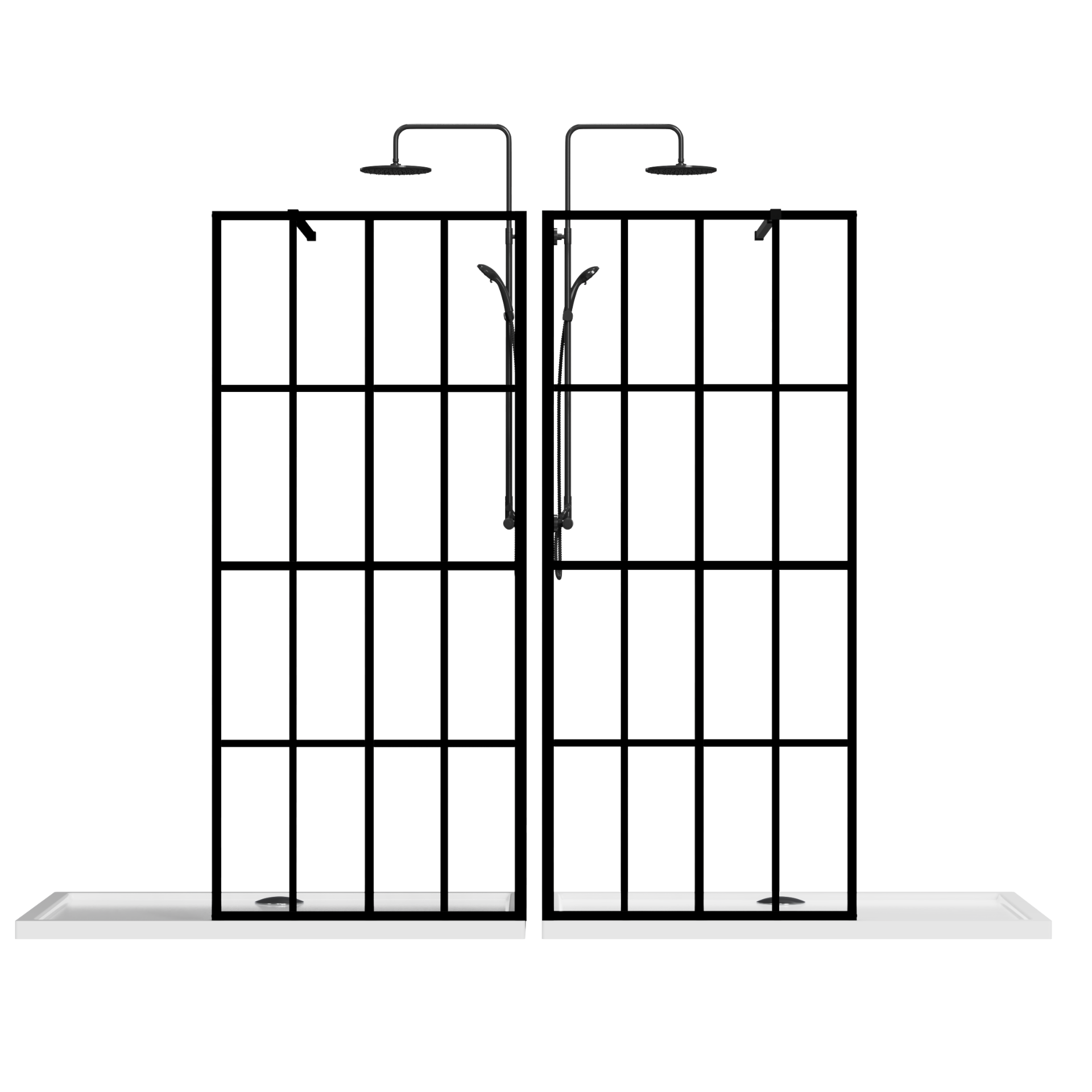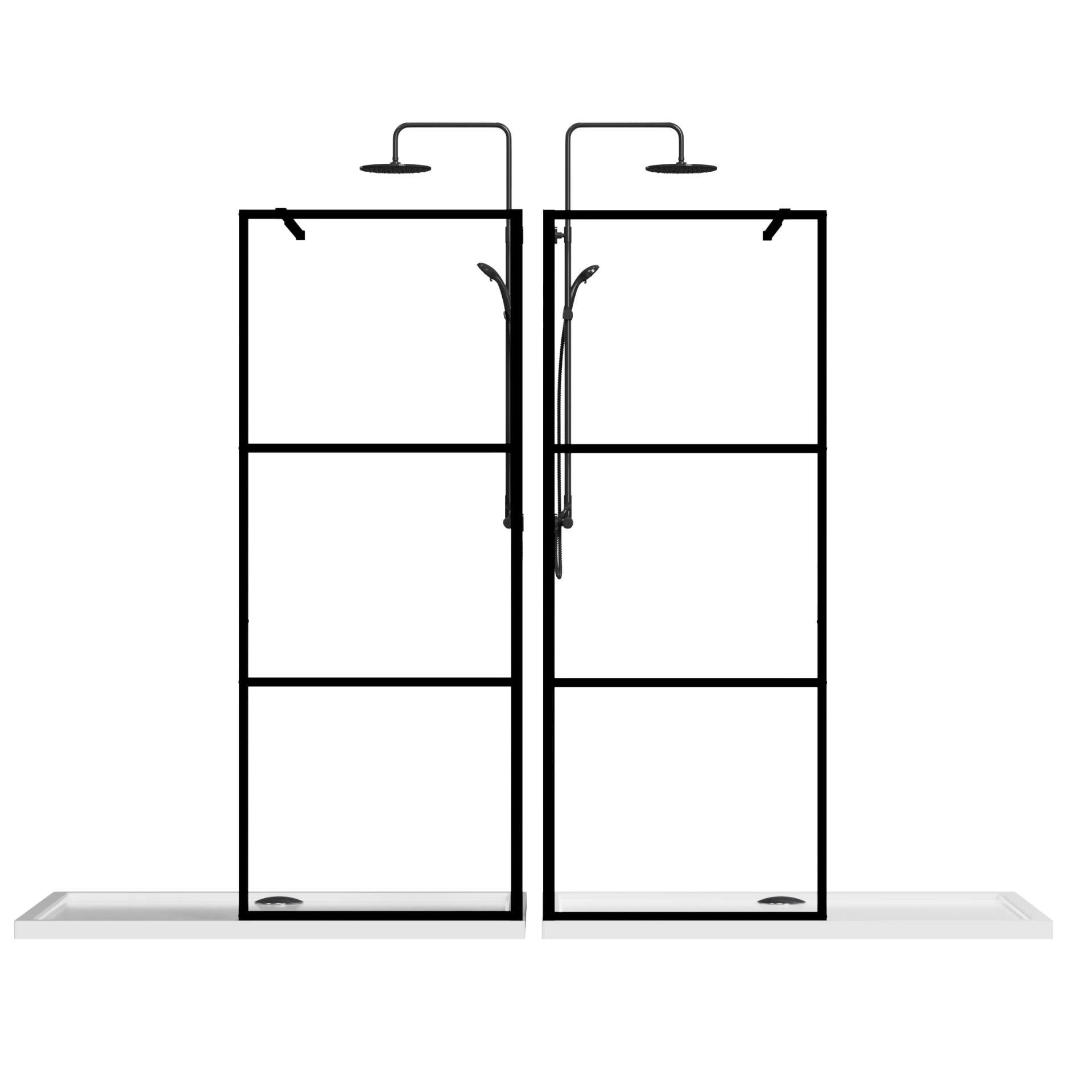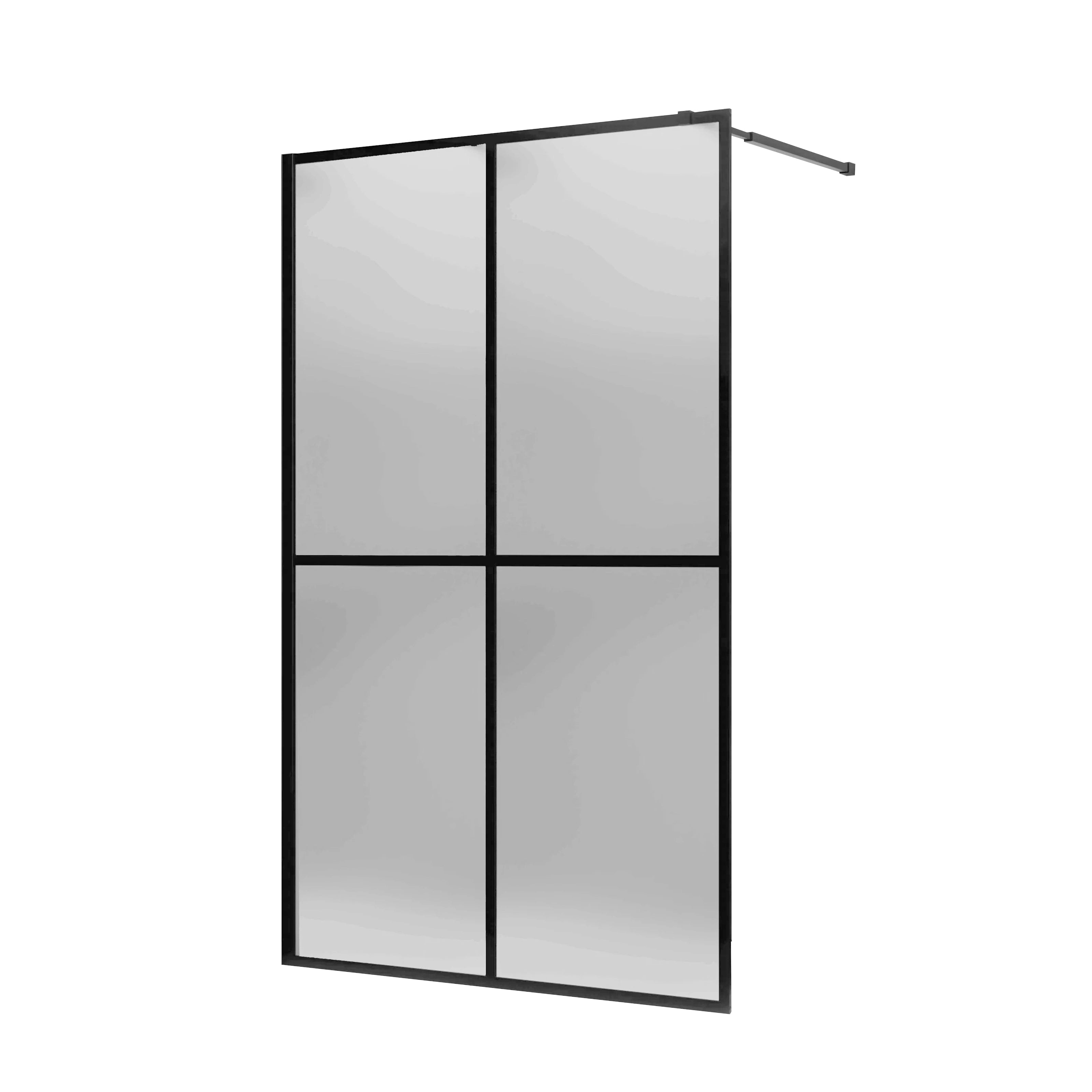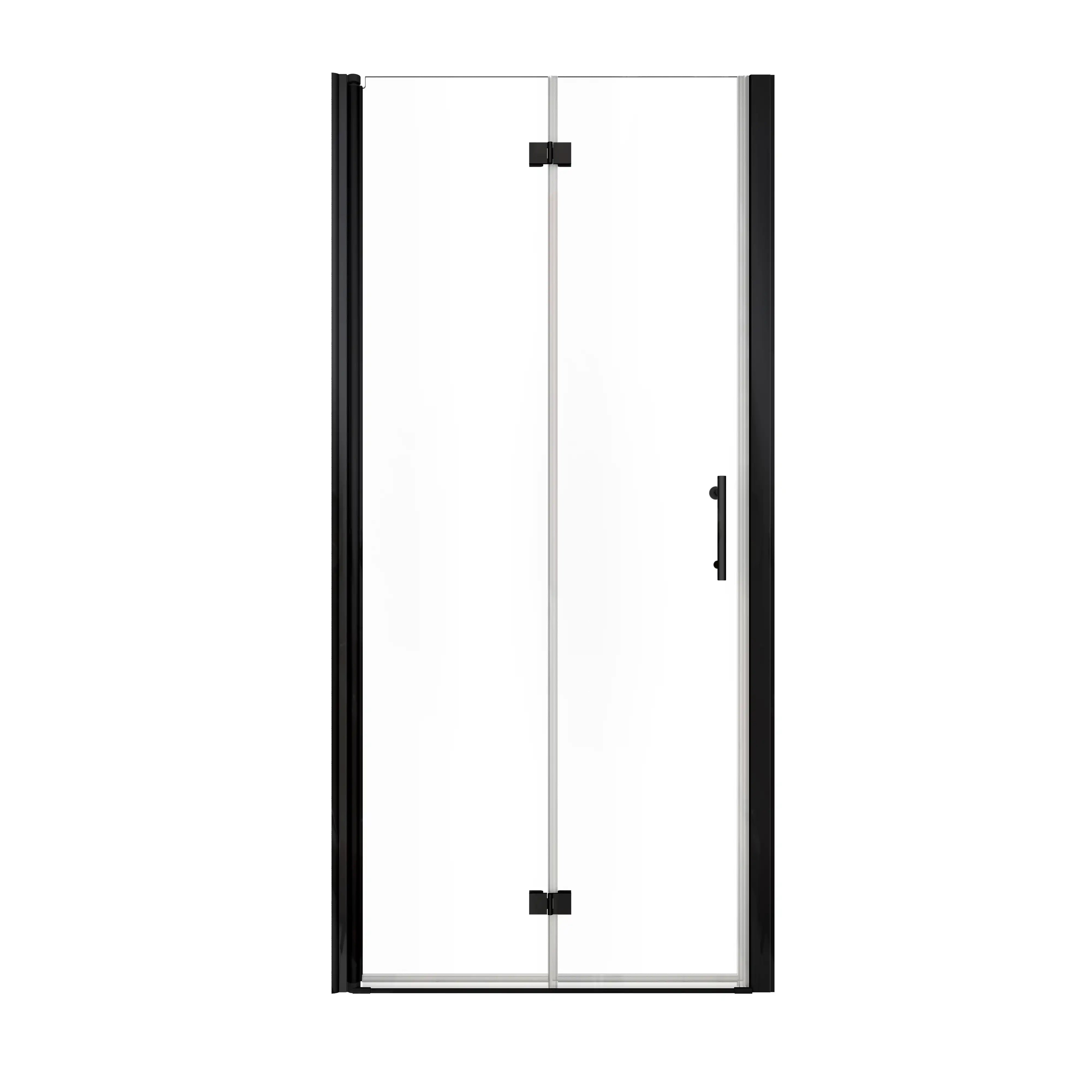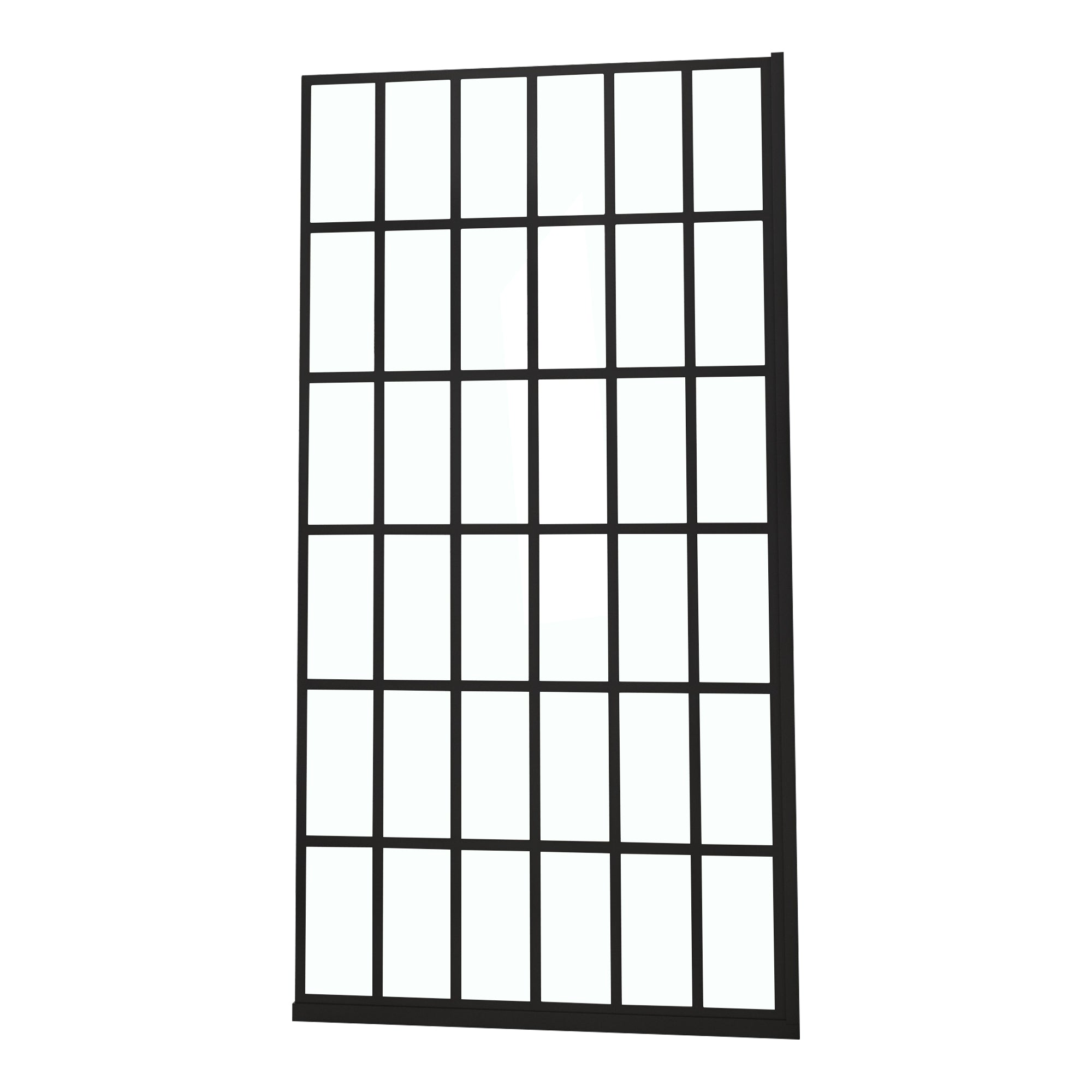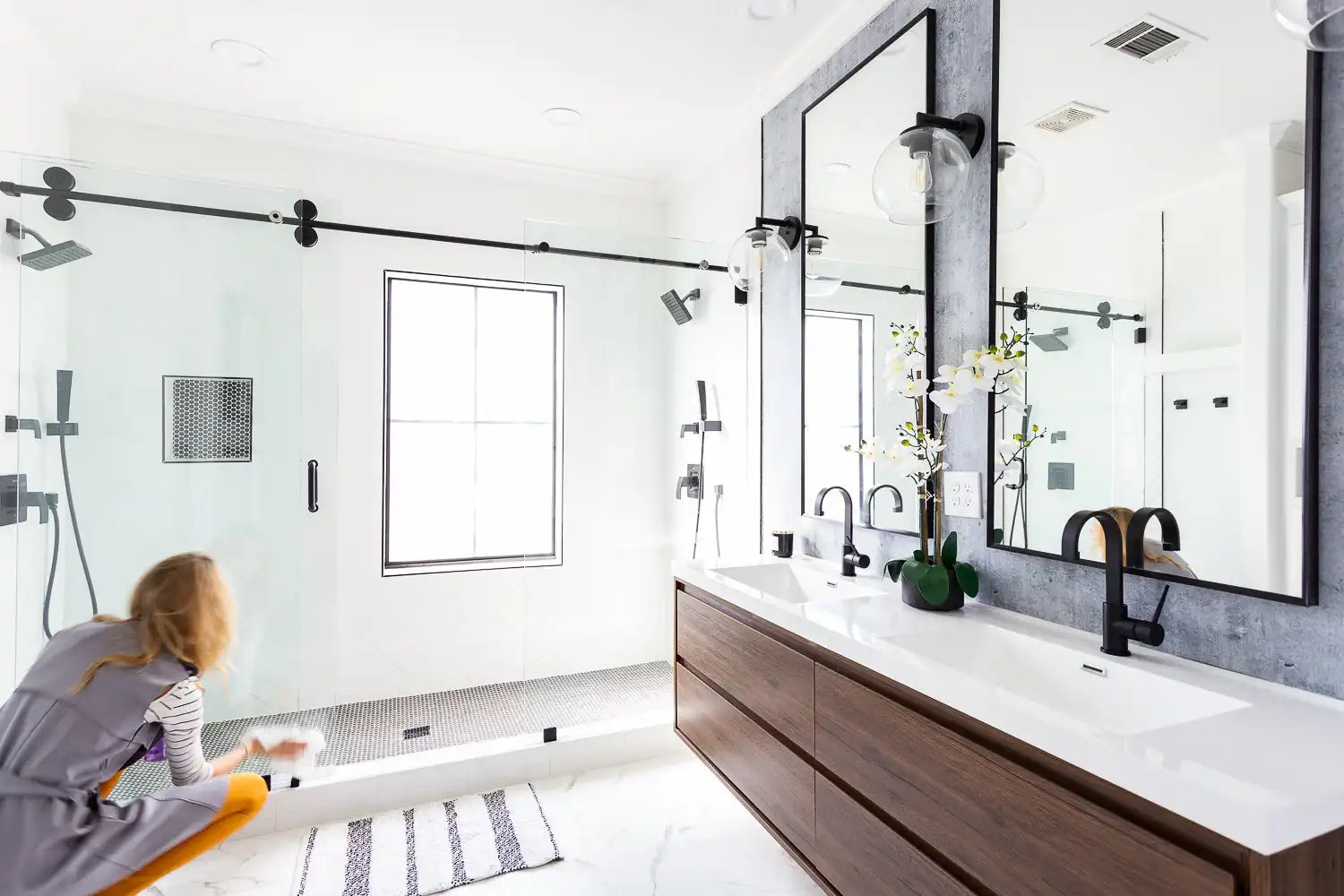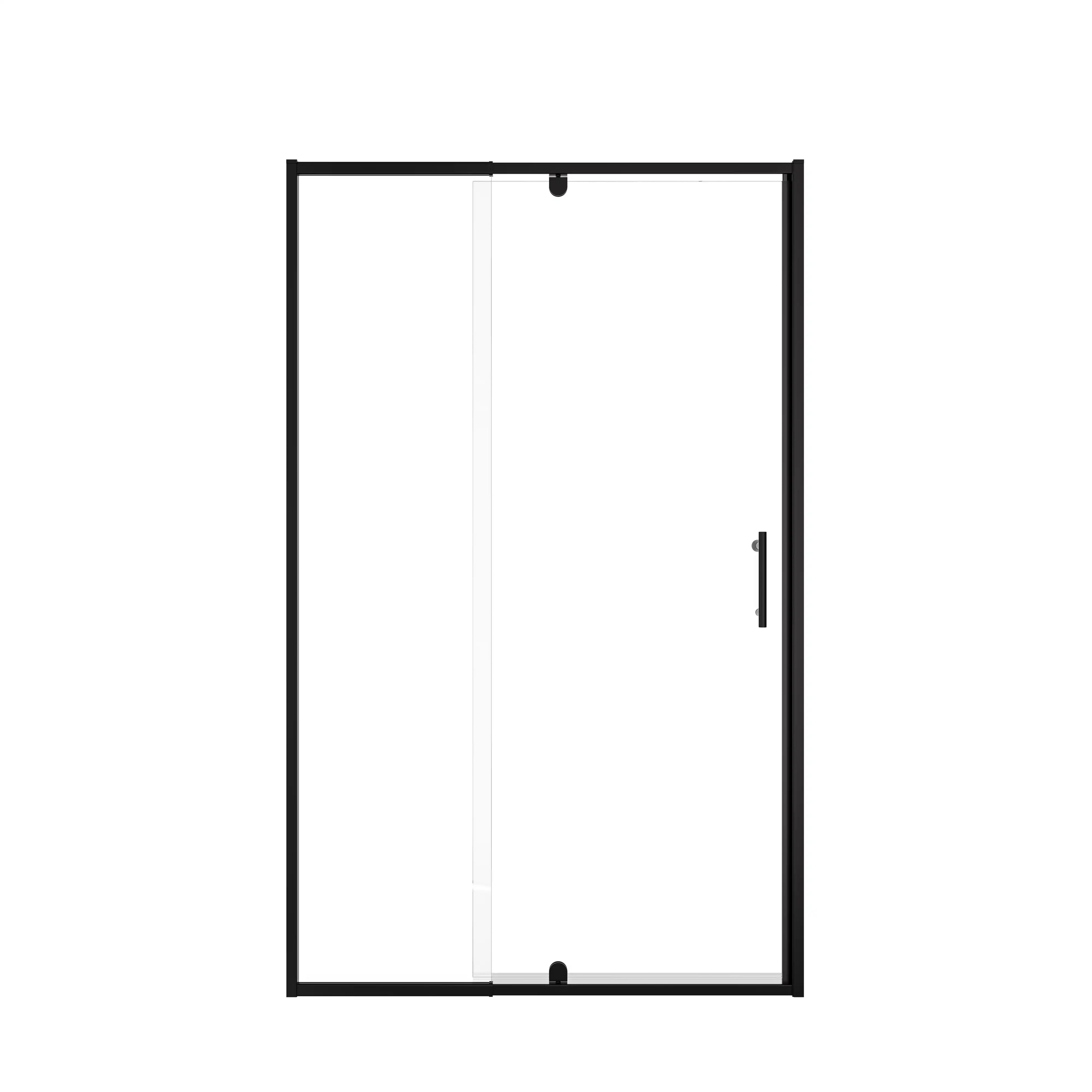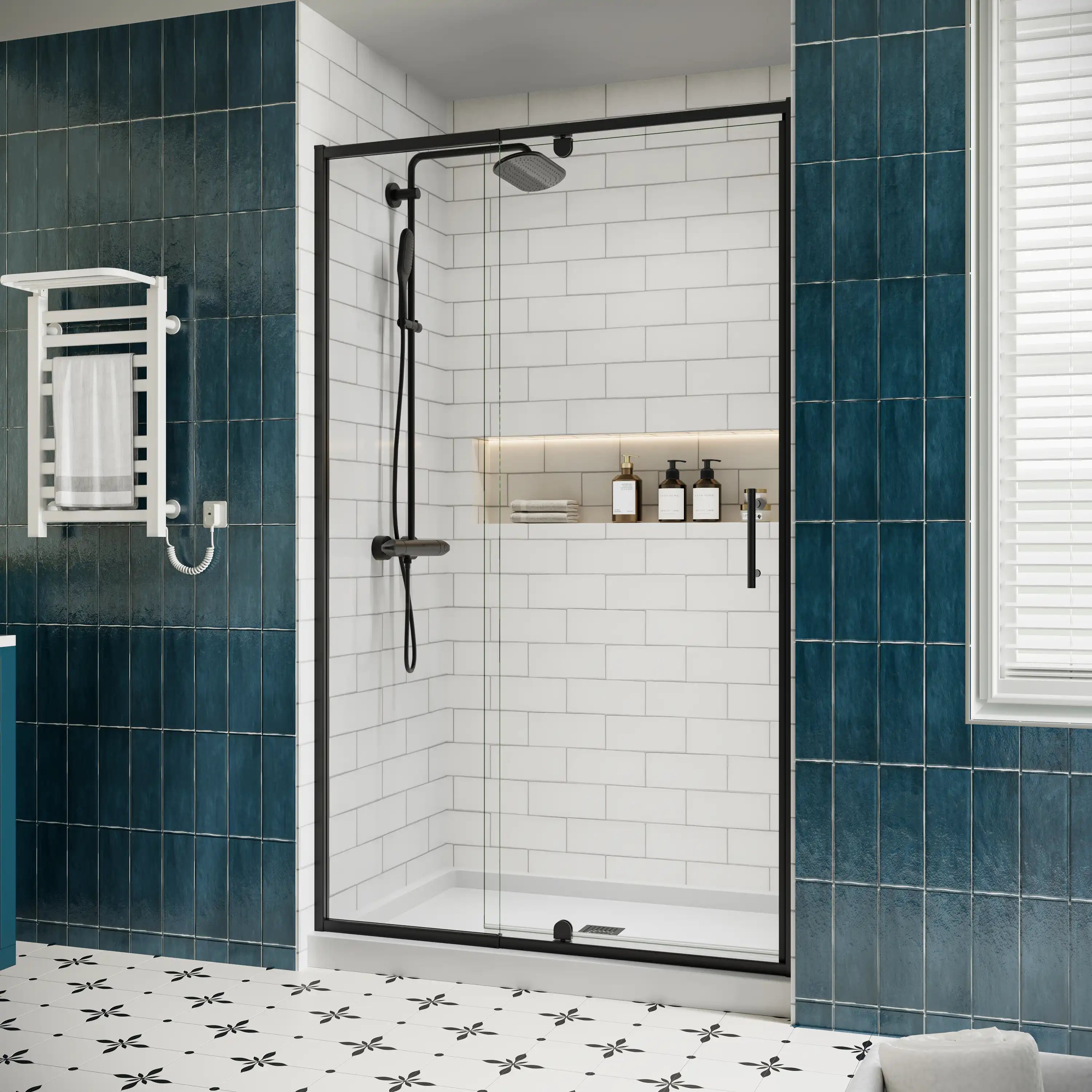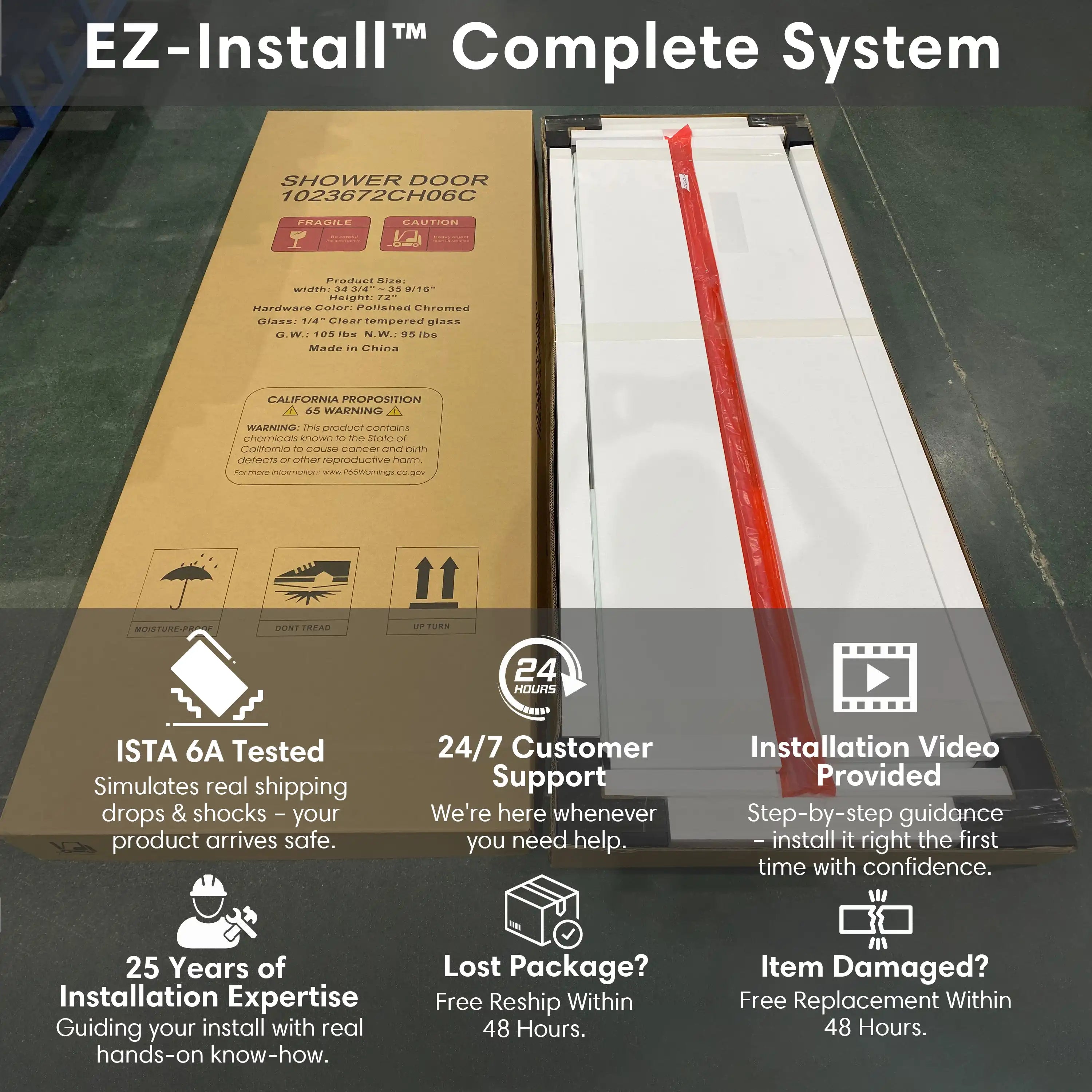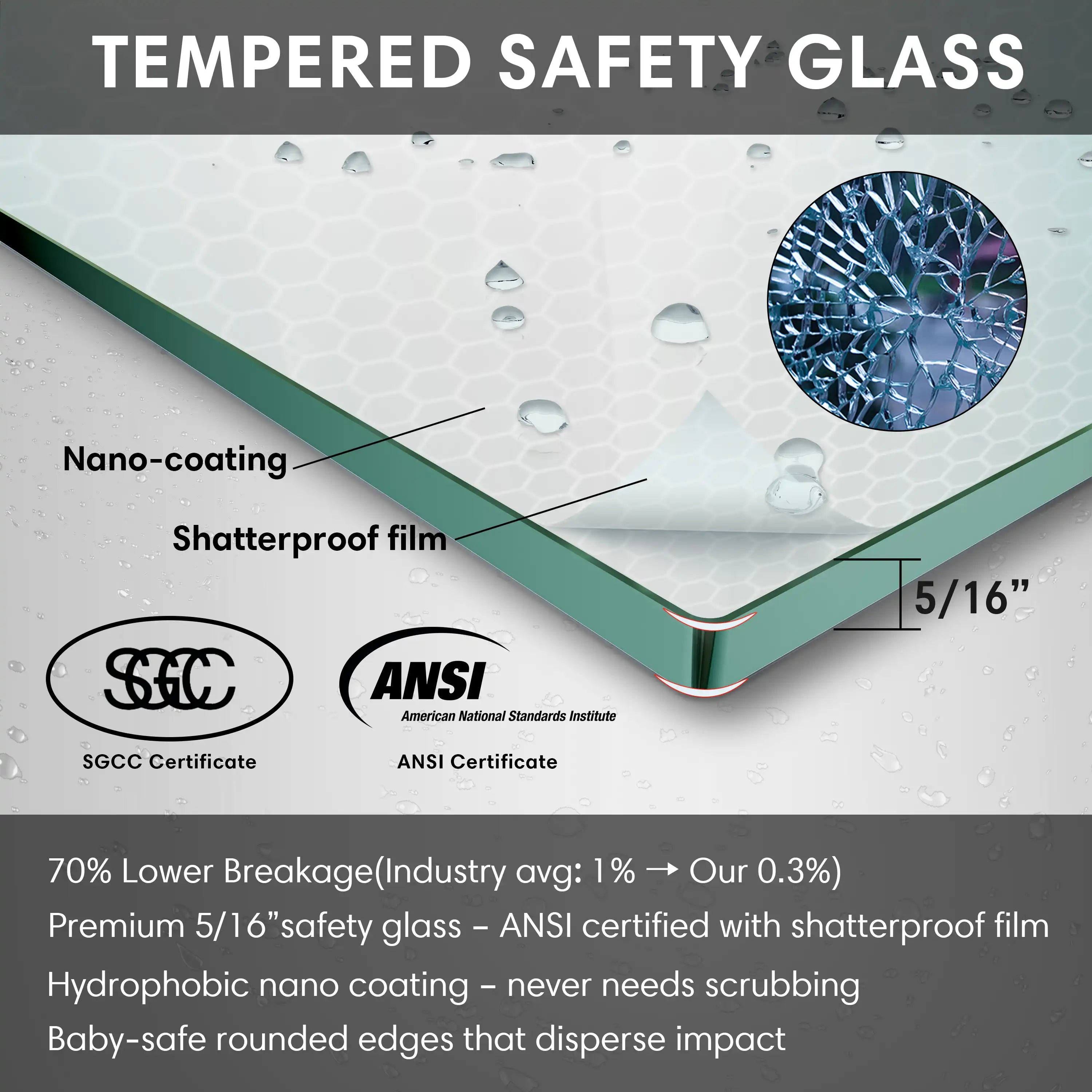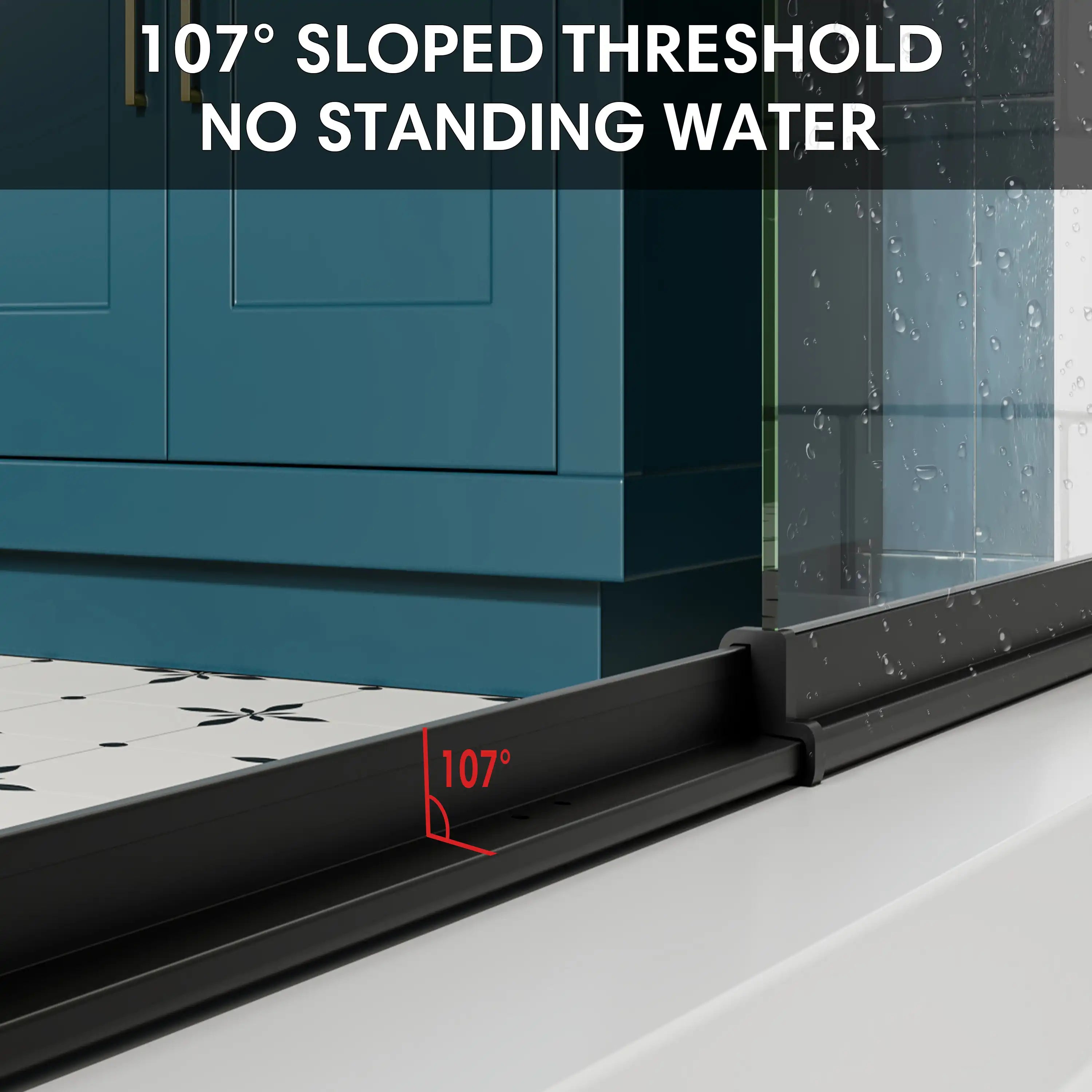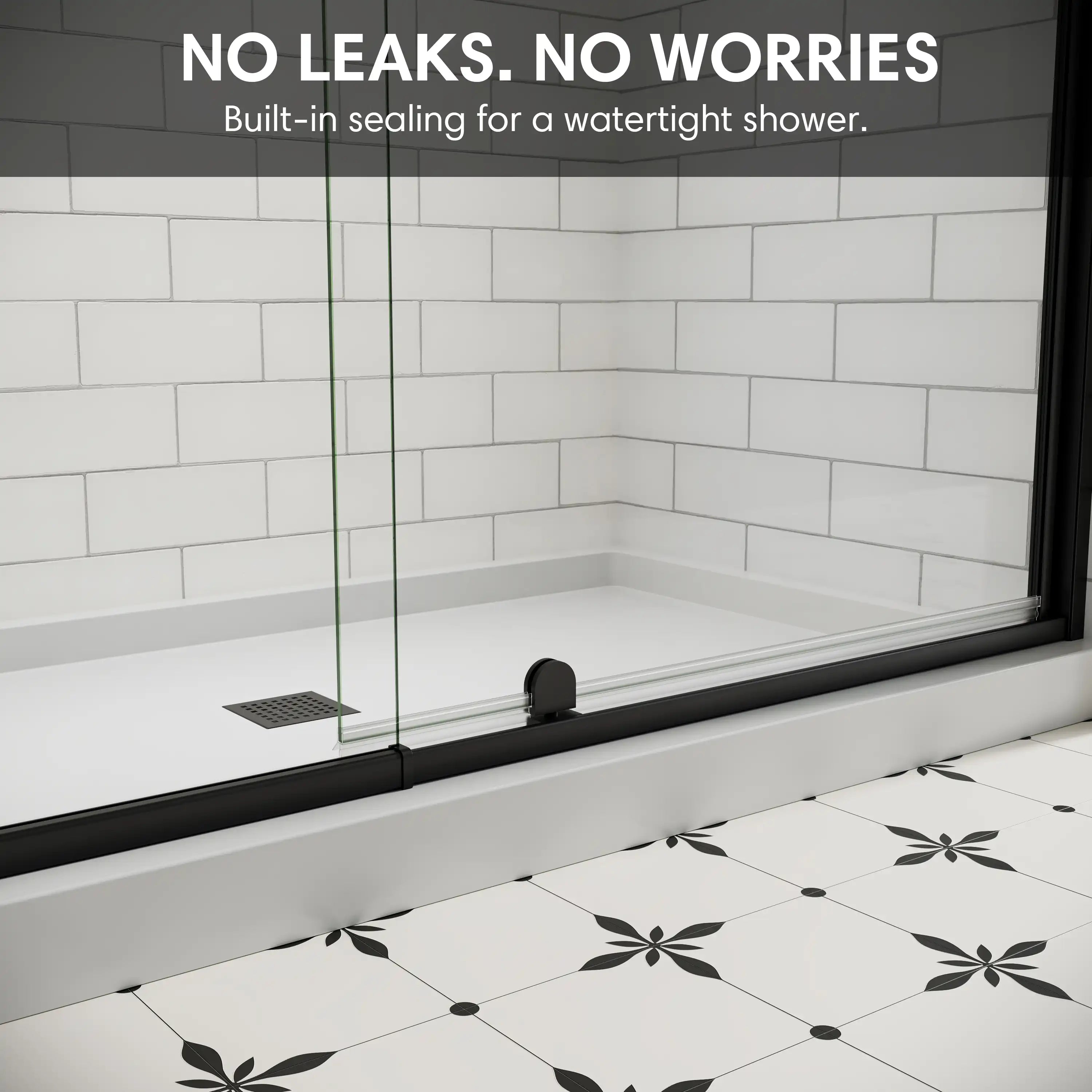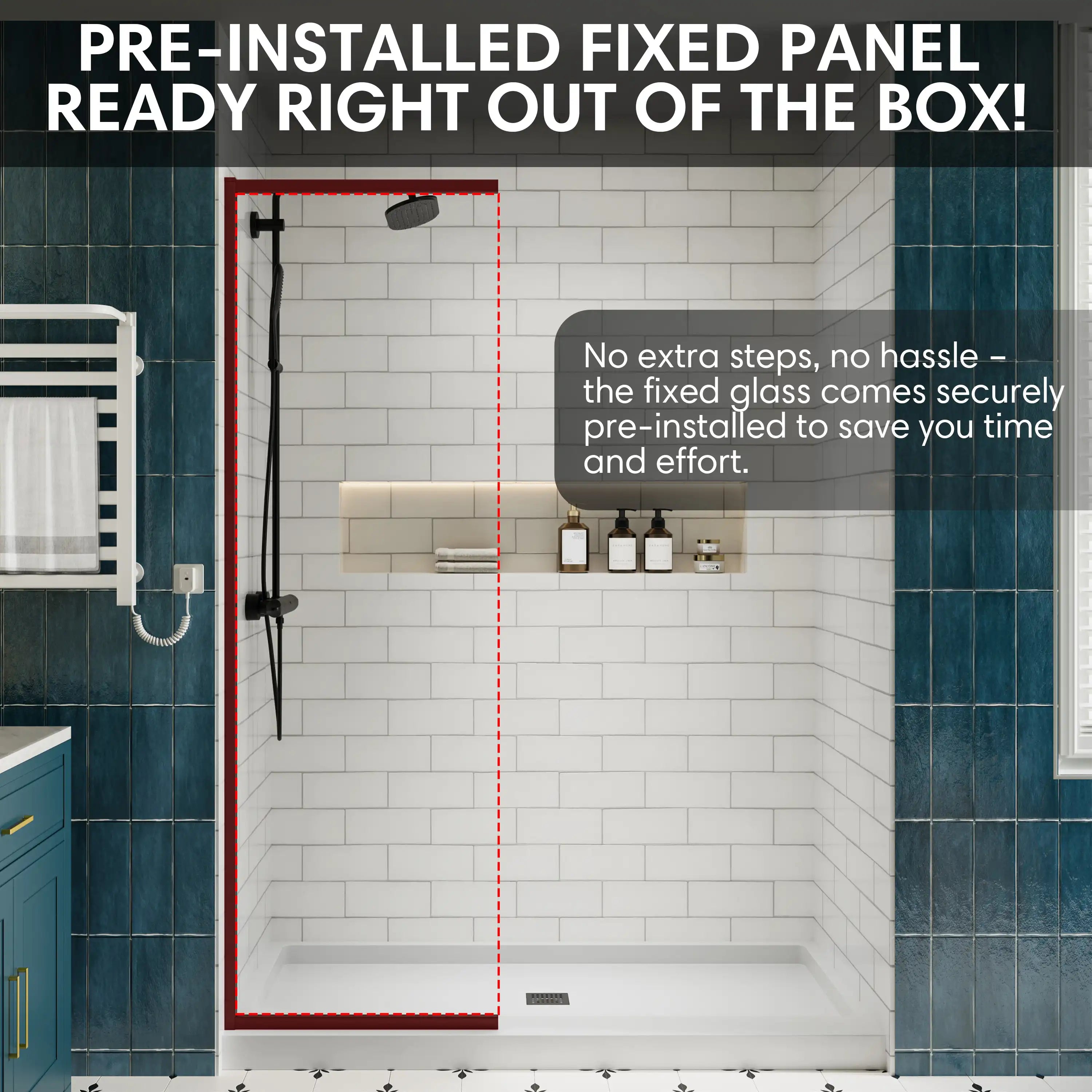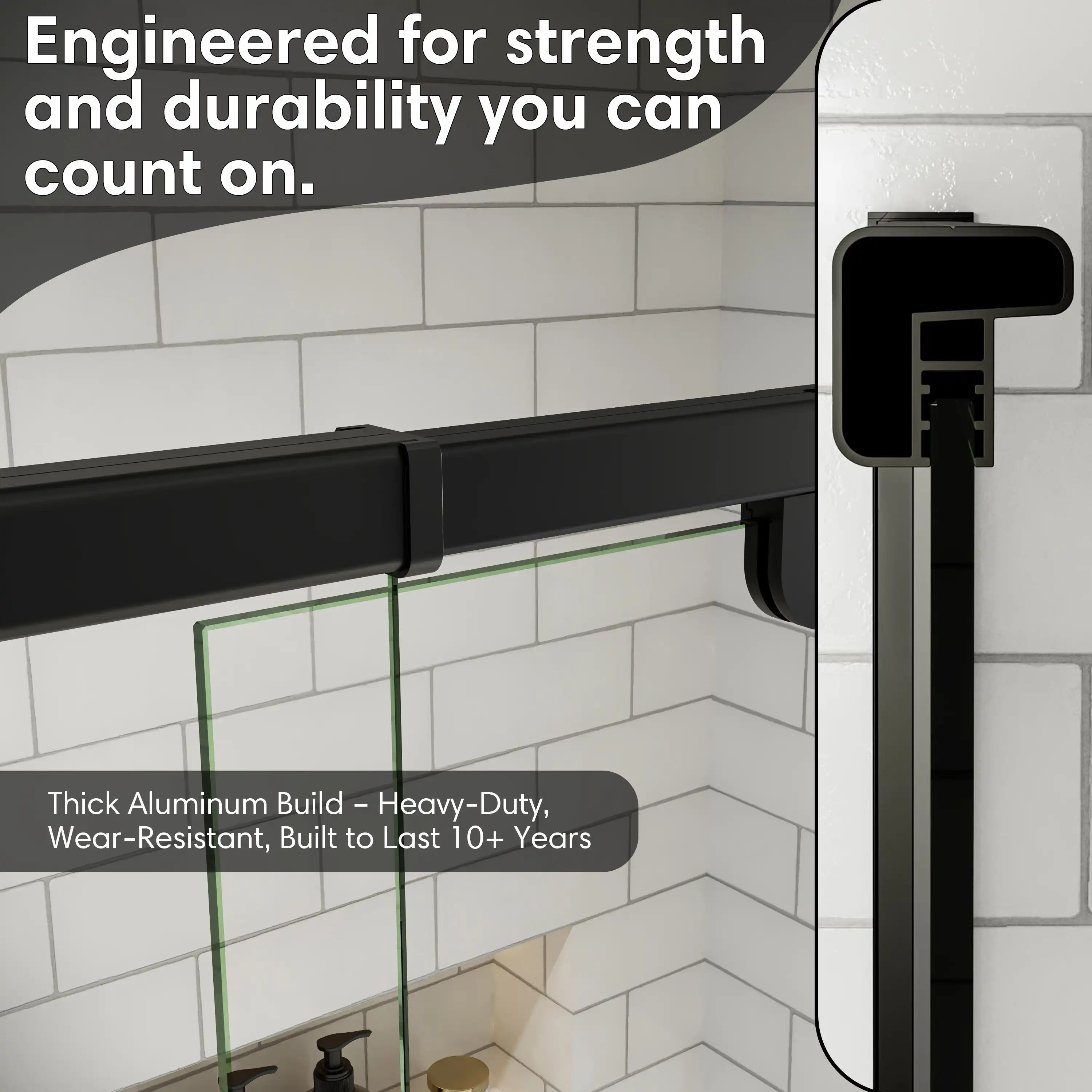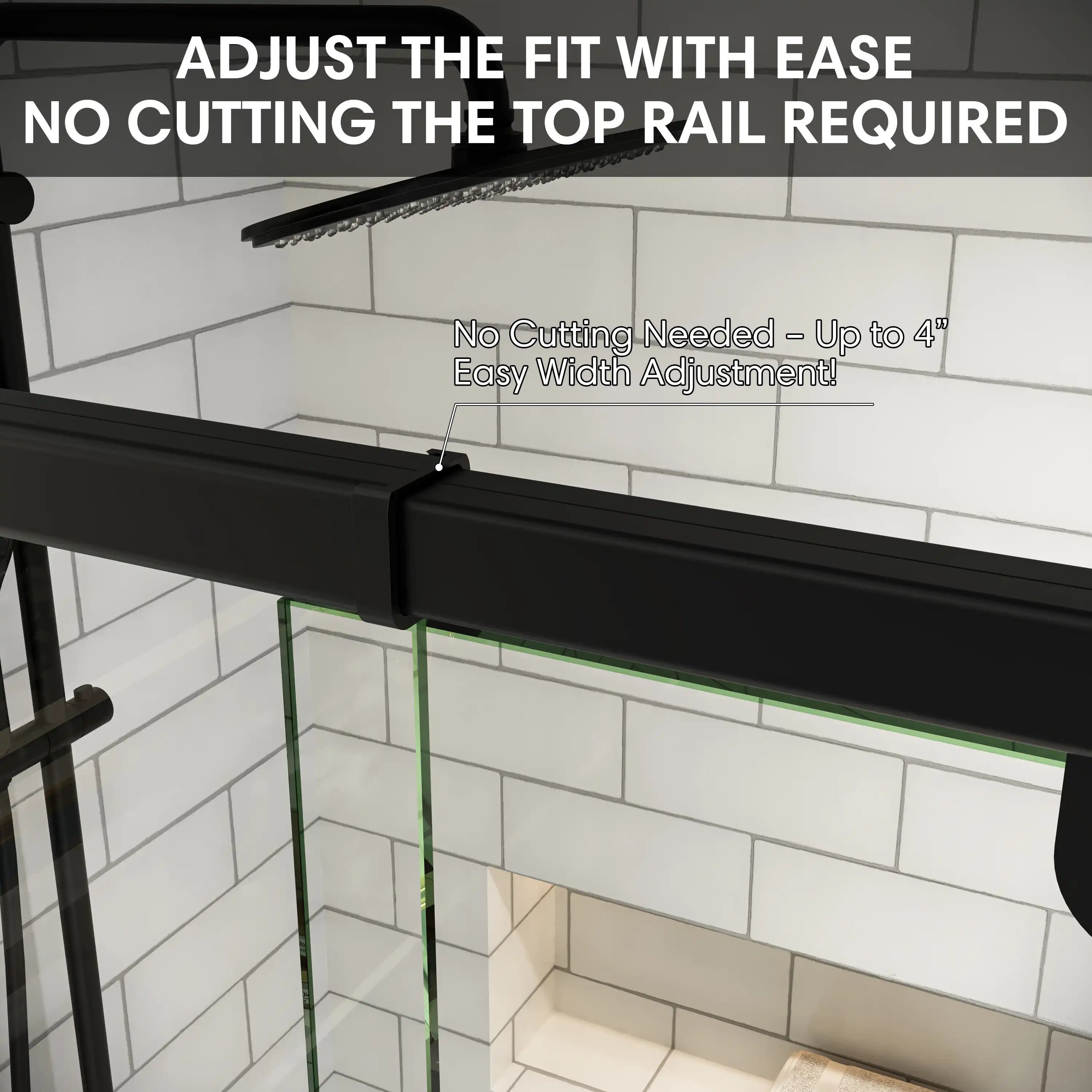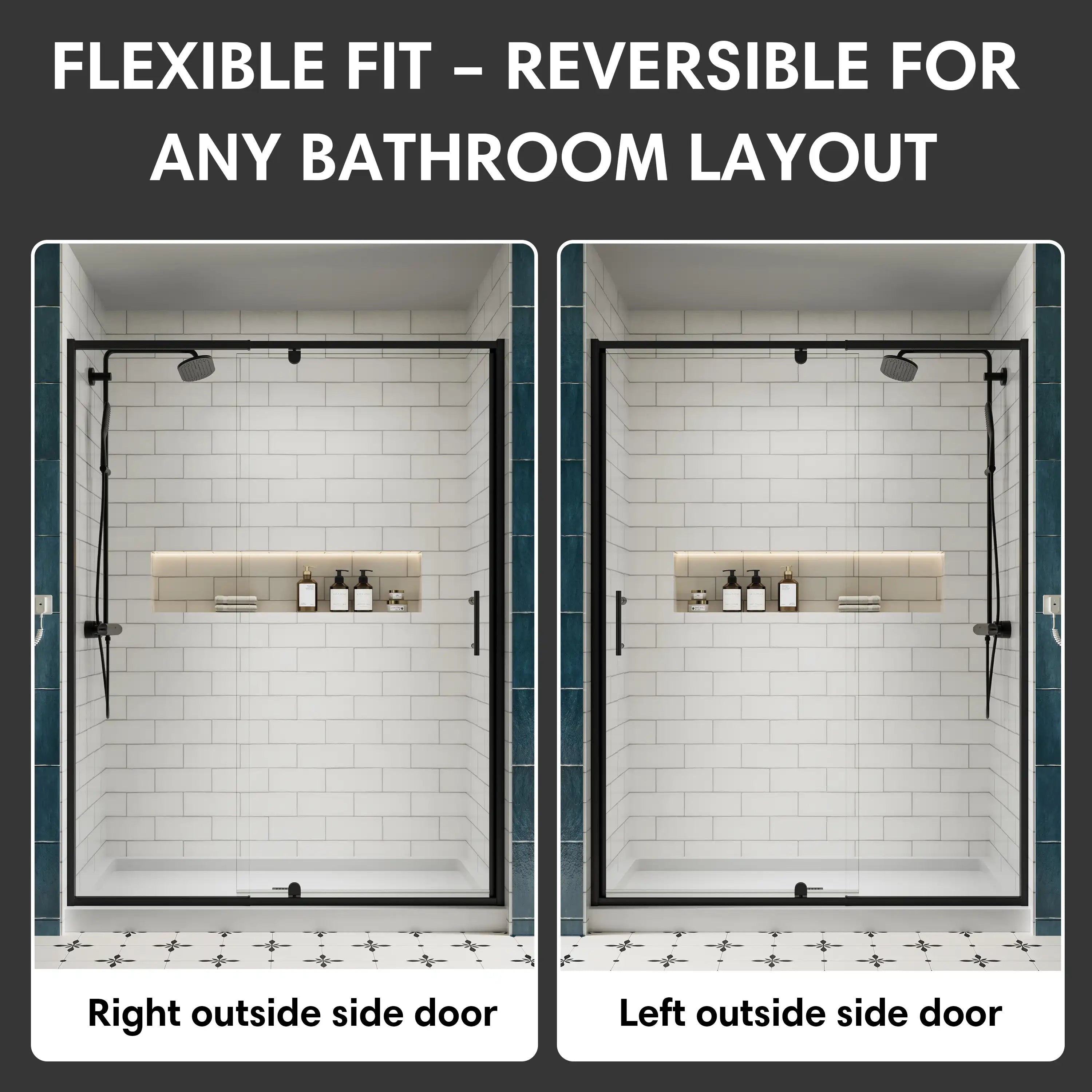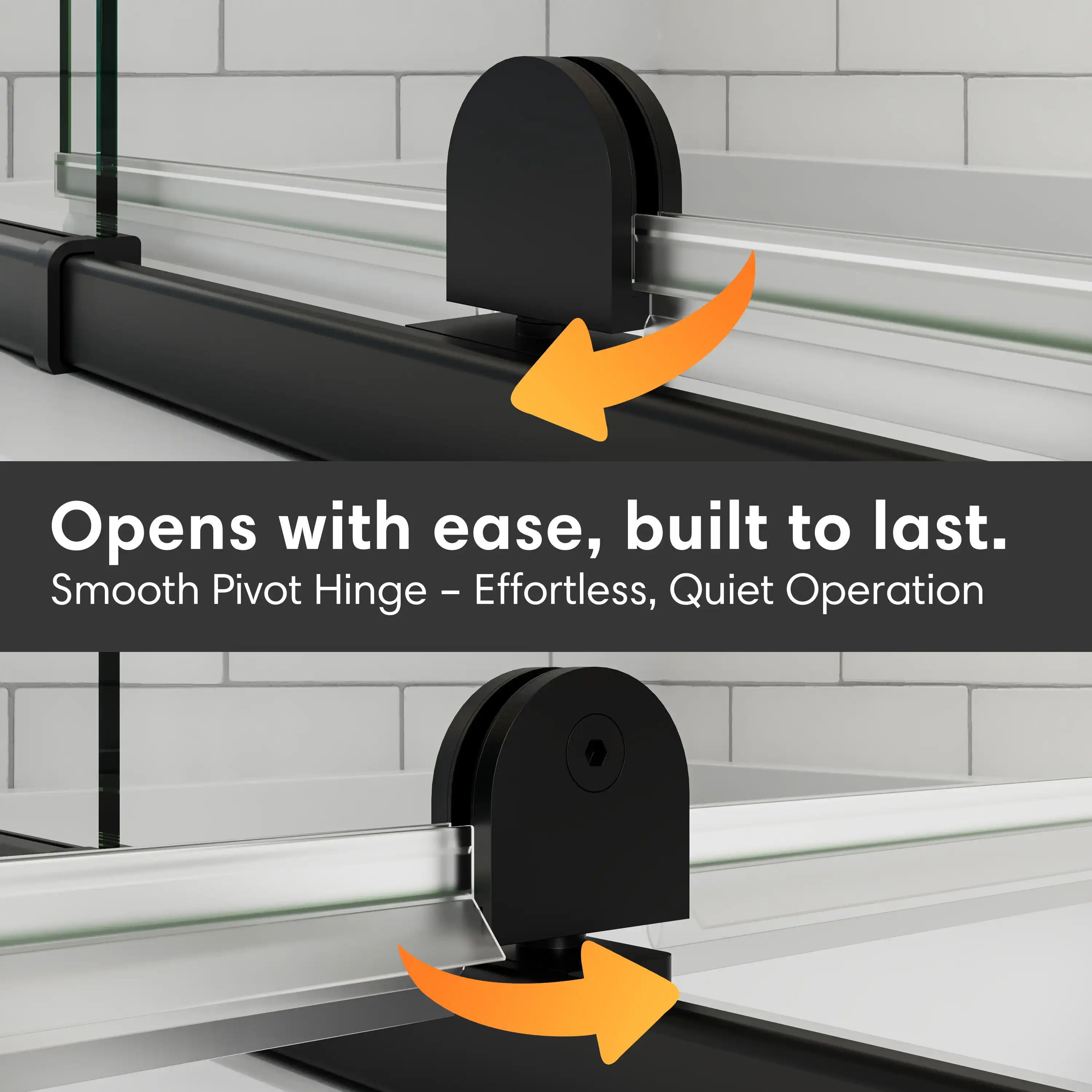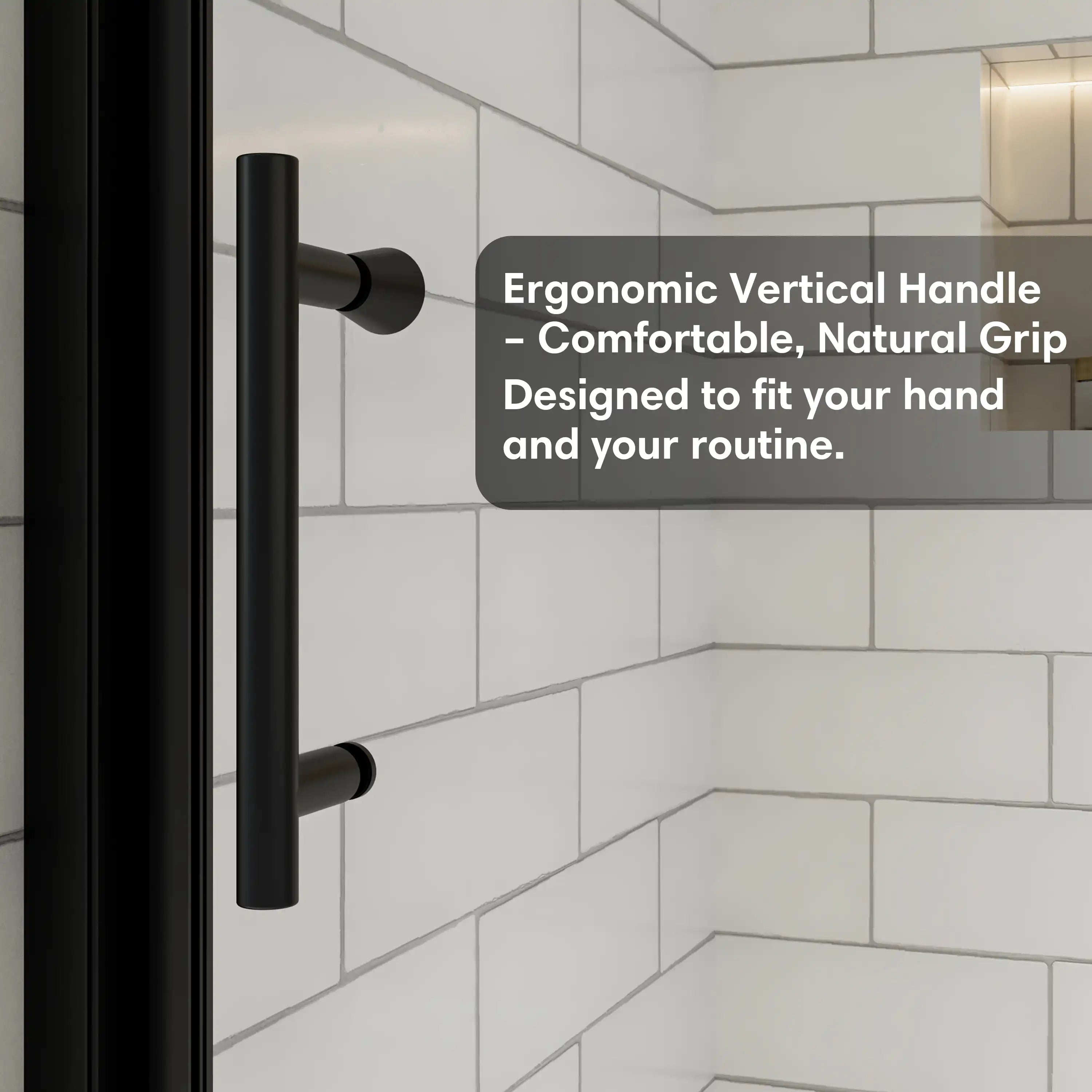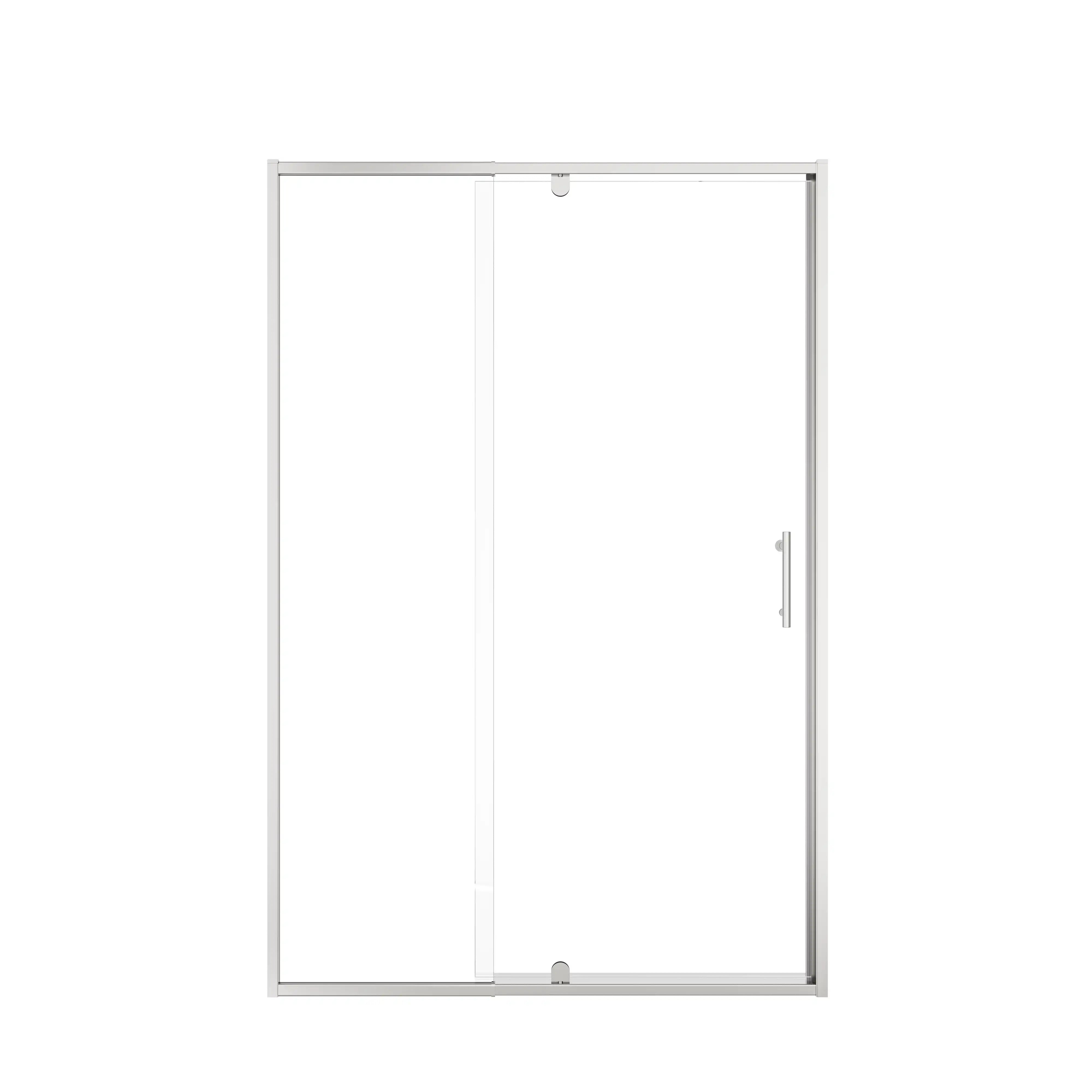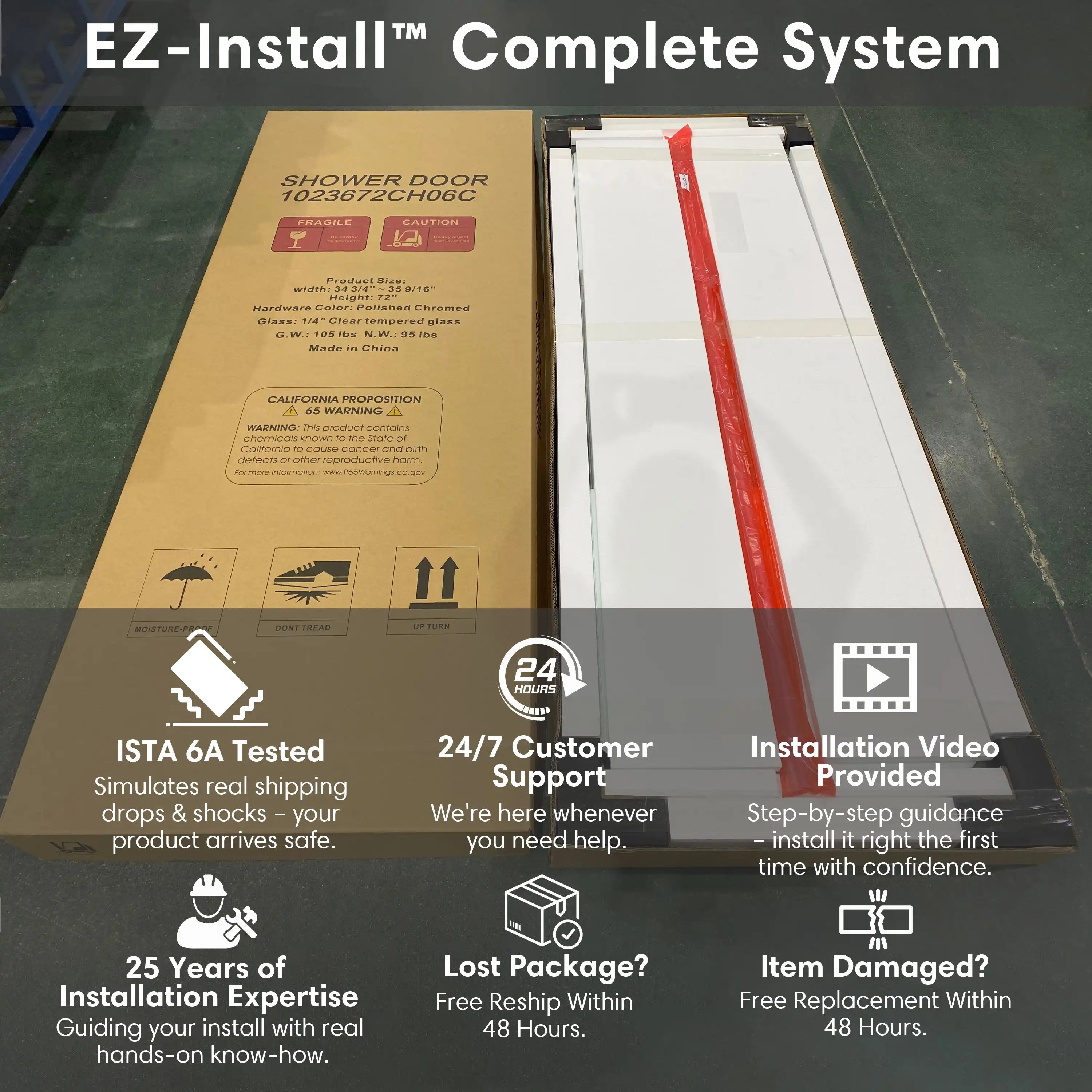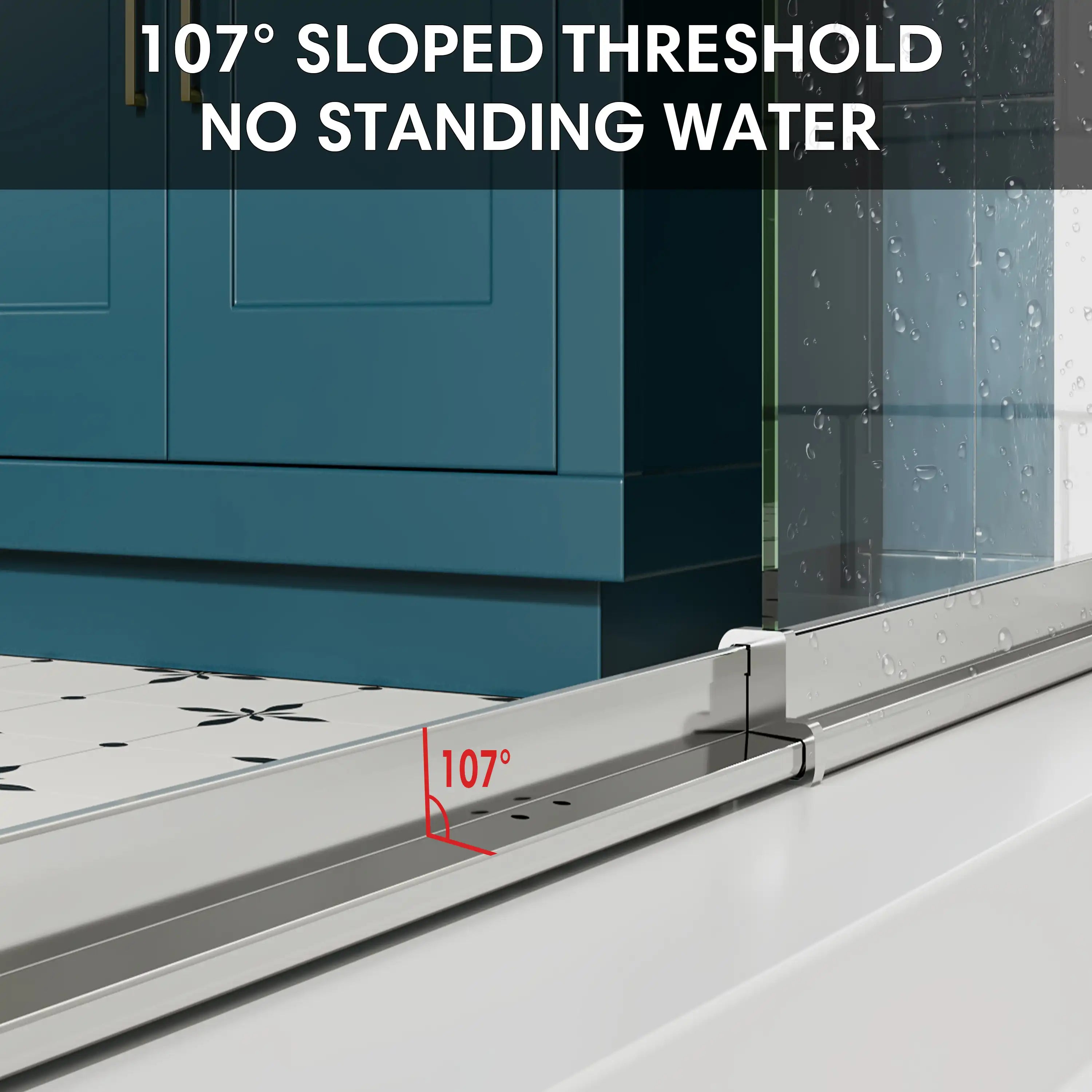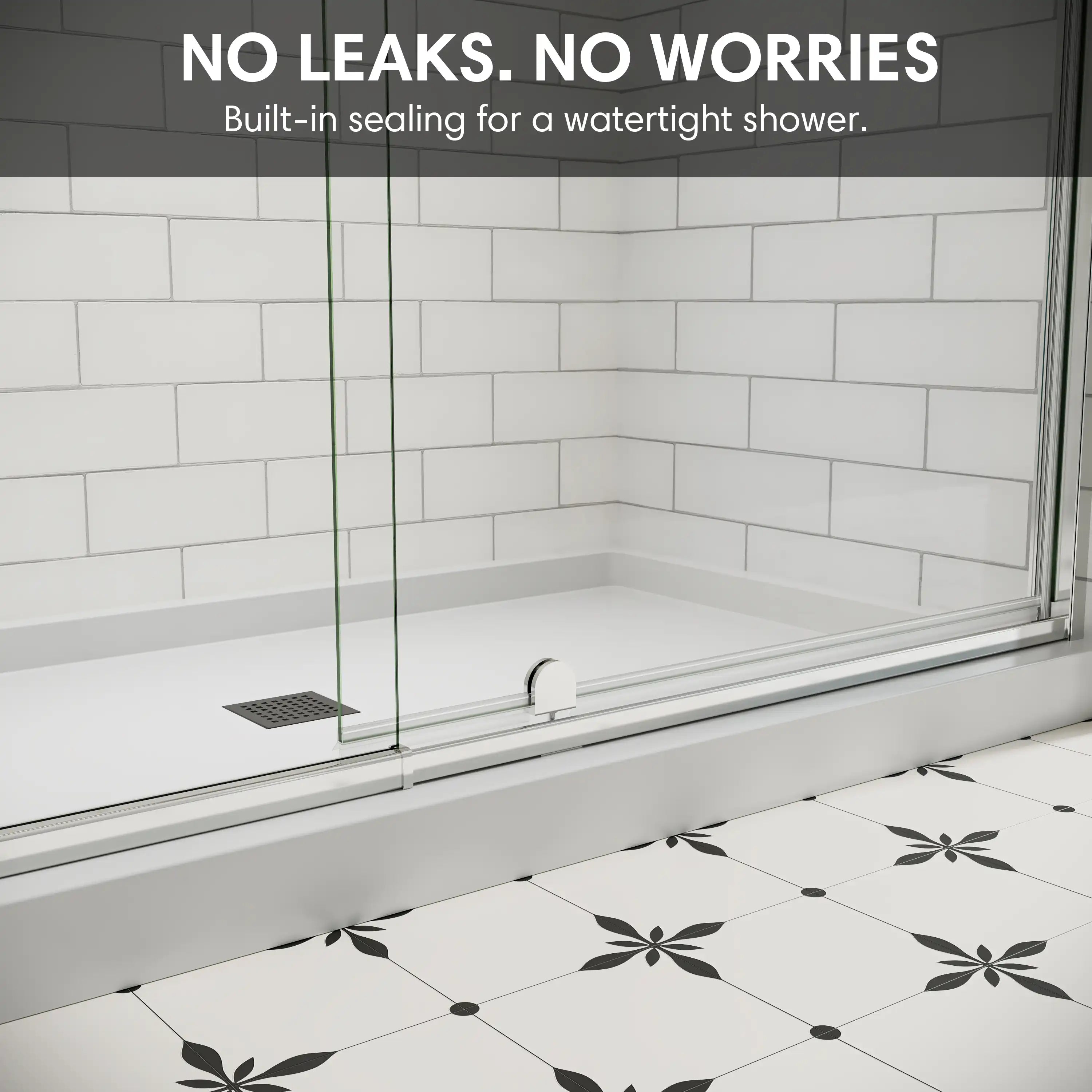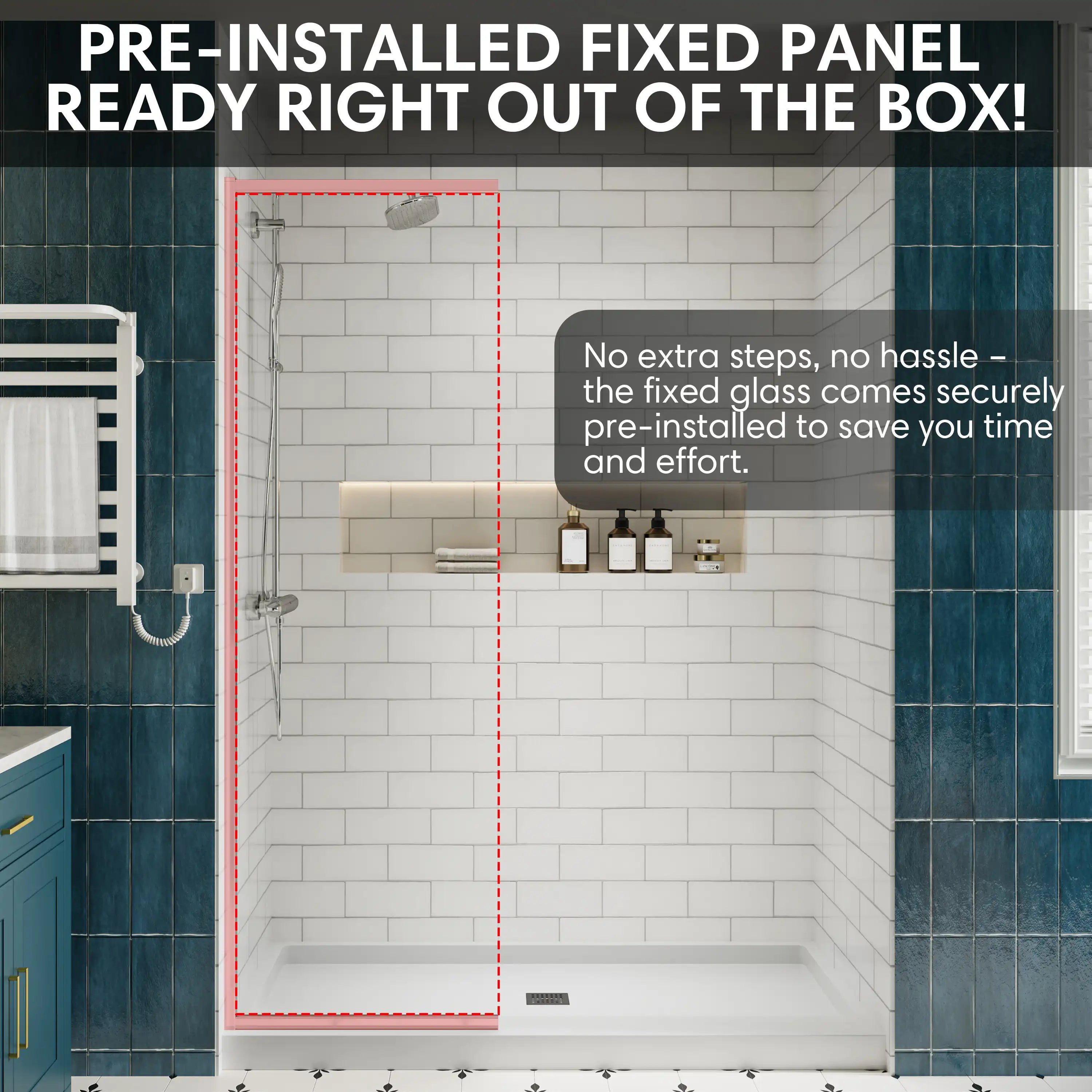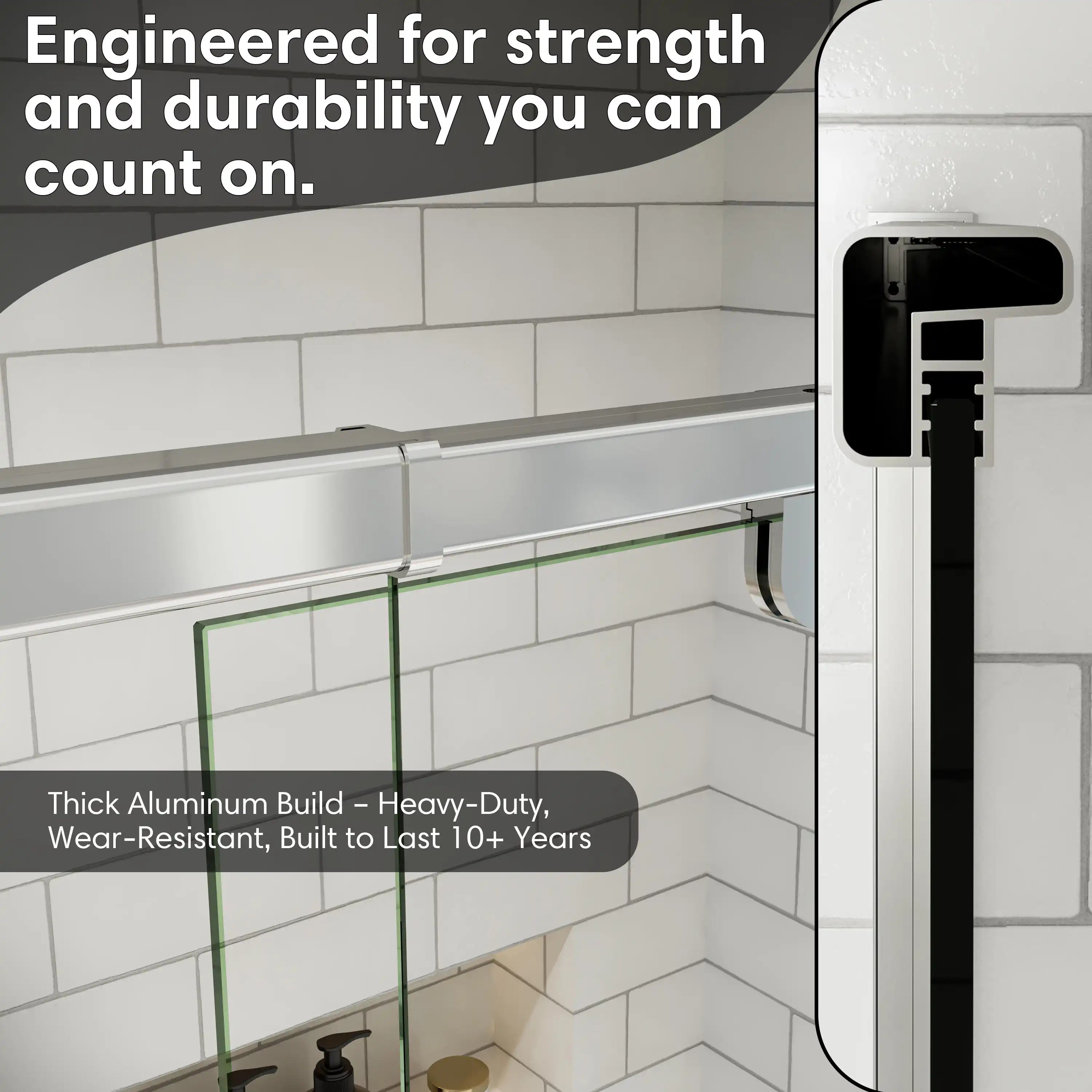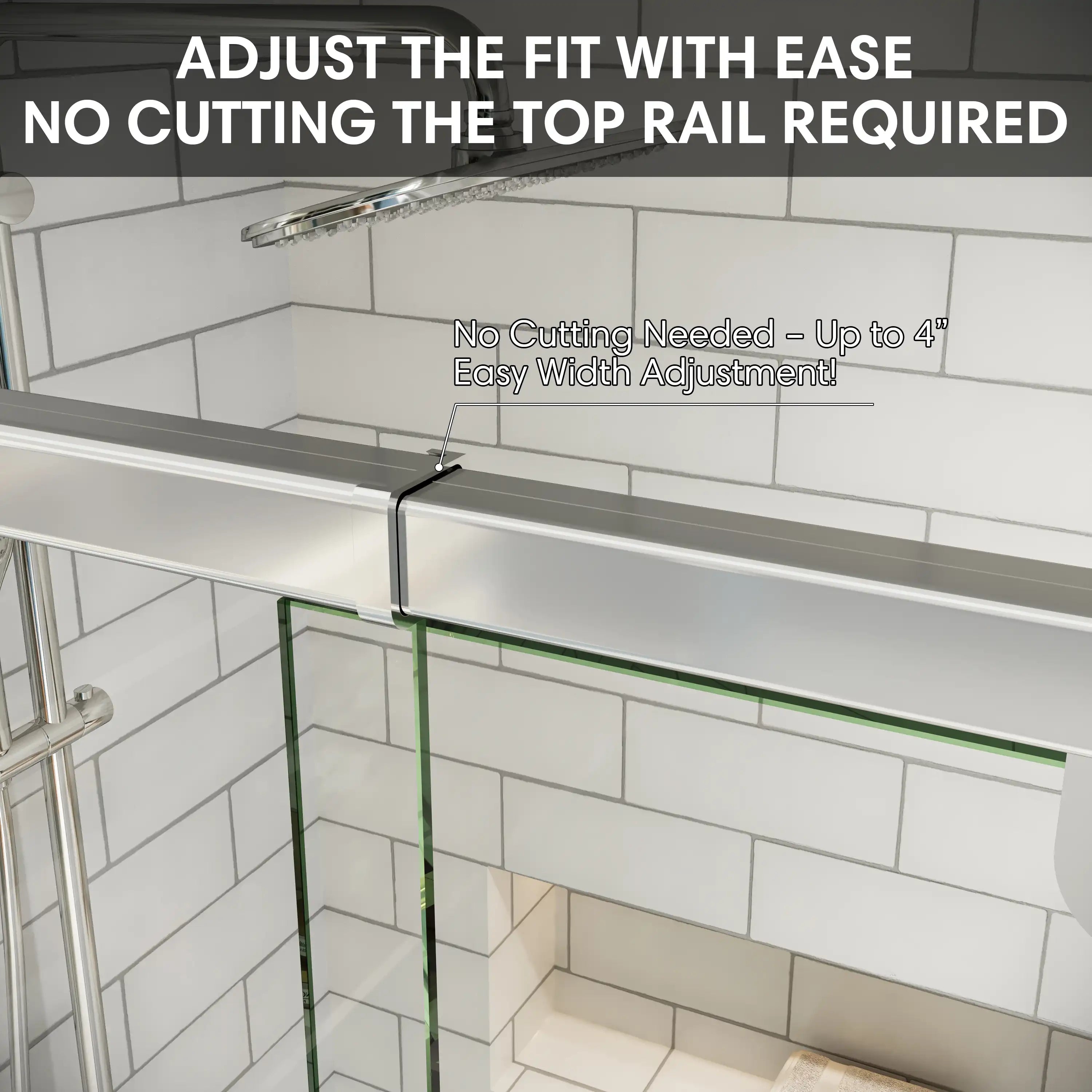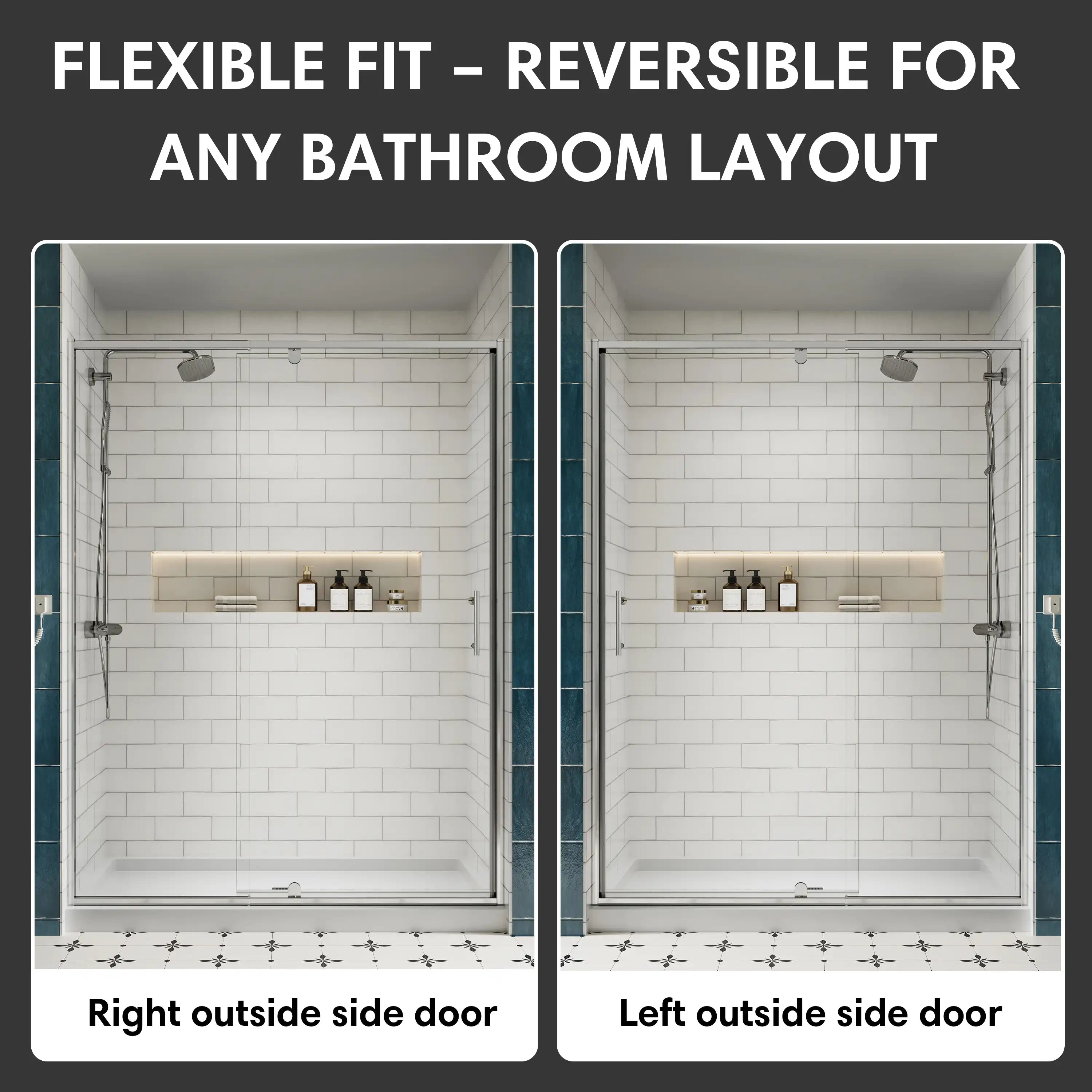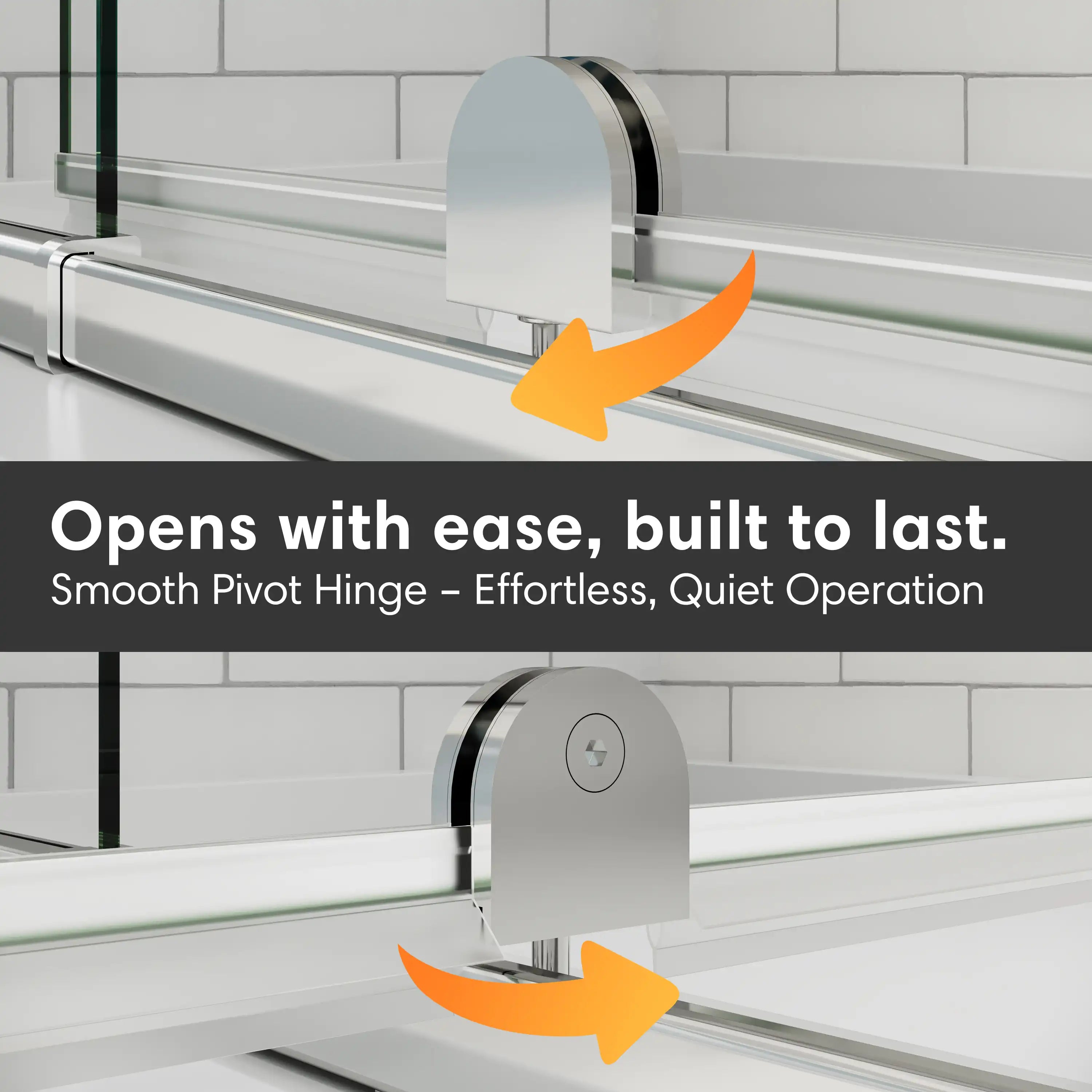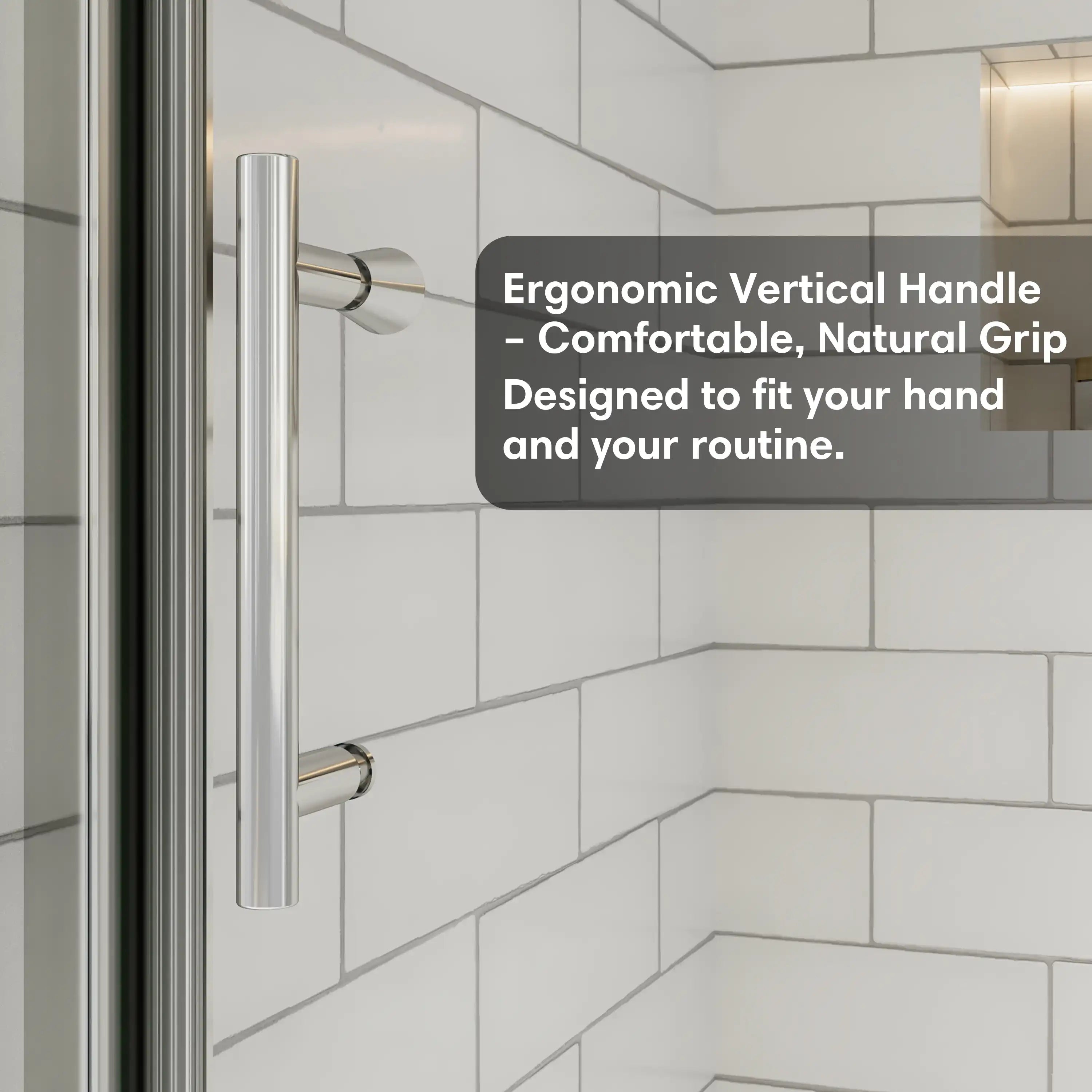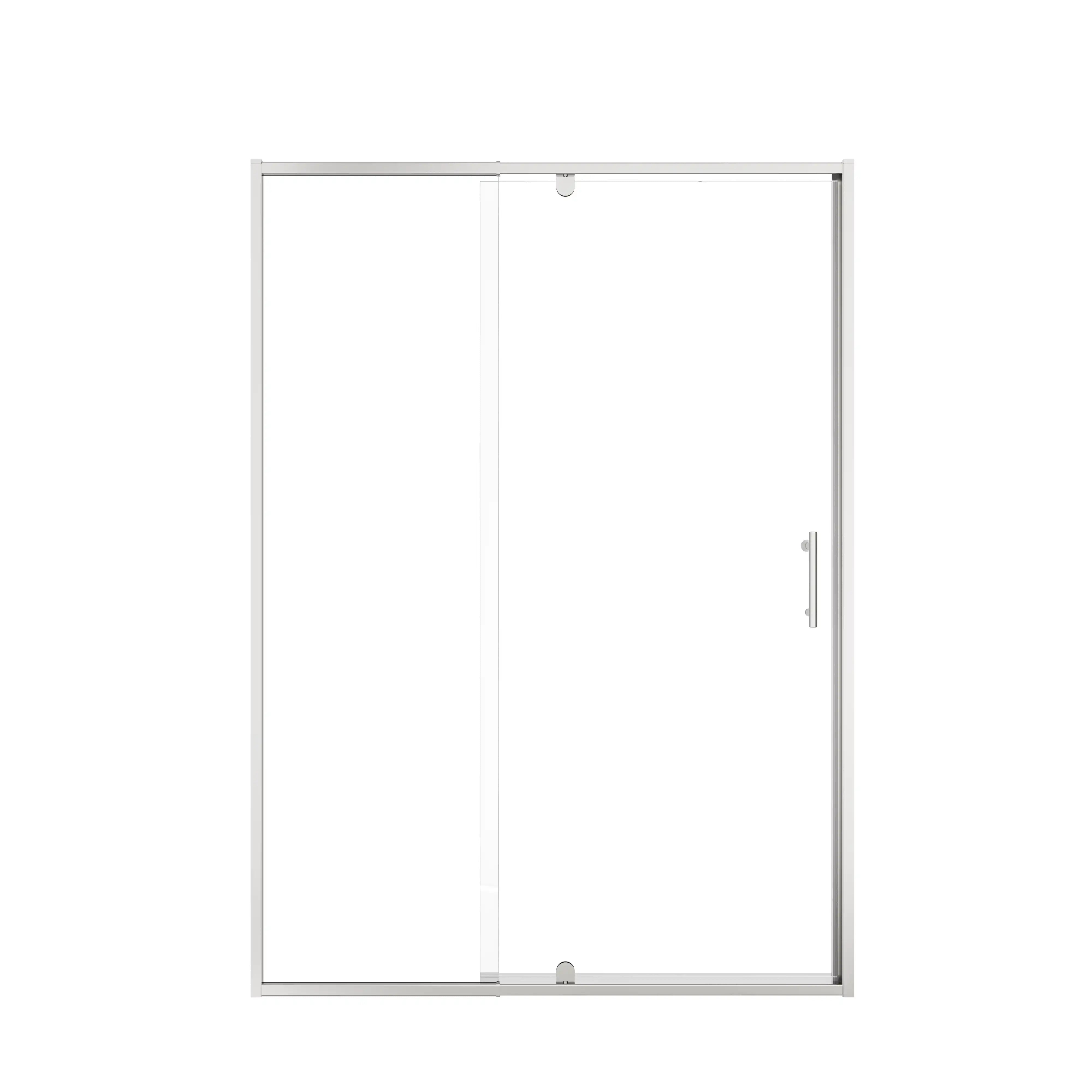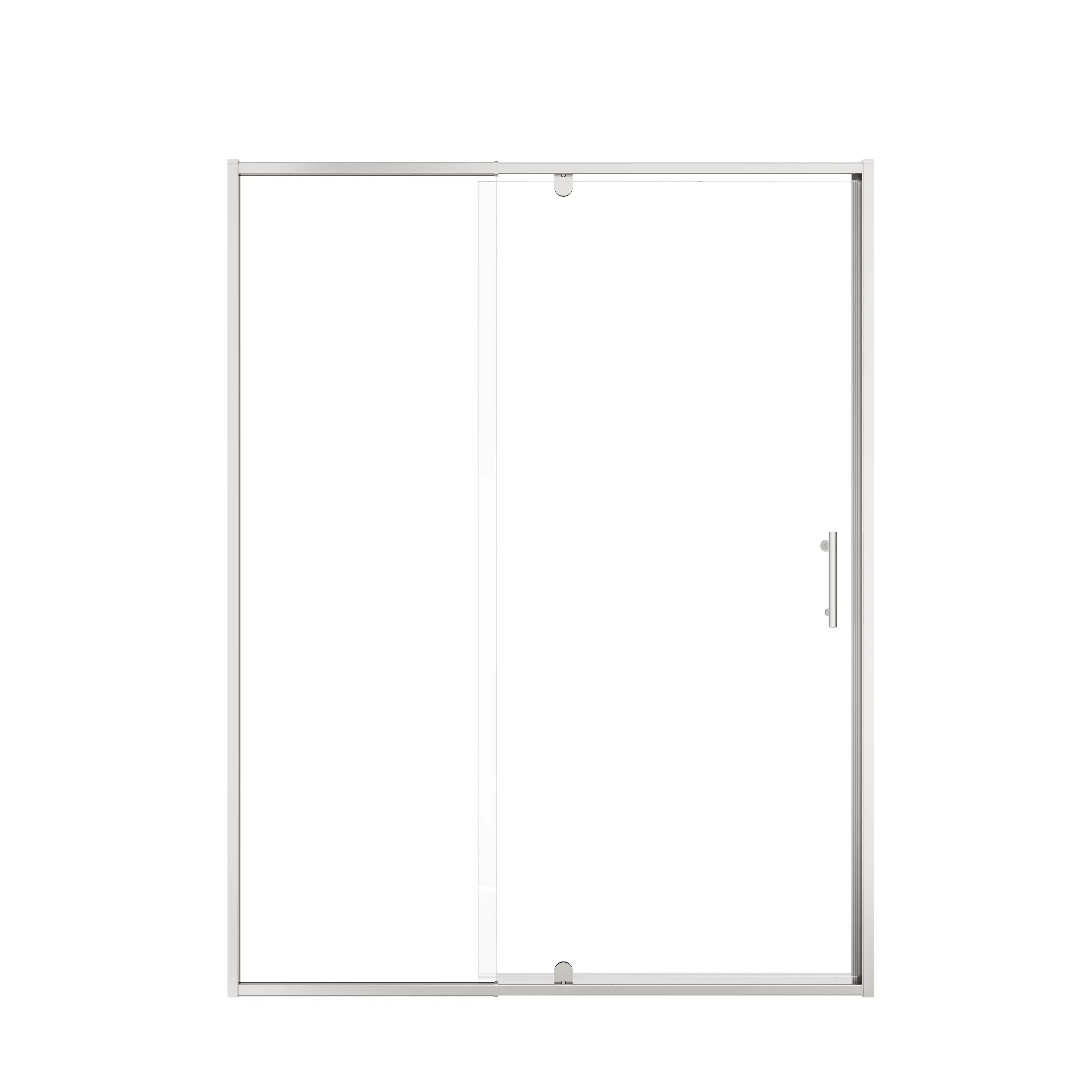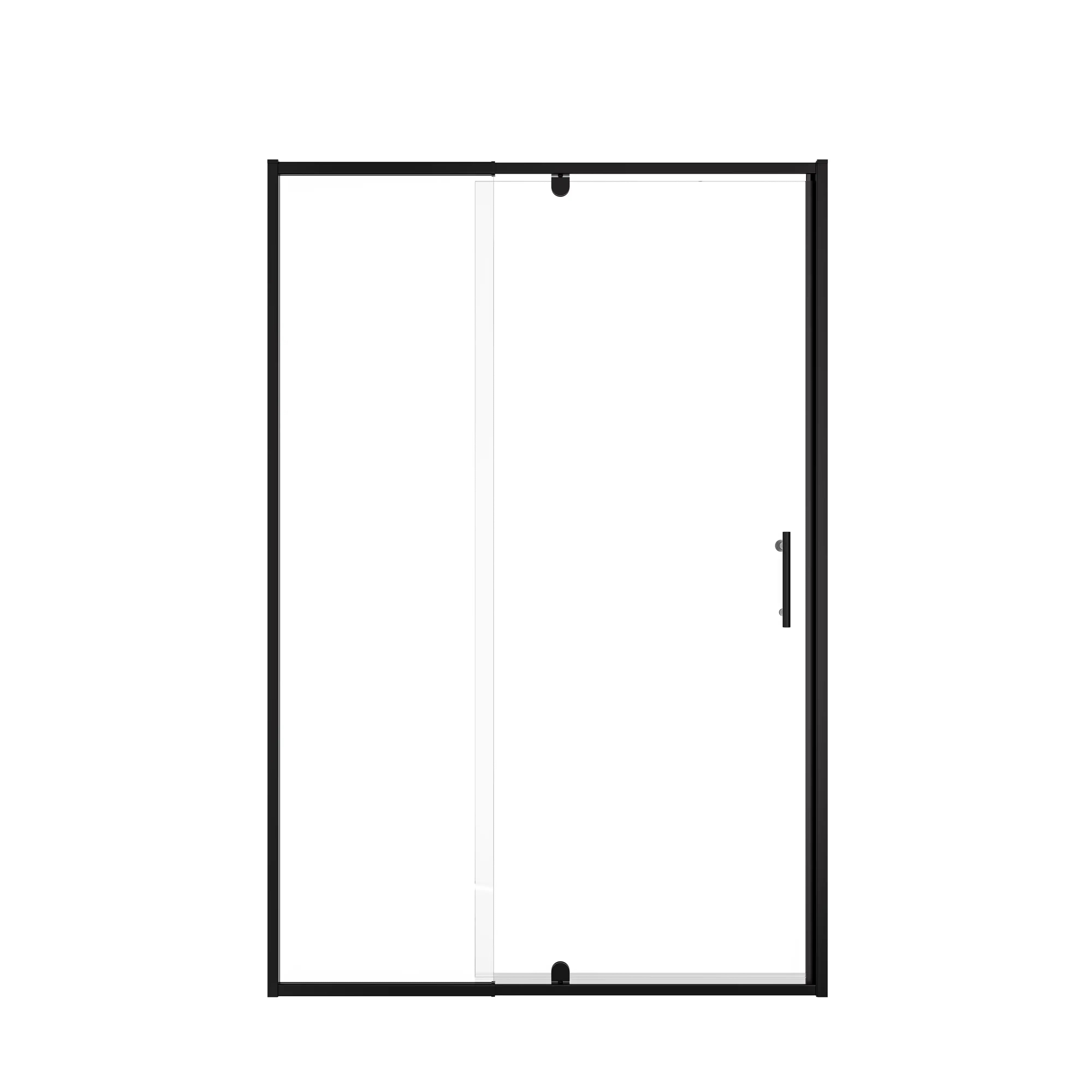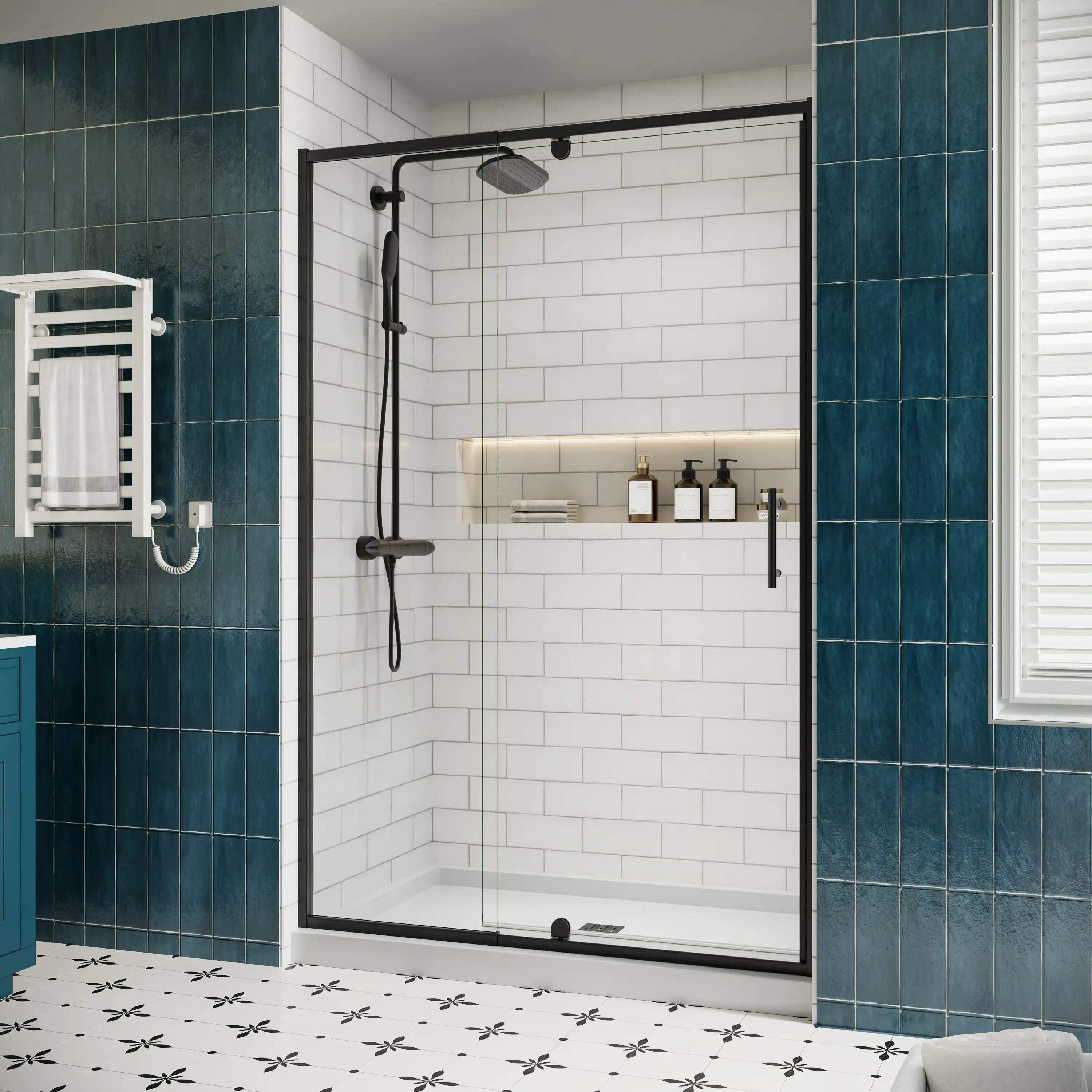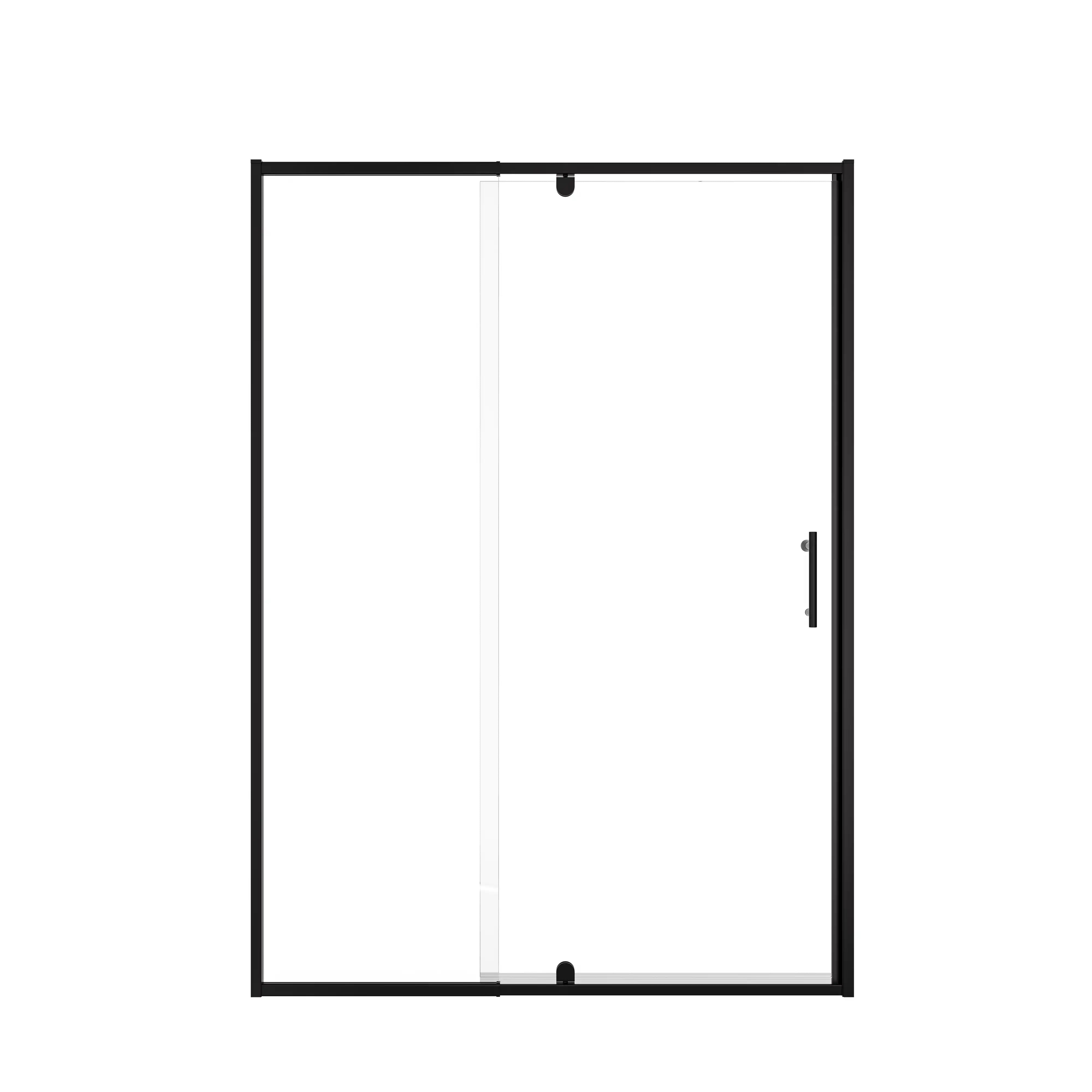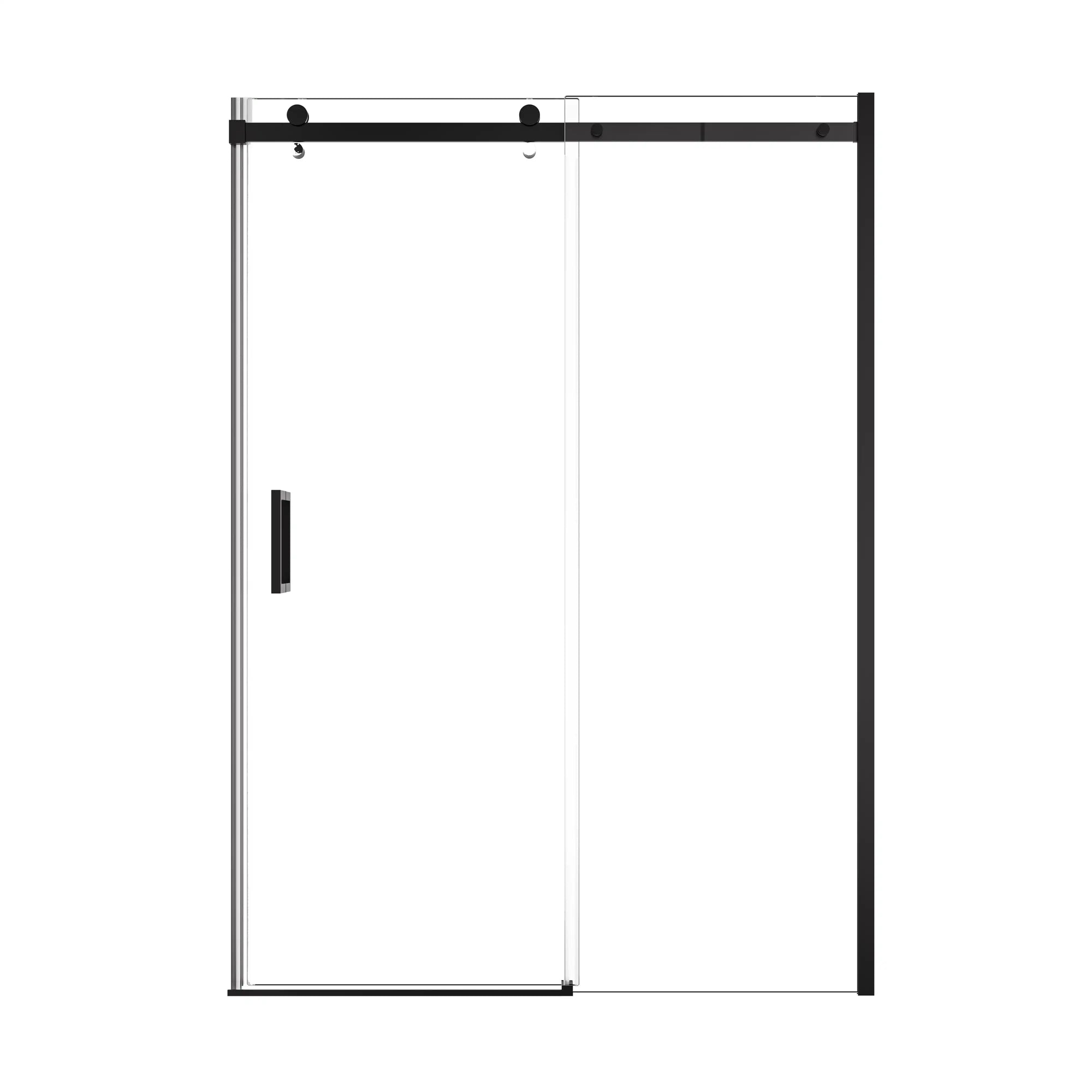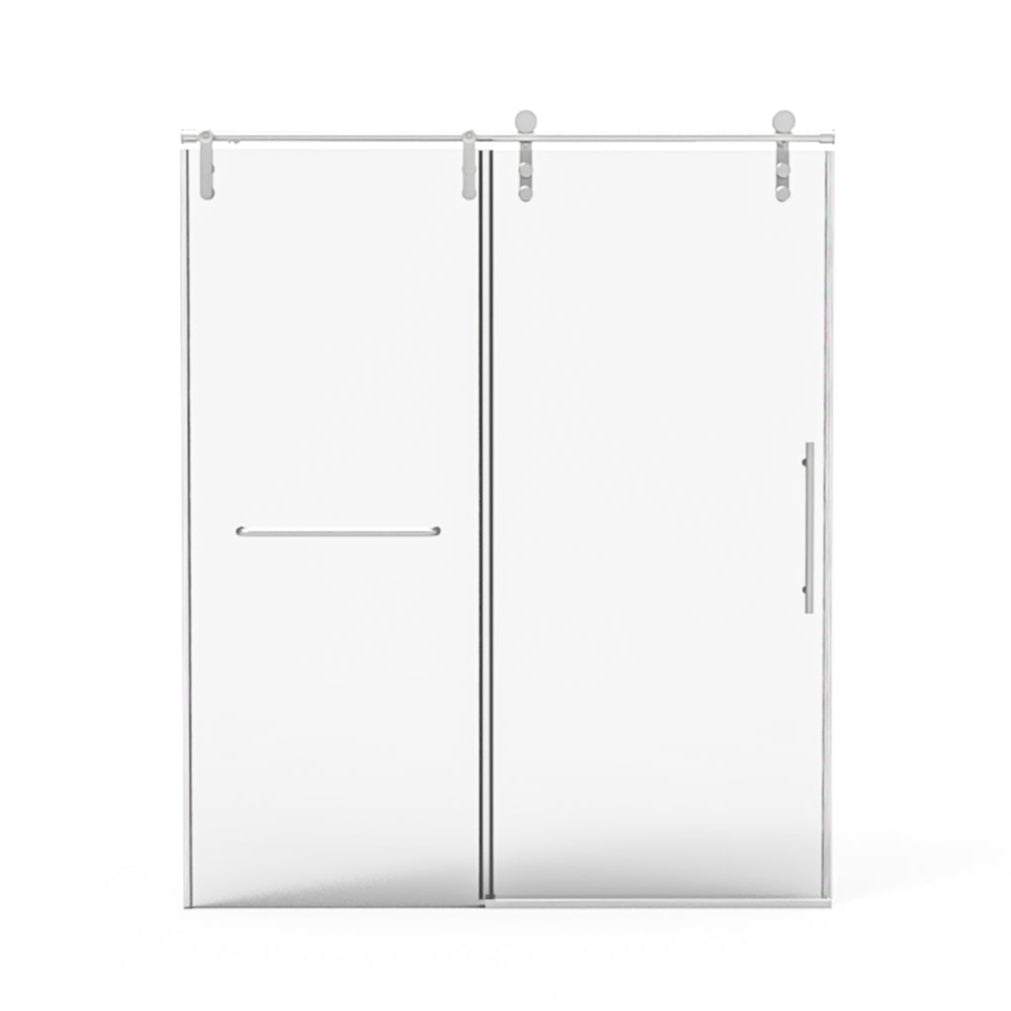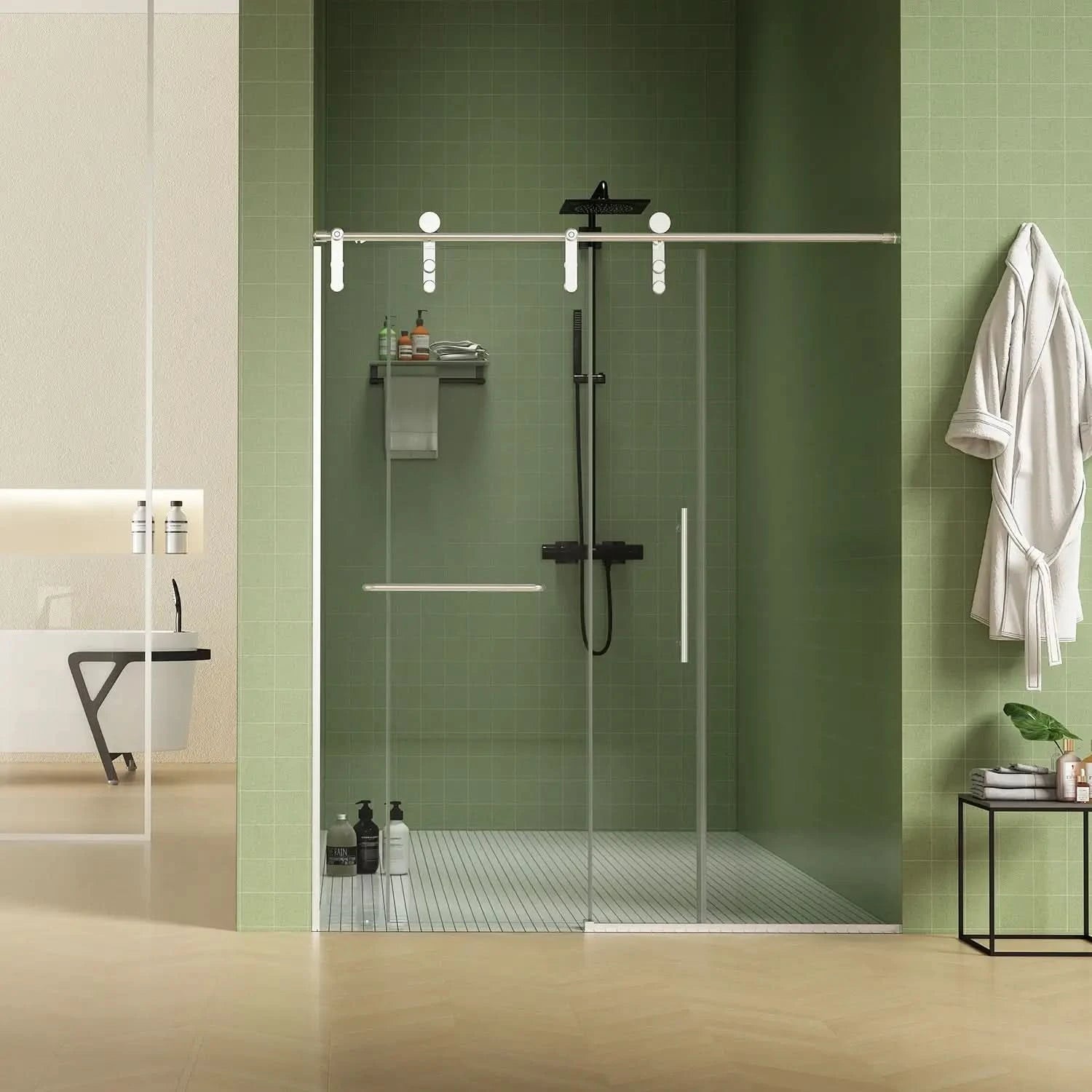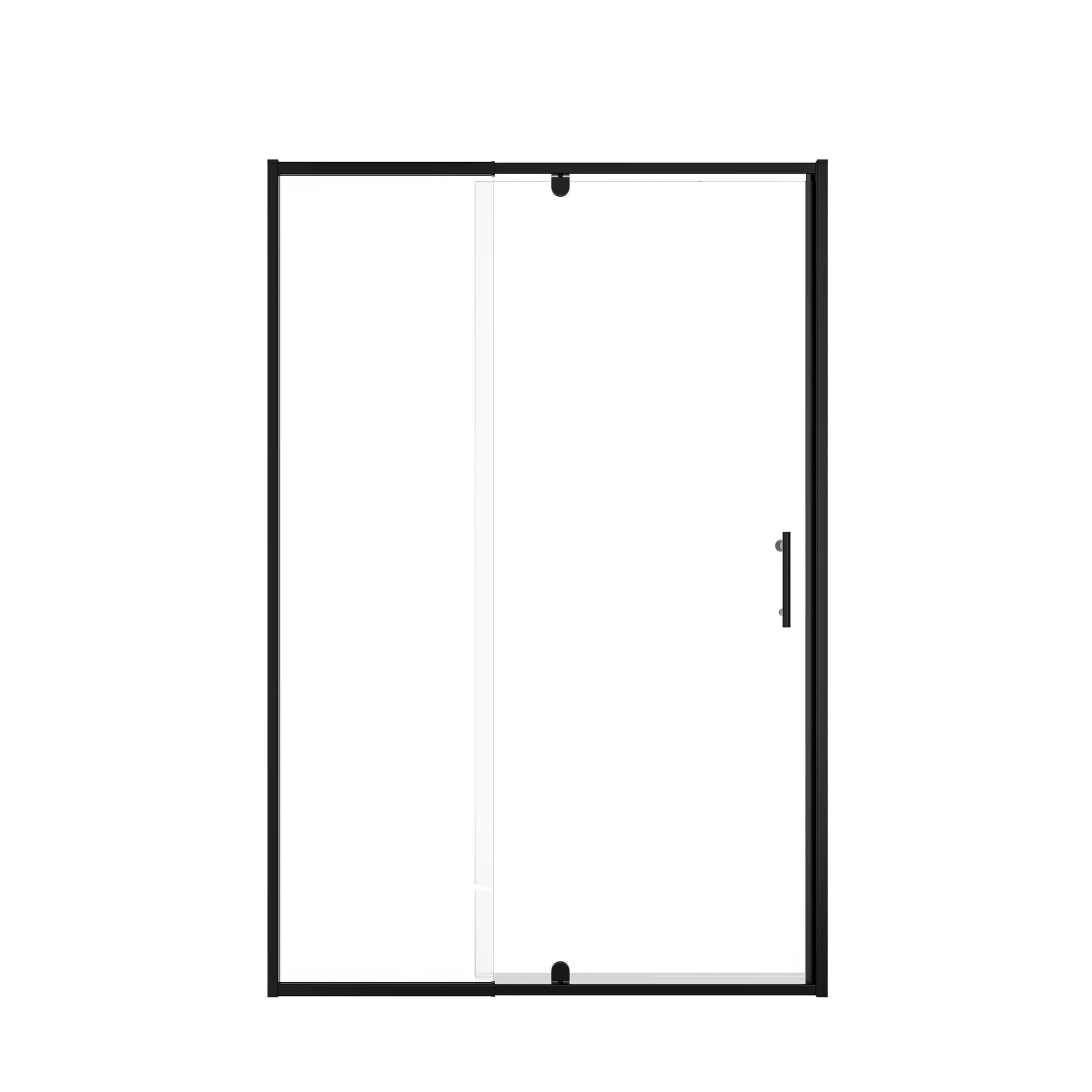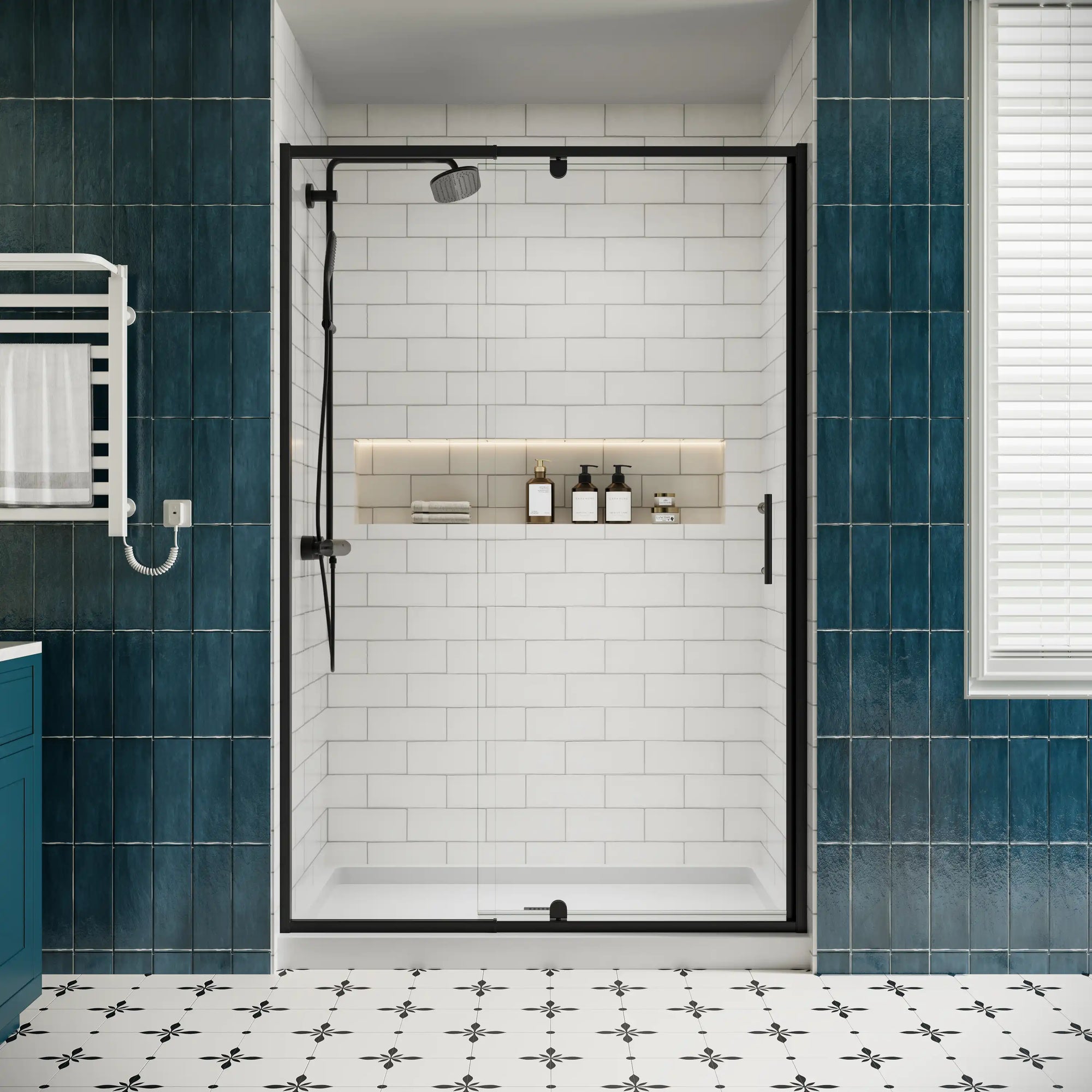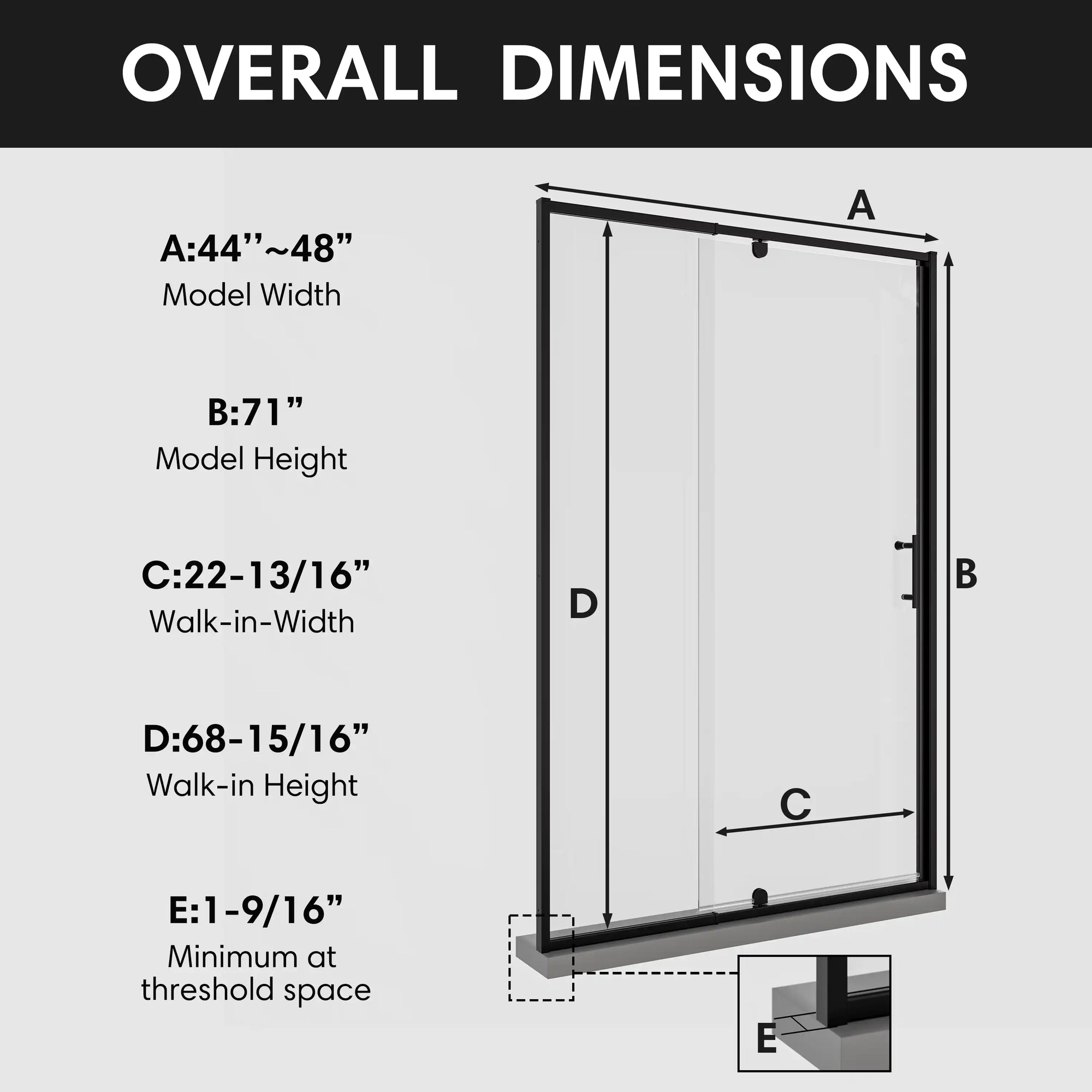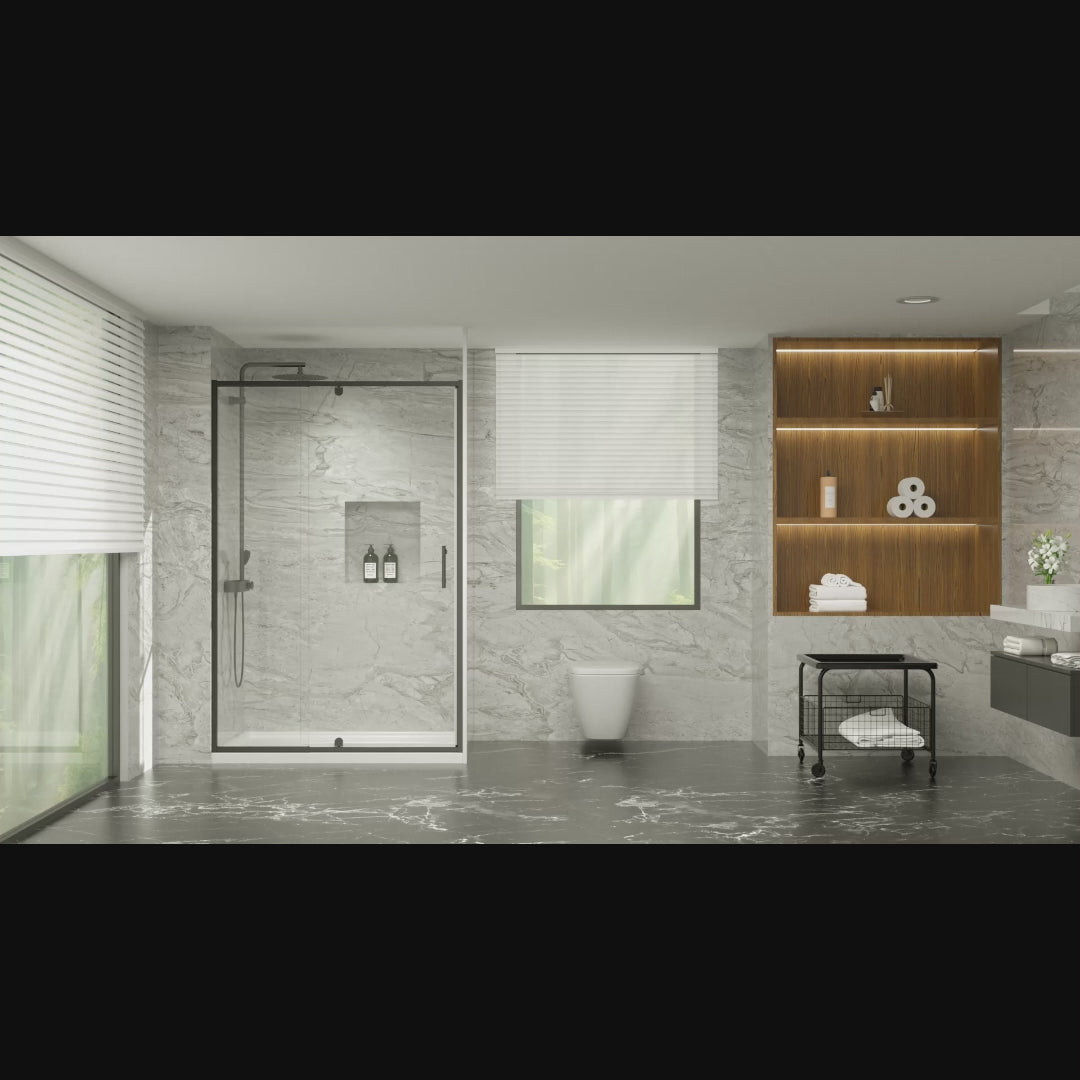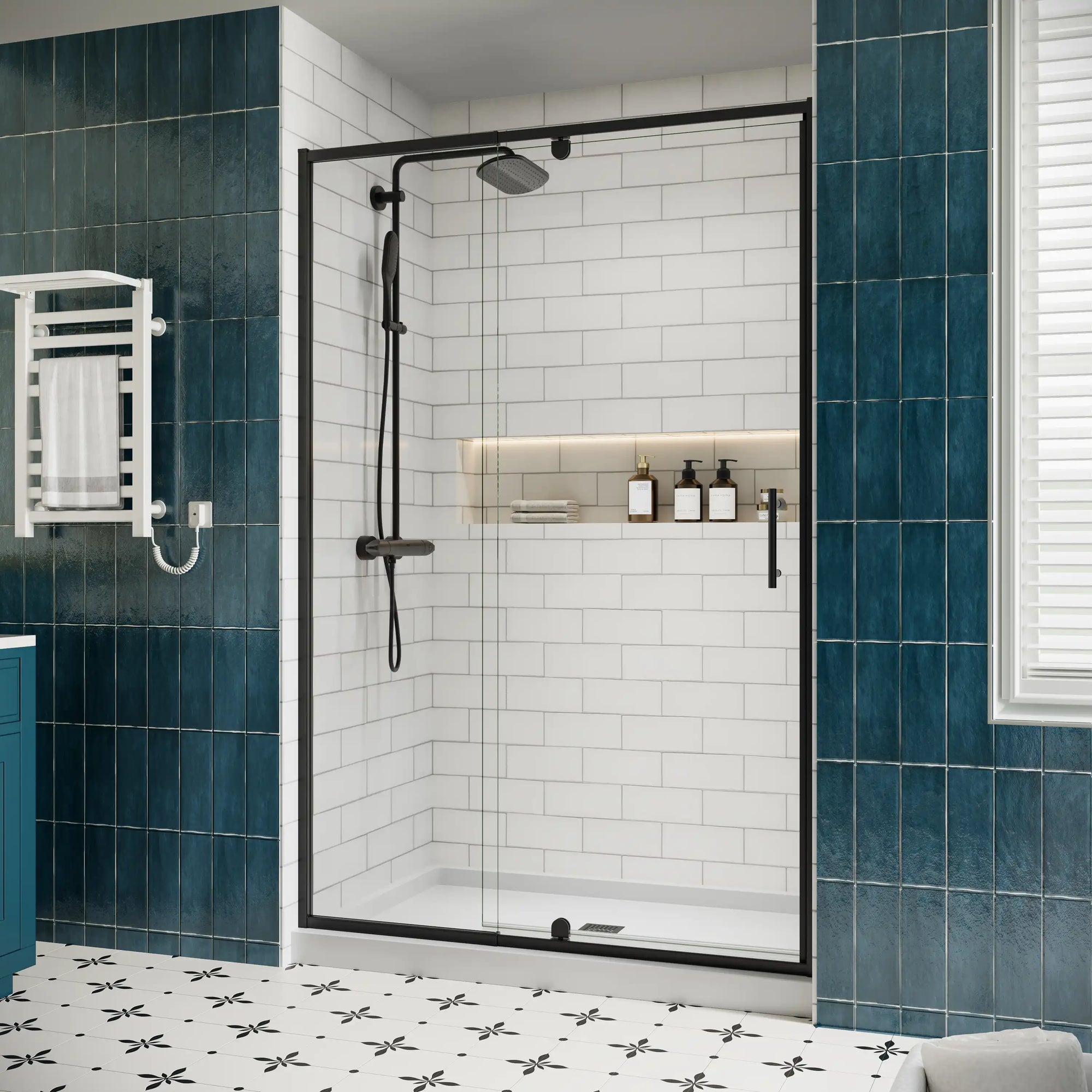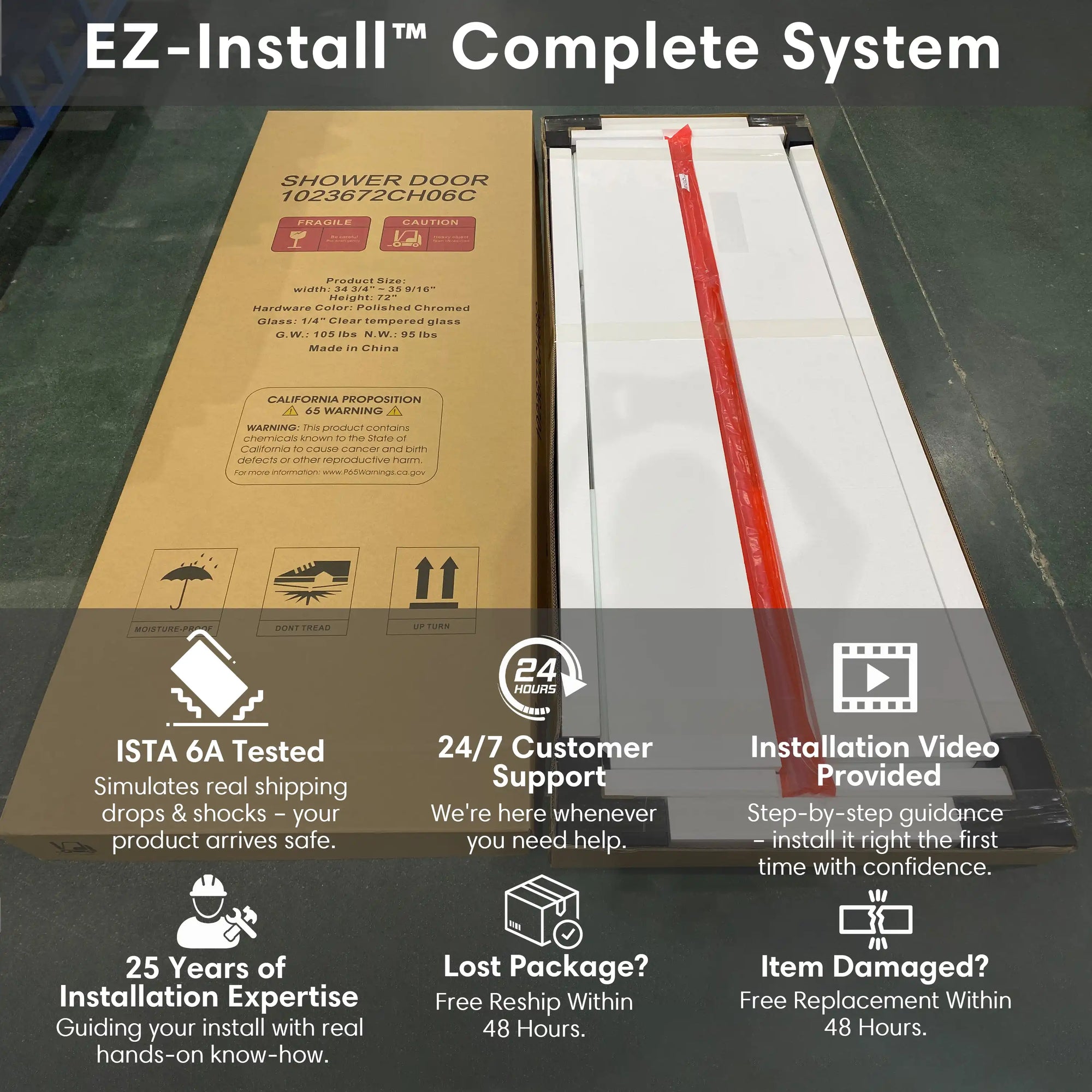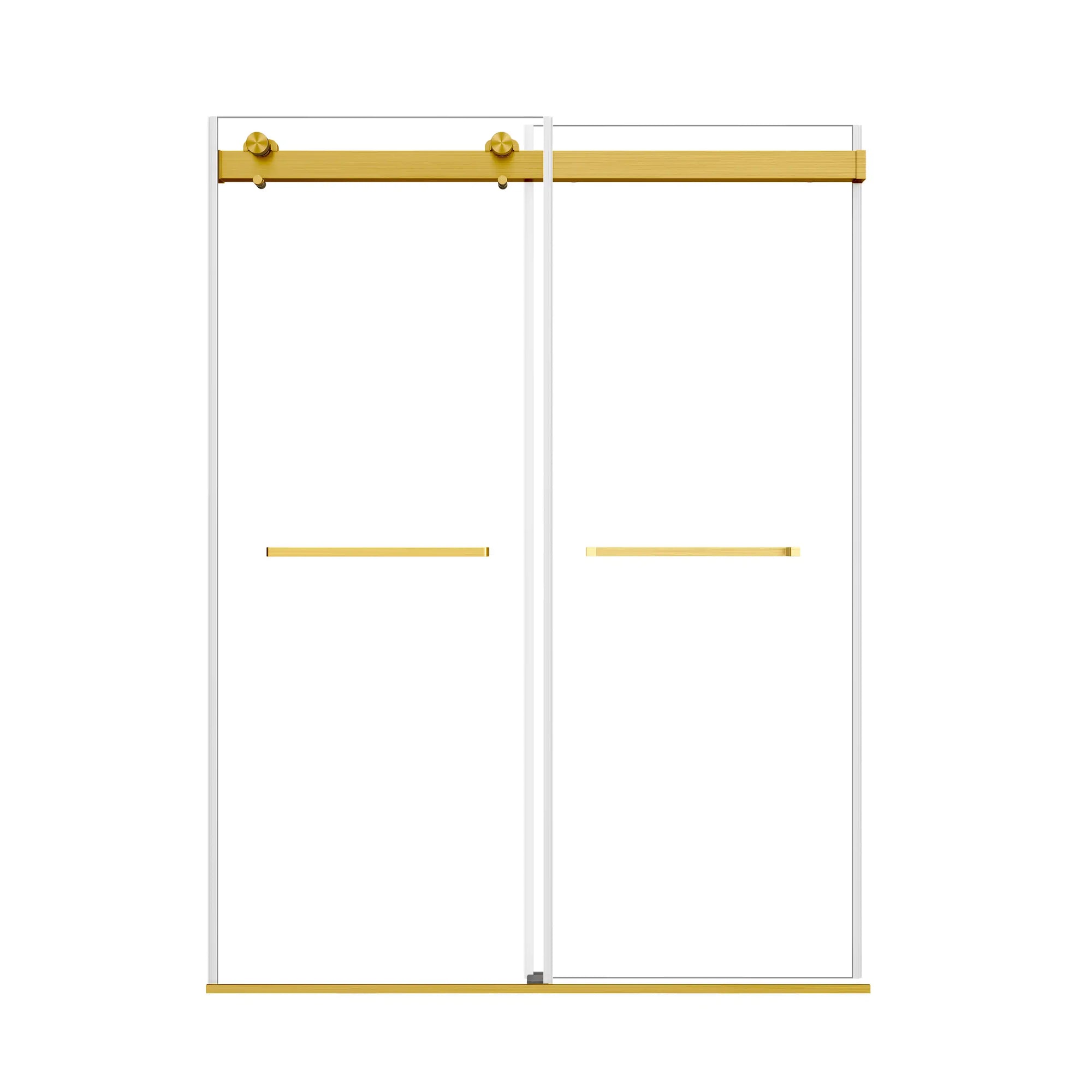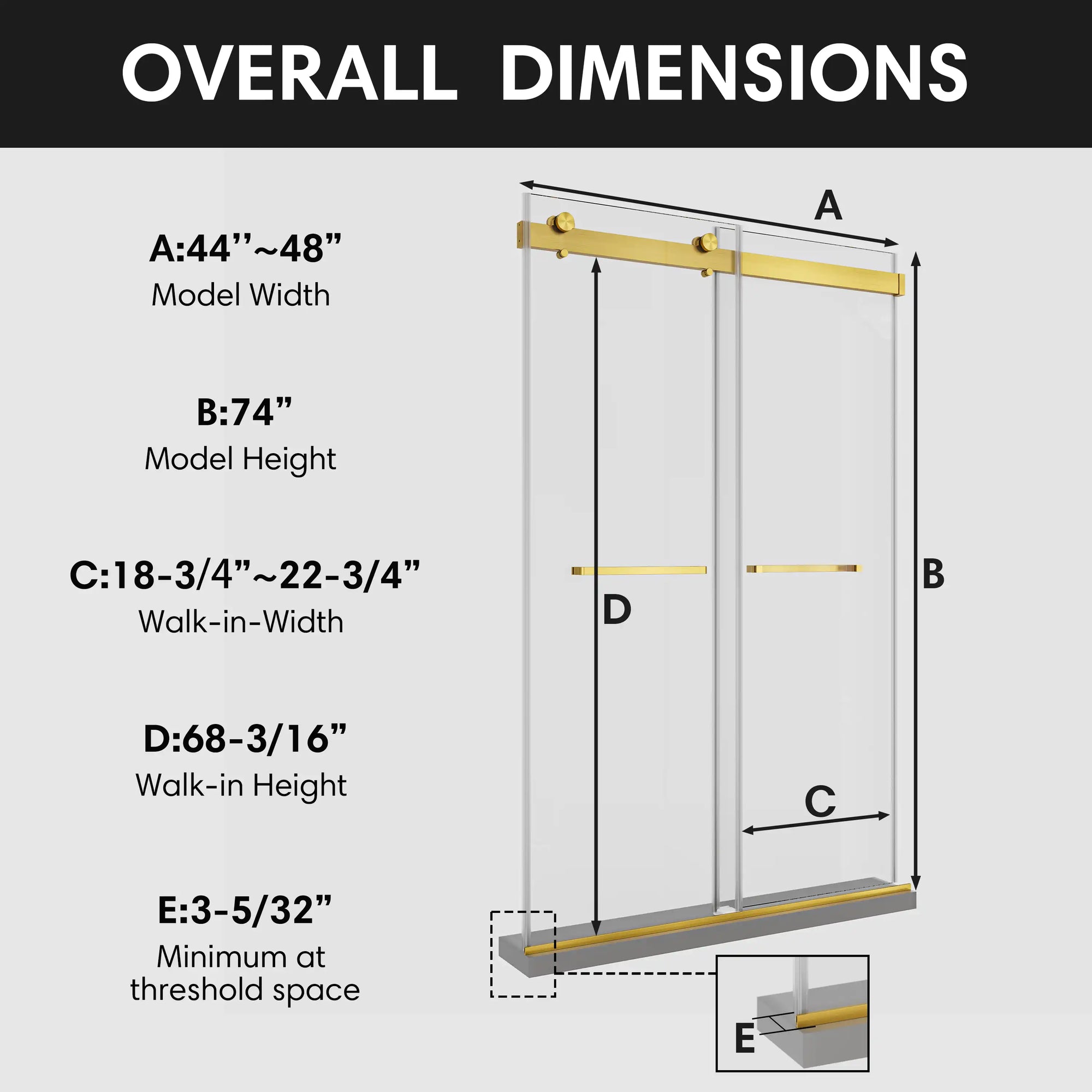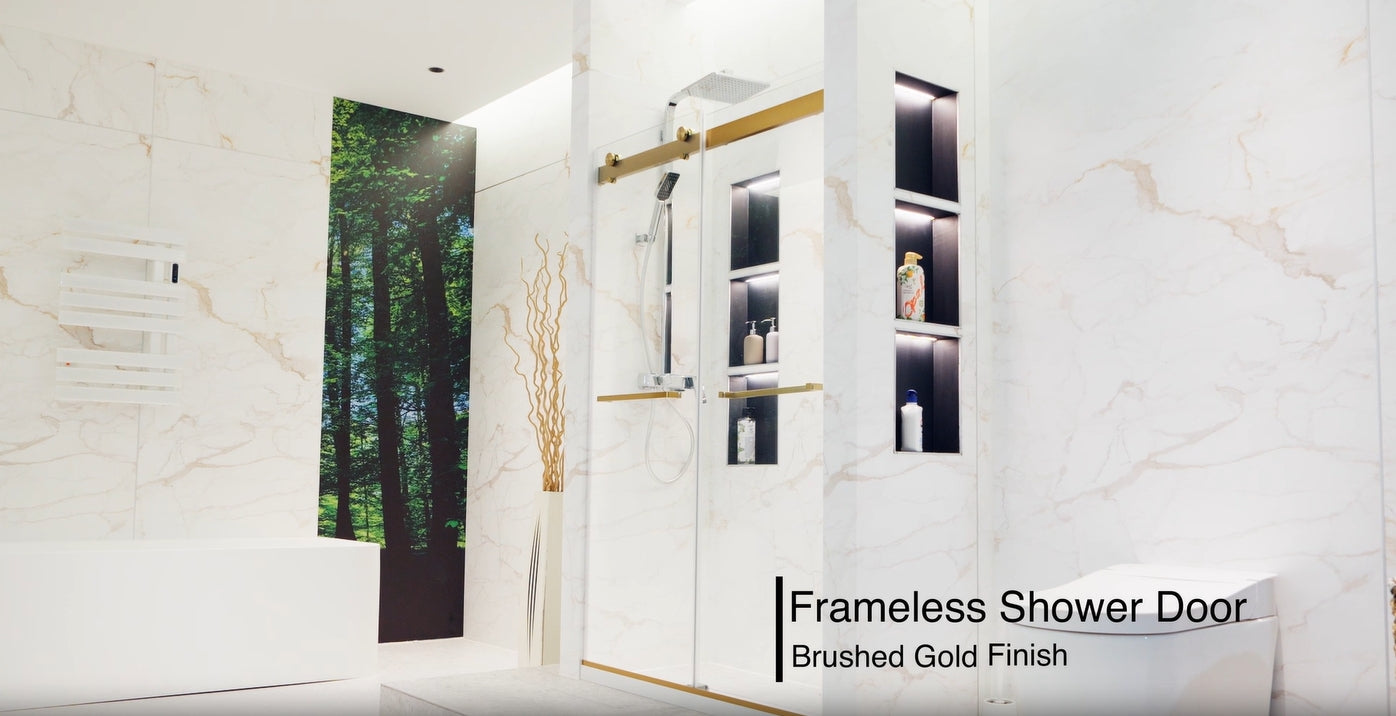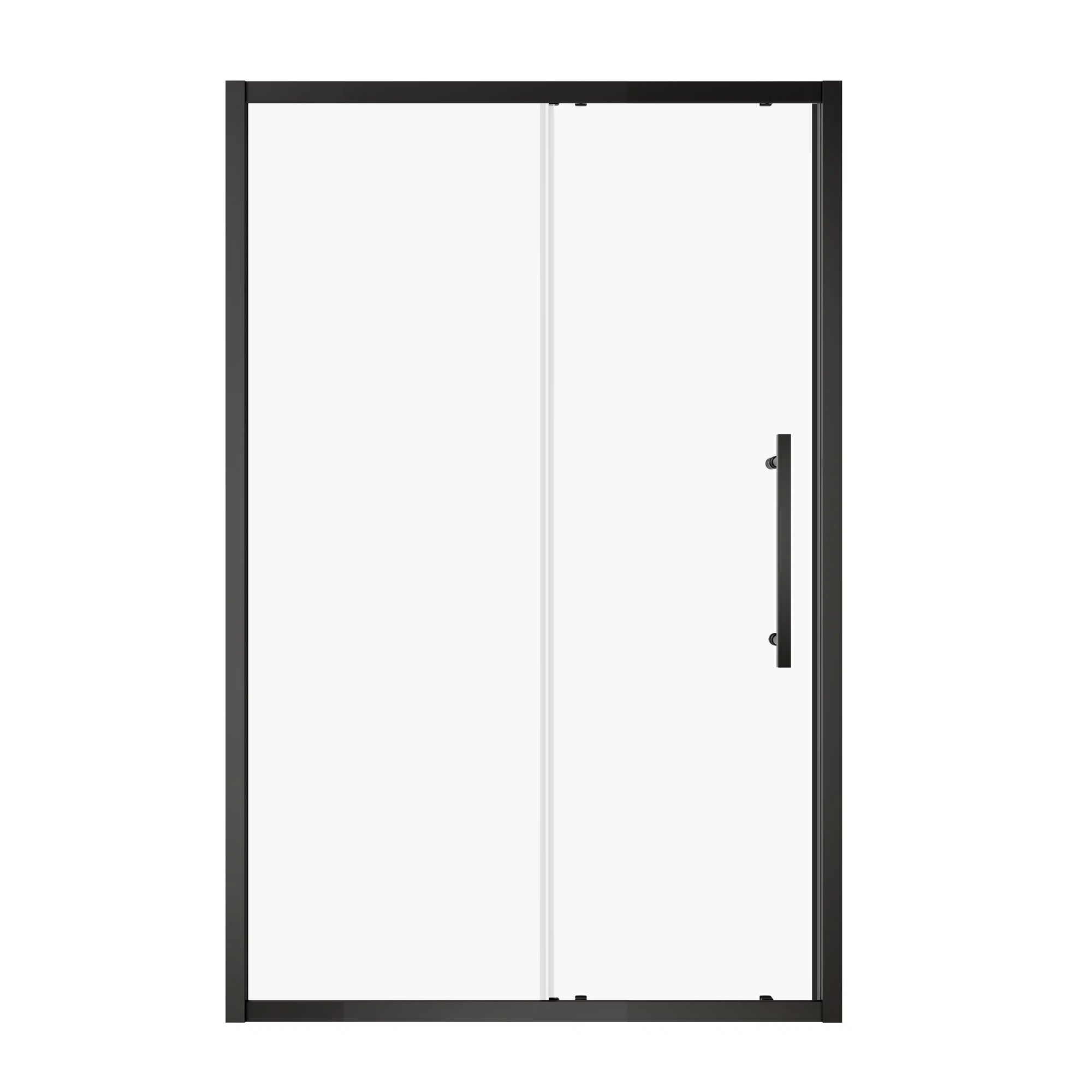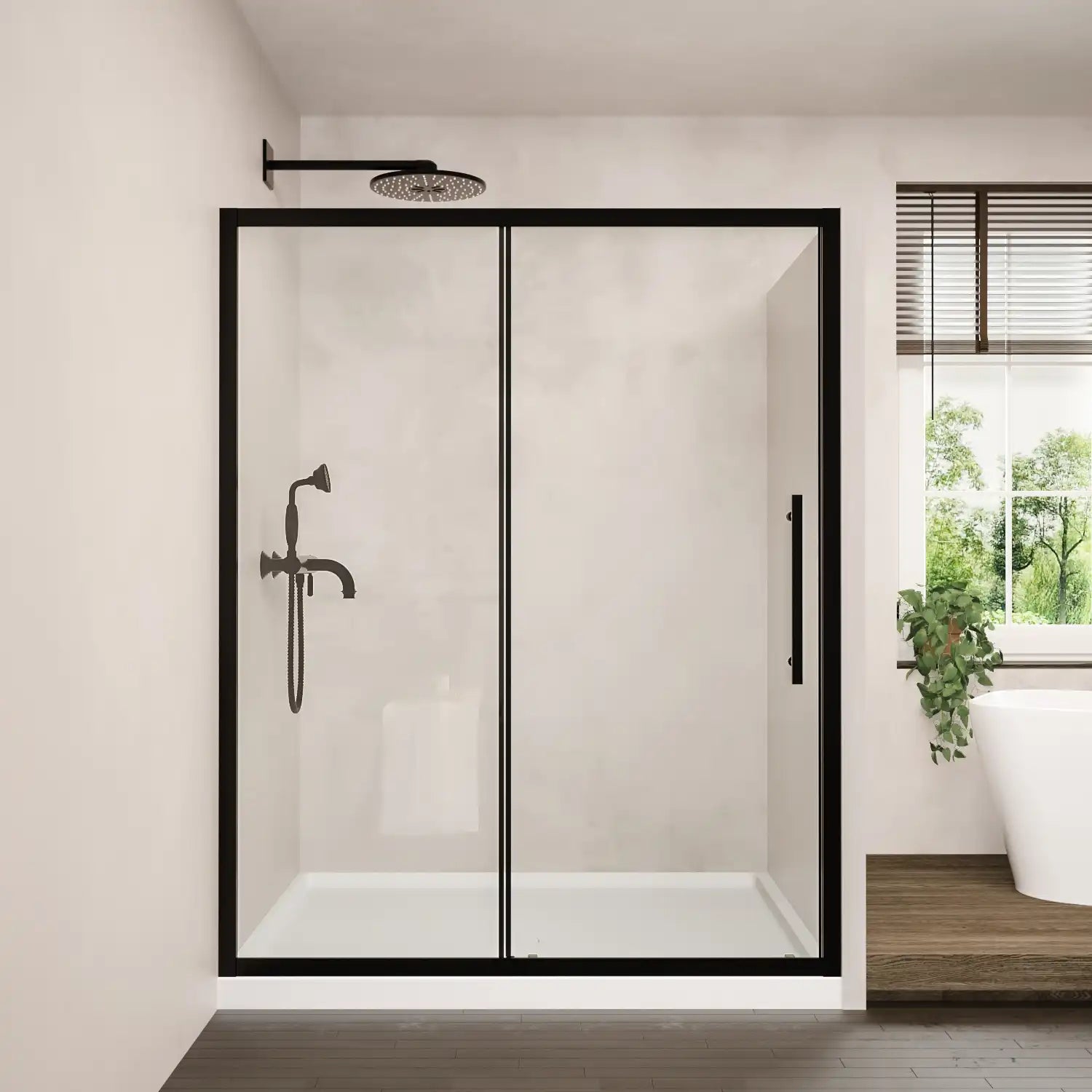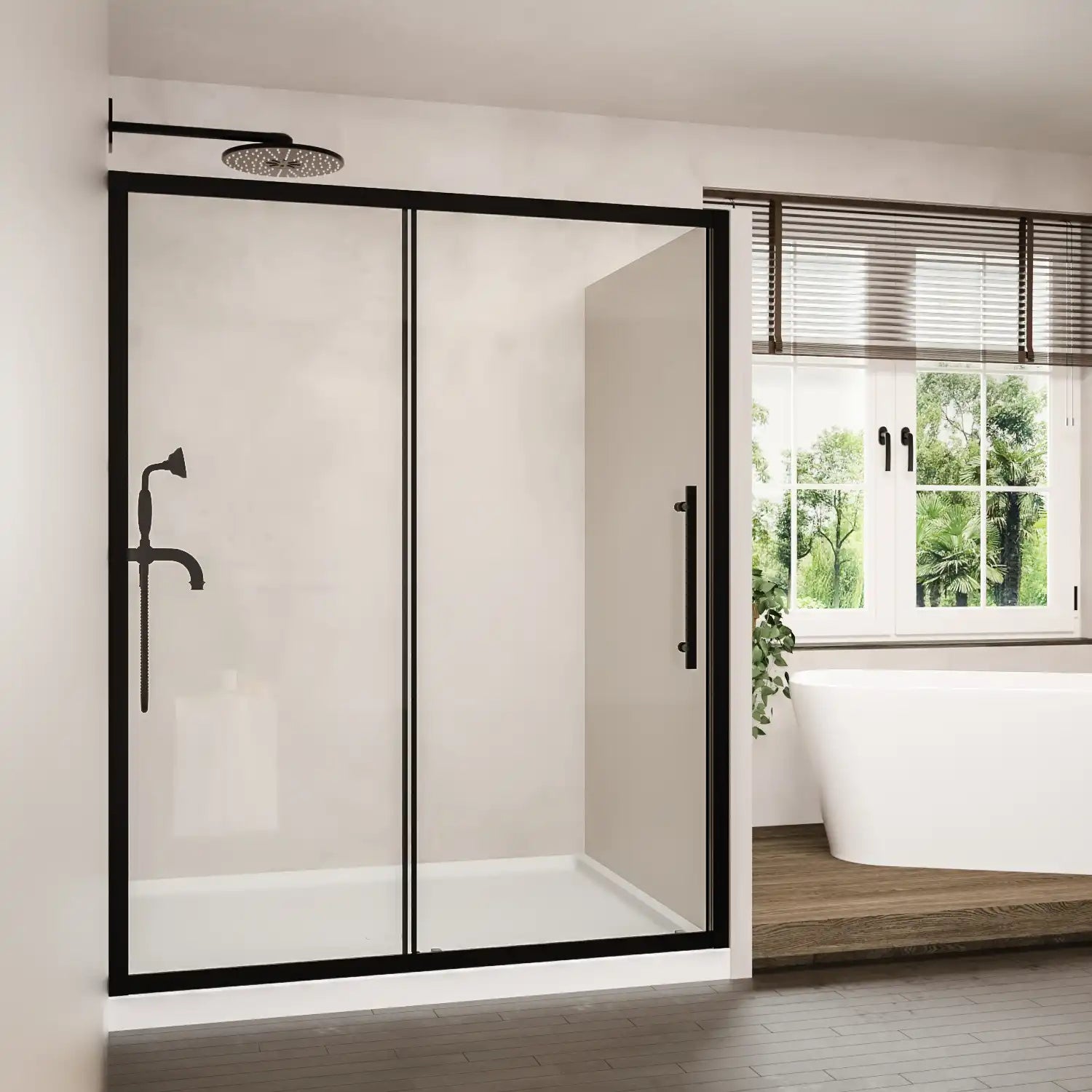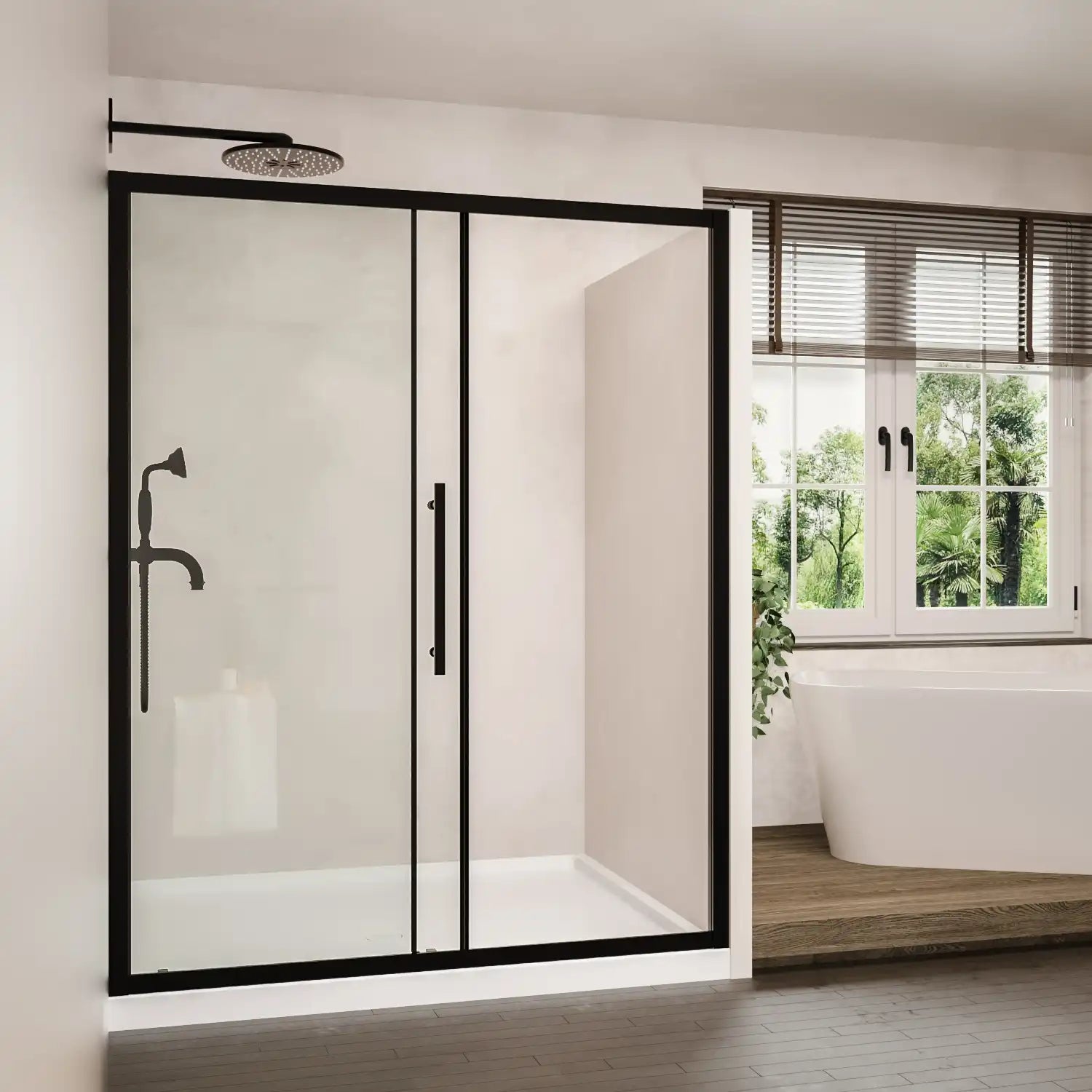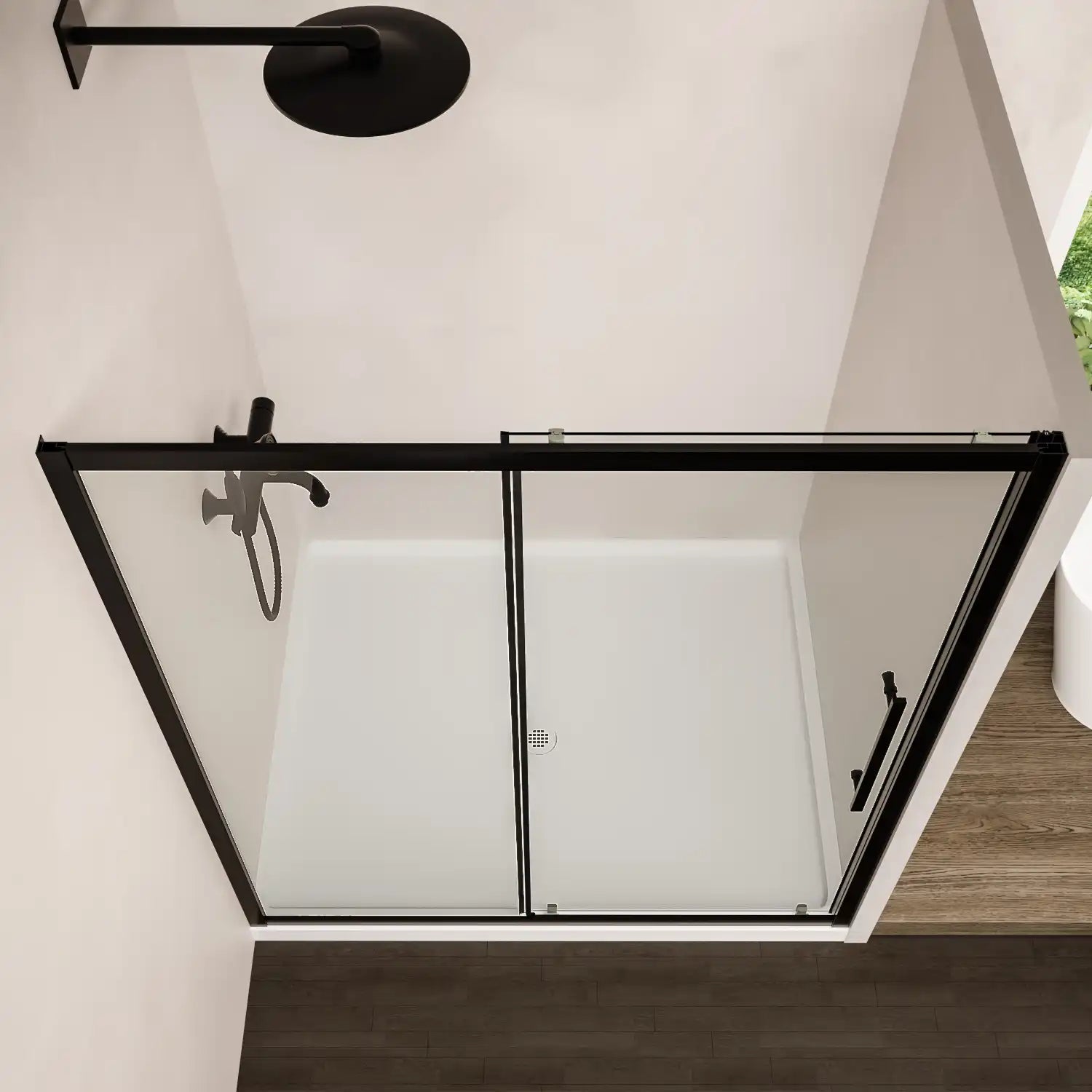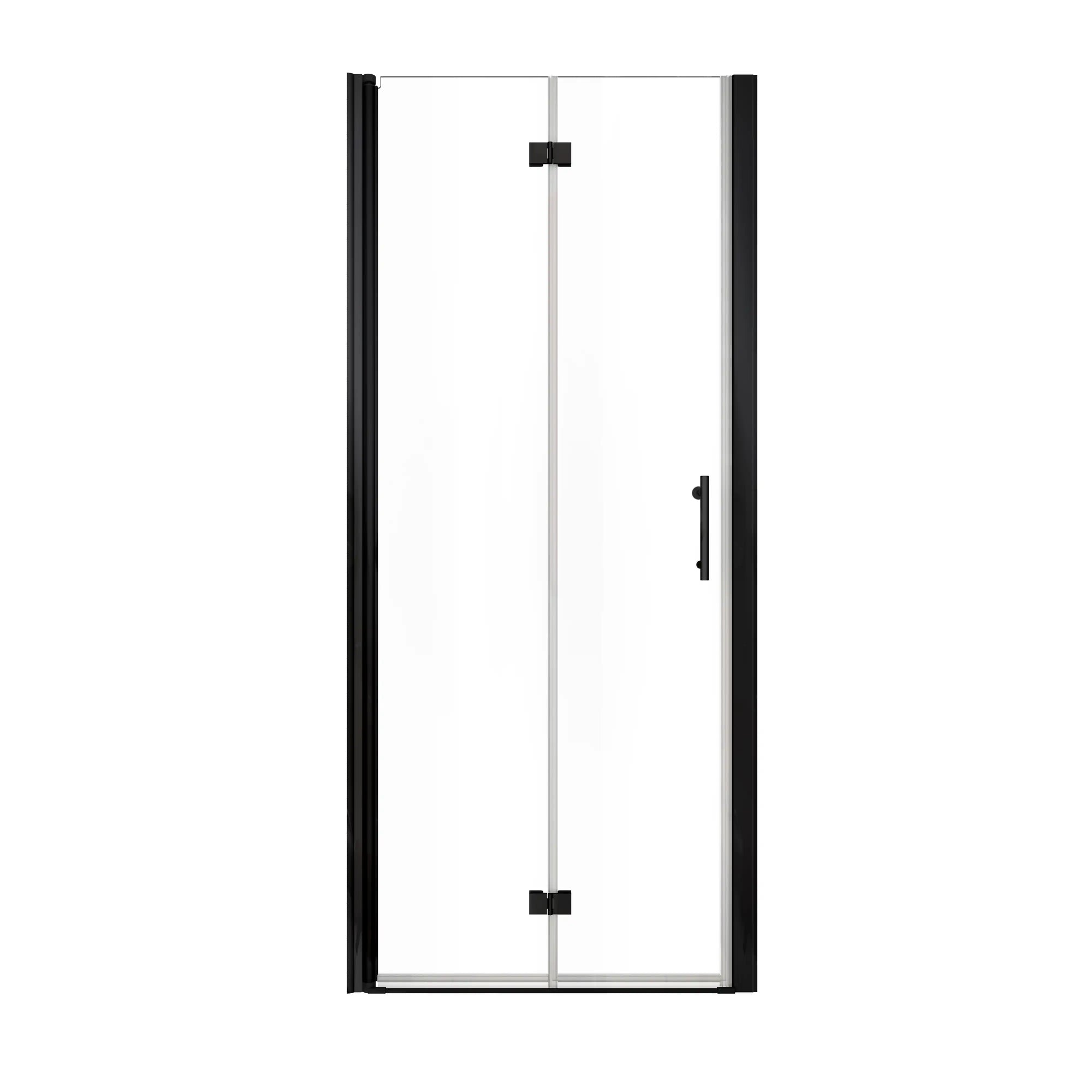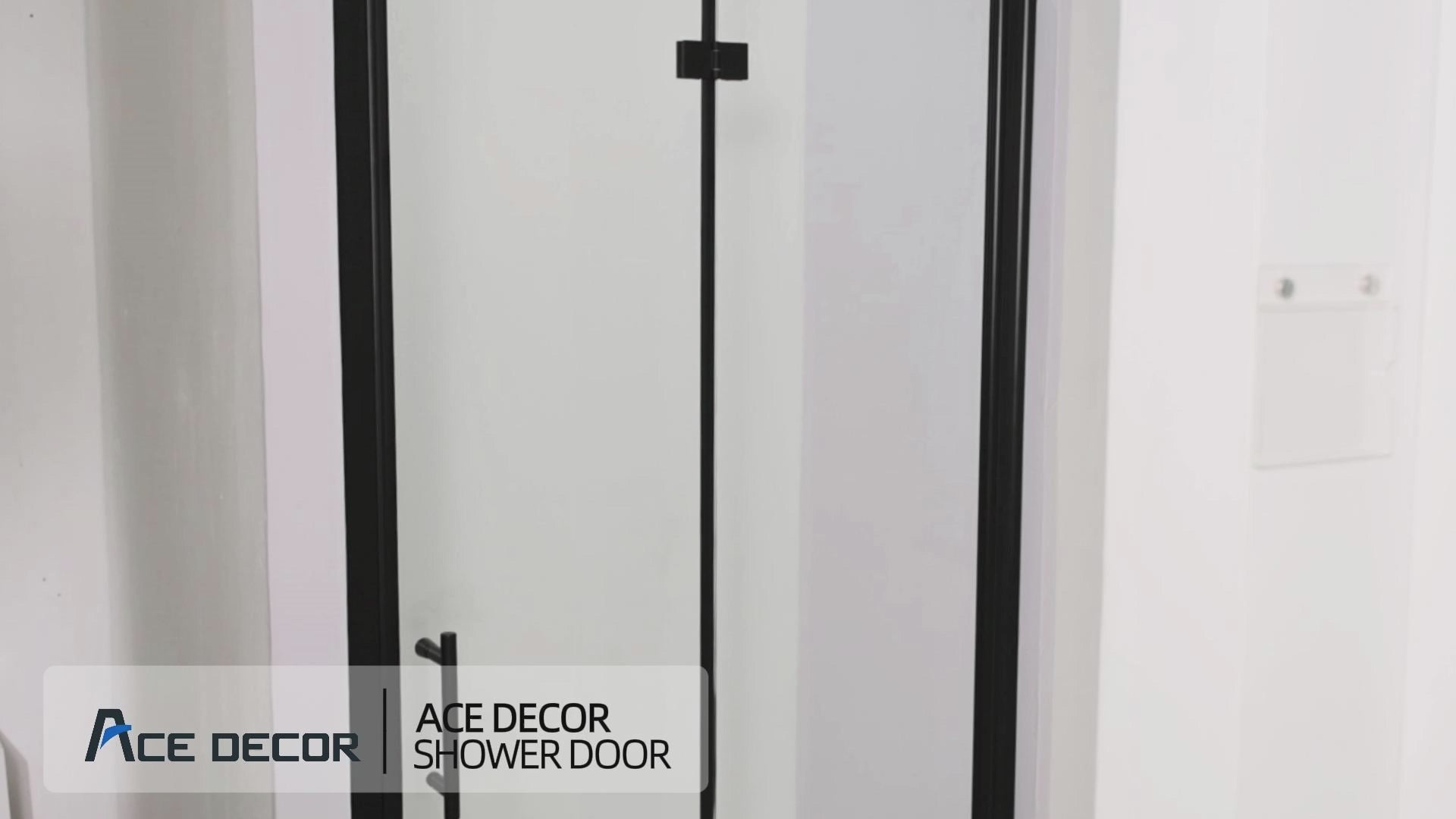Introduction
To be frank, when most of us daydream about updating our bath, we imagining rain shower heads, warm lighting and possibly a wee plant in the corner. But then comes the not-so-glamorous reality: choosing the right shower door. And believe me, it is not as simple as it seems.
One of the biggest head-scratchers? Pivot shower door vs hinged. While that may seem similar at a glance, the way they function — and the way they function for you — can actually be quite different. From how they swing (as in literally) to how well they last over the years, the option that you choose can really impact your daily life.
In this post, we will explain the everything No jargon. No showroom sales talk. Five main things you really care about — space, style, water control, durability, and how these doors work in your actual, everyday life. Sound good? Let’s step in.
Table of Contents:
- 1. What’s the Real Difference Between Pivot and Hinged Shower Doors?
- 2. Space Matters: Which Door Type Wins in a Compact Bathroom?
- 3. Style Check: Modern Looks vs Classic Appeal
- 4. Safety & Water Control: What Keeps Your Bathroom Dry and Secure?
- 5. Long-Term Durability: Which Door Ages More Gracefully?
- Conclusion: So... Which One Should You Choose?
- Frequently Asked Questions (FAQ)
1. What’s the Real Difference Between Pivot and Hinged Shower Doors?
First things first, what is a pivot shower door, and how does it compare to a hinged shower door?
A pivot shower door rotates on a central or offset pivot hinge at the top and bottom of the door frame. This setup allows the door to swing in both directions. It's perfect if you like the idea of flexibility and easy access from either side.
On the flip side, a hinged shower door functions more like a traditional door. It swings open in one direction on side-mounted hinges, usually mounted to the wall or other panels of glass. It’s got that solid, confident feel: like the kind of door that means business.
Well, if you are someone who wants a bathroom that looks sleek and elegant, you may like a pivot. If you really want that old timey swing-out shower experience, however, hinged doors are a top choice. See, the pivot shower door vs hinged debate is more than a simple argument on movement.

2. Space Matters: Which Door Type Wins in a Compact Bathroom?
The ever-present dilemma: small bath, grand design aspirations. Here's where pivot vs hinged really makes a difference.
Most pivot shower doors swing in and out—which is definitely a win for snug corners or narrow enclosures. The door requires less outward clearance since the pivot point is closer to the center. You can get in and out without literally re-organizing your entire bathroom in order to properly open the door.
Hinged shower doors, though classy and satisfying to swing open, typically need more space in front to operate. That’s not always ideal if your bathroom layout is... let’s say “intimate.” Imagine the door smacking into the vanity every morning. Not fun.
That means in smaller bathrooms or layouts where space is limited, pivot doors are the winners. However if you have some leeway, and room to move as well, then hinged may still be an option.
3. Style Check: Modern Looks vs Classic Appeal
Let’s talk aesthetics, because let’s face it—function matters, but style seals the deal.
Pivot shower doors are a serious lean into the minimalist, spa-like aesthetic. Imagine glass panels with almost invisible hardware. They look gorgeous in frameless or semi-frameless designs and provide your shower with that open, airy look. If your Pinterest board screams “modern retreat,” the pivot might be your soulmate.
Hinged shower doors, on the other hand, are more classic. They provide a little more framing, and tend to appear a bit more tailored. Use hinged designs to complement a classic bath, a vintage touch, or as an element of your transitional style.
Both options can be customized with clear, frosted, or even patterned glass. But if you’re chasing a seamless look or working with lots of straight lines and modern finishes, pivot doors bring a cleaner edge.
4. Safety & Water Control: What Keeps Your Bathroom Dry and Secure?
No one enjoys stepping out of the shower into a puddle. Worse? Slipping in that puddle. Safety and splash control are huge when deciding between a pivot shower door vs hinged setup.
Hinged shower doors often come with more robust sealing options. Since they generally swing out and have a fixed hinge point, it's easier to fit tight magnetic strips and water seals that keep water from escaping. They tend to be a bit more “watertight,” especially in framed versions.
Pivot doors, especially frameless models, can be slightly trickier when it comes to water control. Since the door often pivots inside the enclosure, there’s more room for gaps. That said, modern designs have improved considerably, with built-in water sweeps and thresholds. But still, if splash-proofing is high priority (hello, kids!), hinged may feel more secure.
In terms of safety, both doors are typically made from tempered safety glass, so you’re covered there. But hinged doors that open outward only might pose a risk in tight spaces, while pivot doors that open inward can help prevent water from spilling out during bath times.
Bottom line: For best splash control — and peace of mind? Hinged gets the edge.

5. Long-Term Durability: Which Door Ages More Gracefully?
Fast-forward to a few years later — because you really don't want your shower of your dreams to become a squeaky, sagging nightmare.
Hinged shower doors are like that reliable friend who shows up on time and remembers your birthday. With fewer moving parts and side-mounted hinges, they tend to stay solid over time. The pressure on the hinges is directional and predictable, so there's less wear and tear from odd angles.
While less flexible, pivot doors distribute the weight of the door on top and bottom pivot points. Which puts greater stress on the base and ceiling mounts. You'll eventually see wobble, or worse, misalignment over time if not properly installed or cleaned regularly.
That said, modern pivot systems are engineered to last, especially in high-quality builds. As long as you avoid low-grade materials (you know, the kind where the metal peels like a bad sunburn), you should be fine.
Maintenance-wise, both require occasional tightening and cleaning of hardware. But hinged doors generally demand less upkeep over a decade of use.

Conclusion: So... Which One Should You Choose?
Like any good debate, the answer to pivot shower door vs hinged is not black and white — it is personal.
-
Got a tiny bathroom? Pivot.
-
Want a bold, classic swing-out look? Hinged.
-
Prioritizing sleek aesthetics? Pivot.
-
Looking for watertight security and low-maintenance life? Hinged.
-
Planning for long-term durability? Hinged again.
-
But if you just love the drama of a double-swing door? Pivot’s your jam.
The best part? Whatever option you do decide on, you are elevating your everyday experience and bringing your bathroom to be a bit more of a reflection of you. And honestly, that is the best decision of all.
Frequently Asked Questions (FAQ)
1. Are pivot shower doors safe for families with kids or seniors?
A: Absolutely. Just make sure the door opens inward to prevent flooding and always opt for tempered safety glass. Some pivot doors also come with soft-close features that reduce slamming.
2. Can I install a pivot or hinged door by myself?
A: Technically, yes. But because precise alignment matters (especially for water sealing) and the glass is quite heavy, many folks prefer professional installation.
3. Which type is more likely to leak water?
A: Hinged doors tend to have better sealing around the edges, especially framed versions. Pivot doors are more prone to leakage if not installed with proper seals or thresholds.
4. Do pivot doors need more maintenance than hinged?
A: Slightly, yes. Pivot mechanisms can collect grime at the base and may need more frequent checks for alignment or cleaning. Hinged doors are simpler in structure.
5. Which type is more compatible with frameless shower designs?
A: Pivot doors are the go-to for frameless, minimalist designs. Their hinge placement and movement make them ideal for that floating-glass look.
Related Articles
What is a Pivot Shower Door? Features, Benefits & Installation


